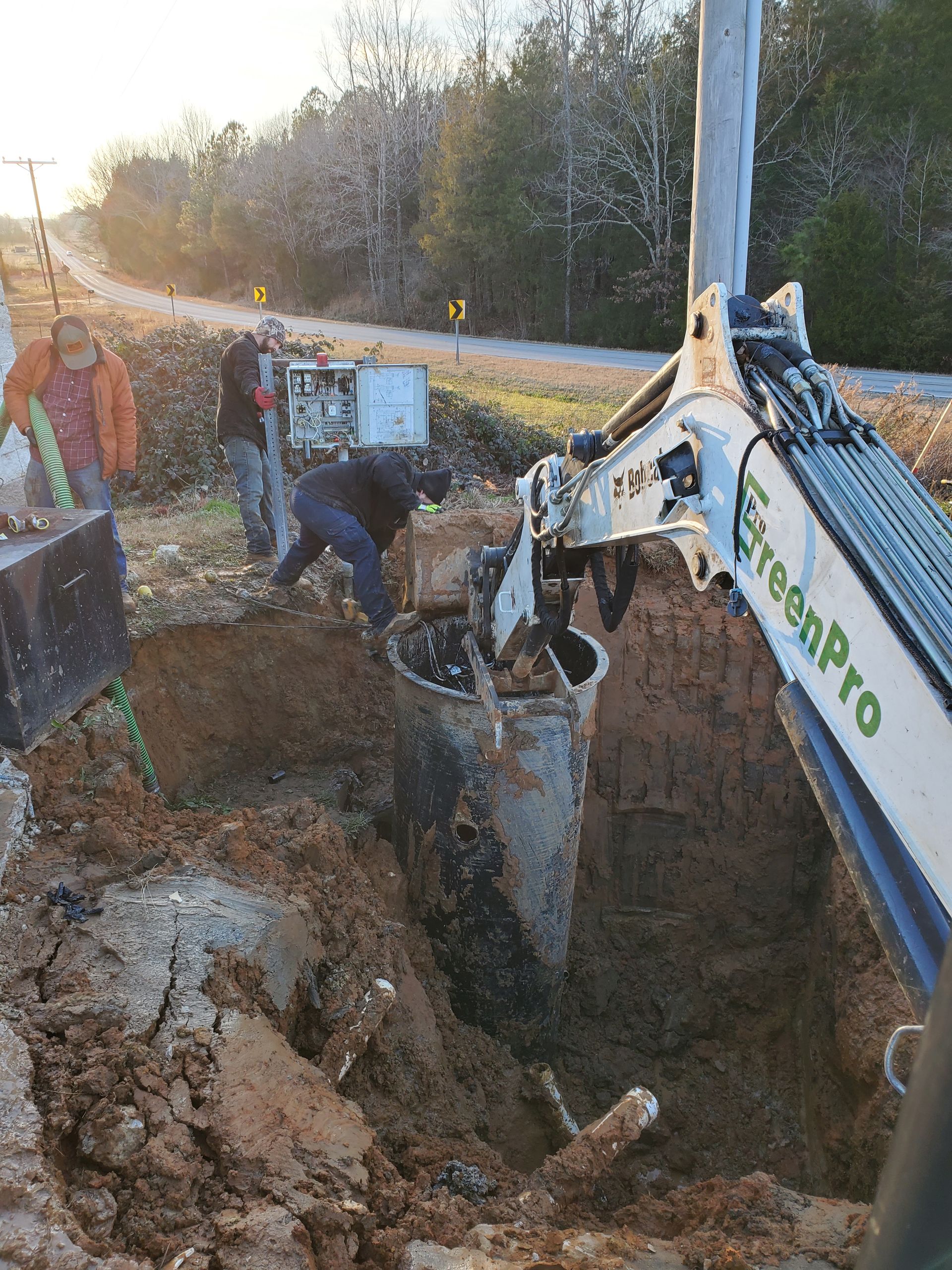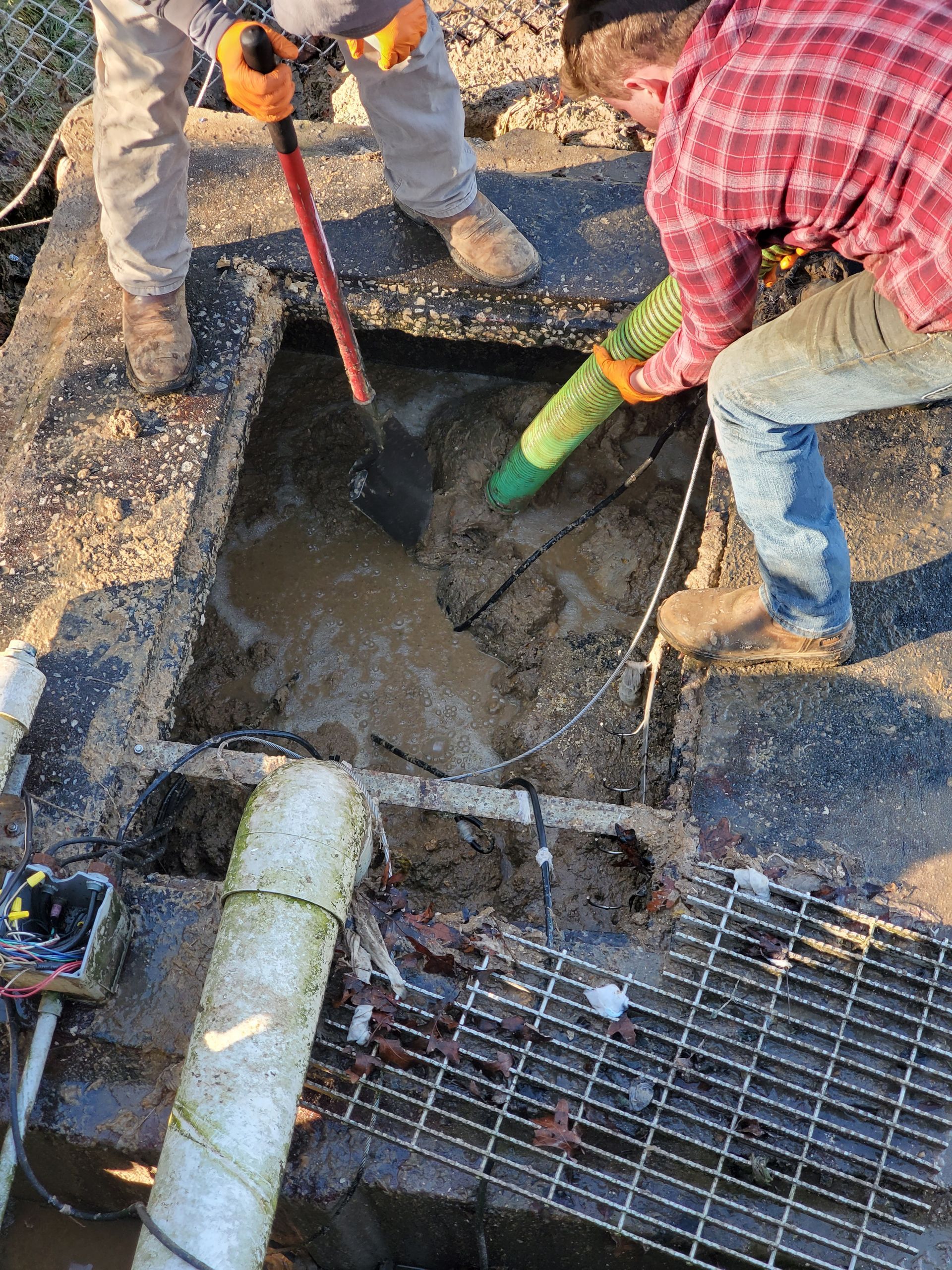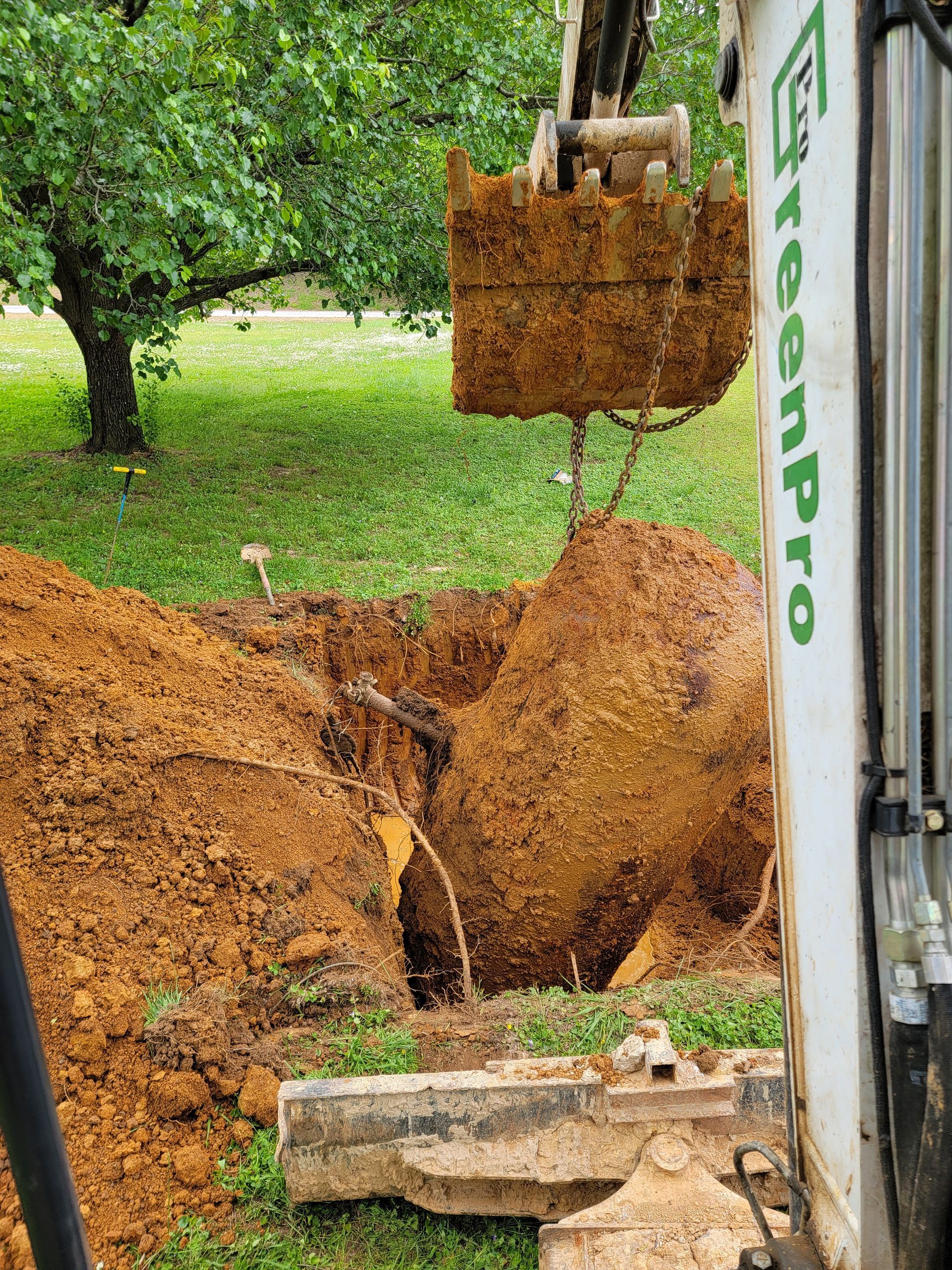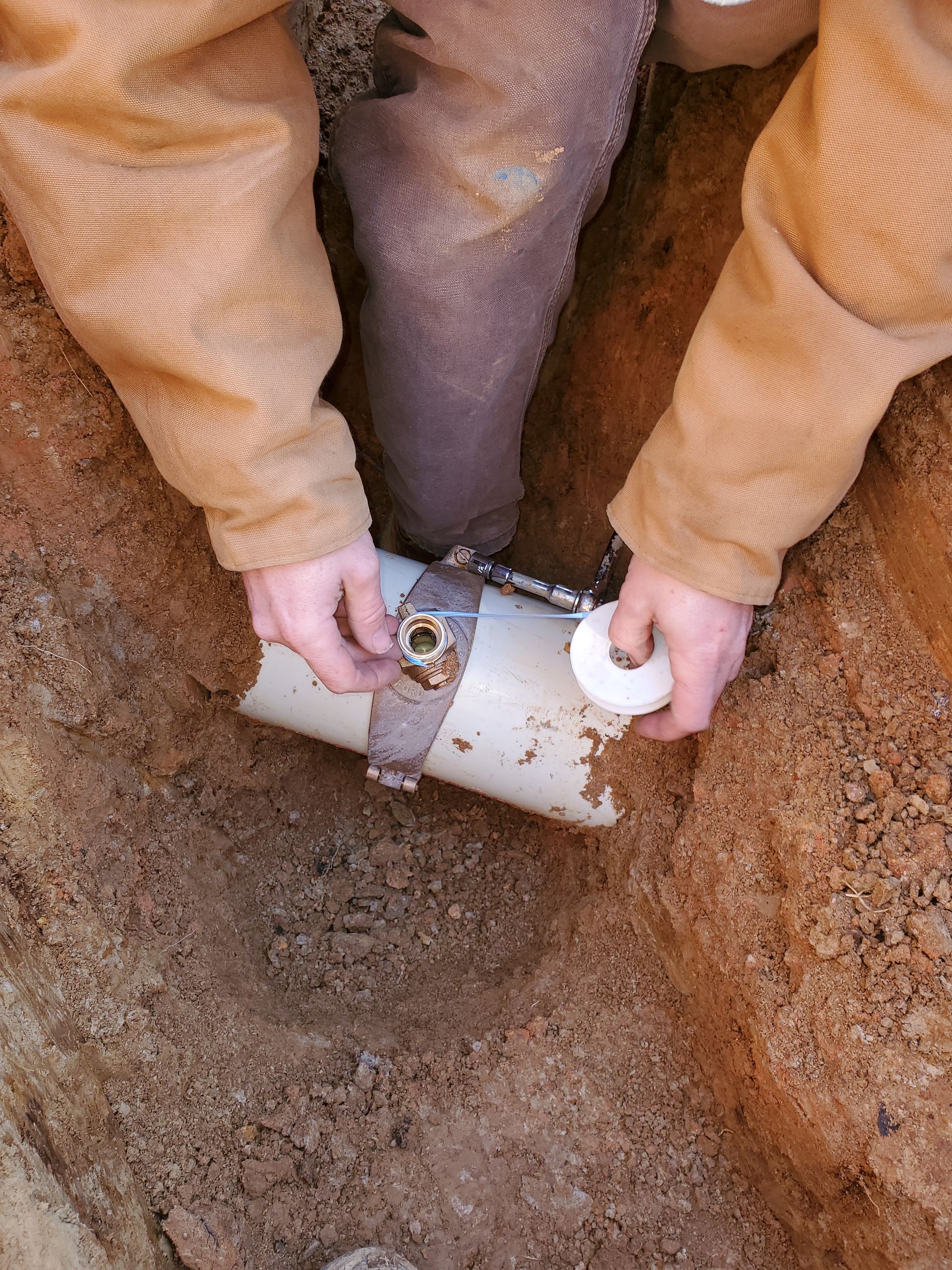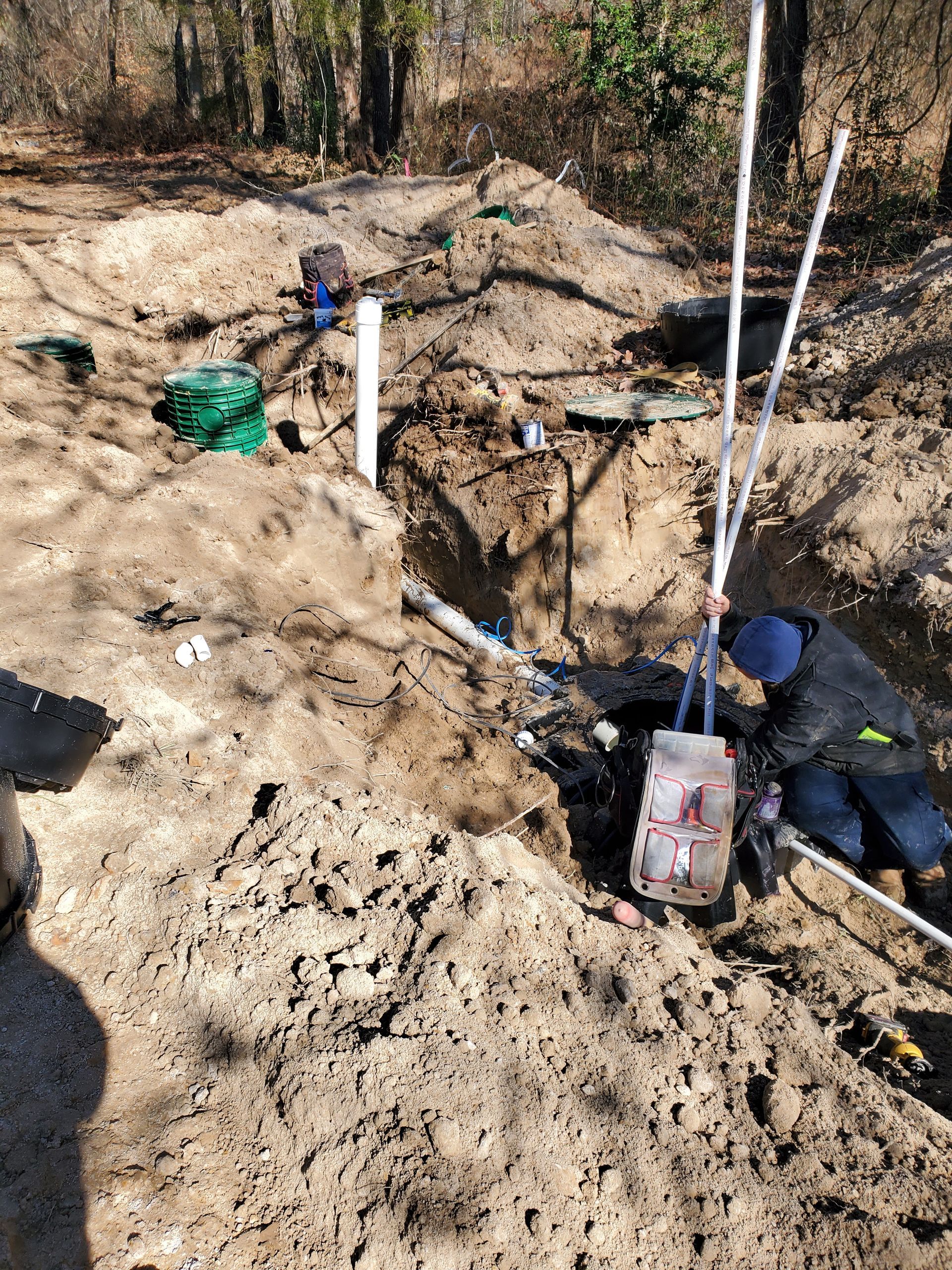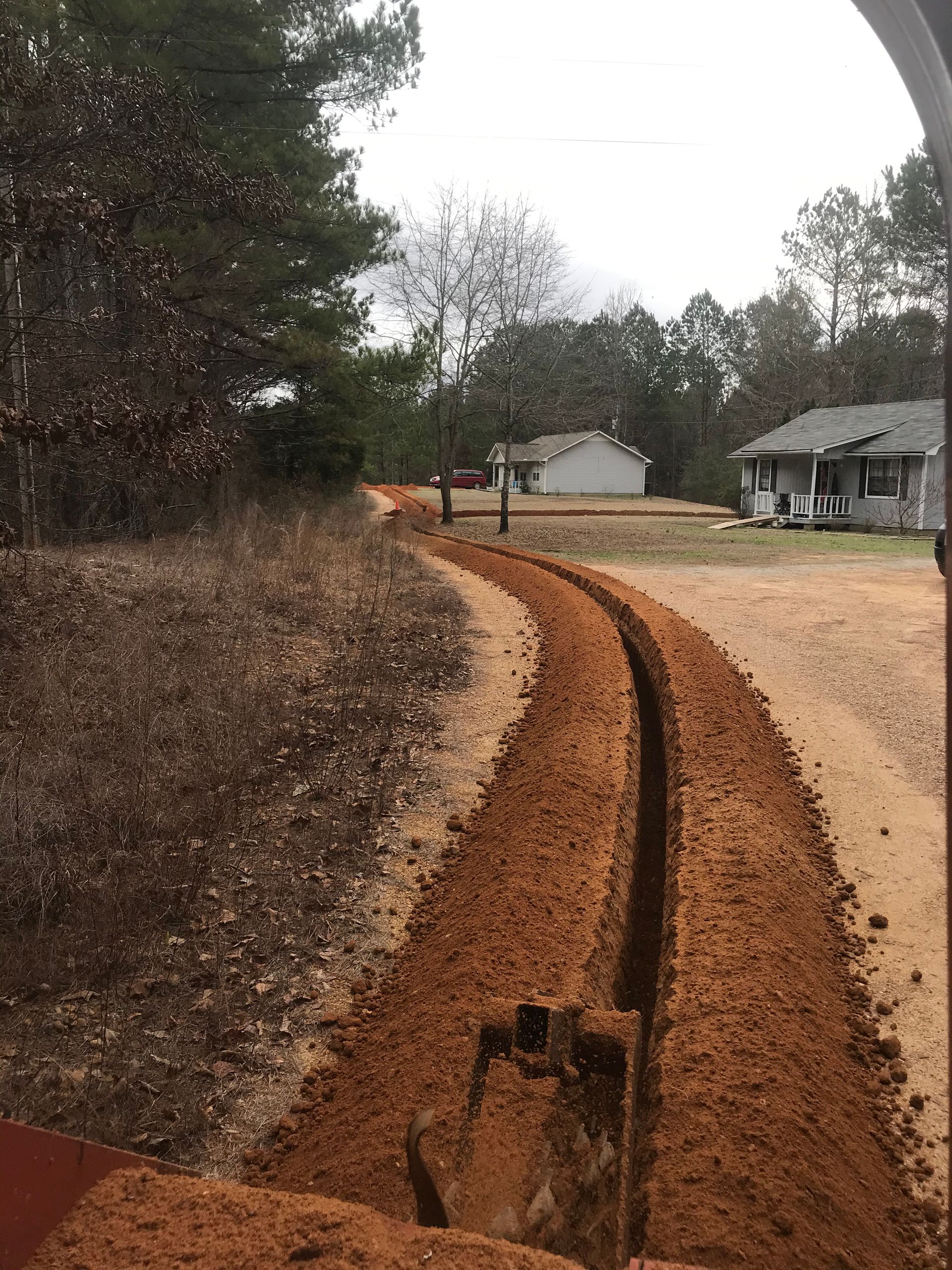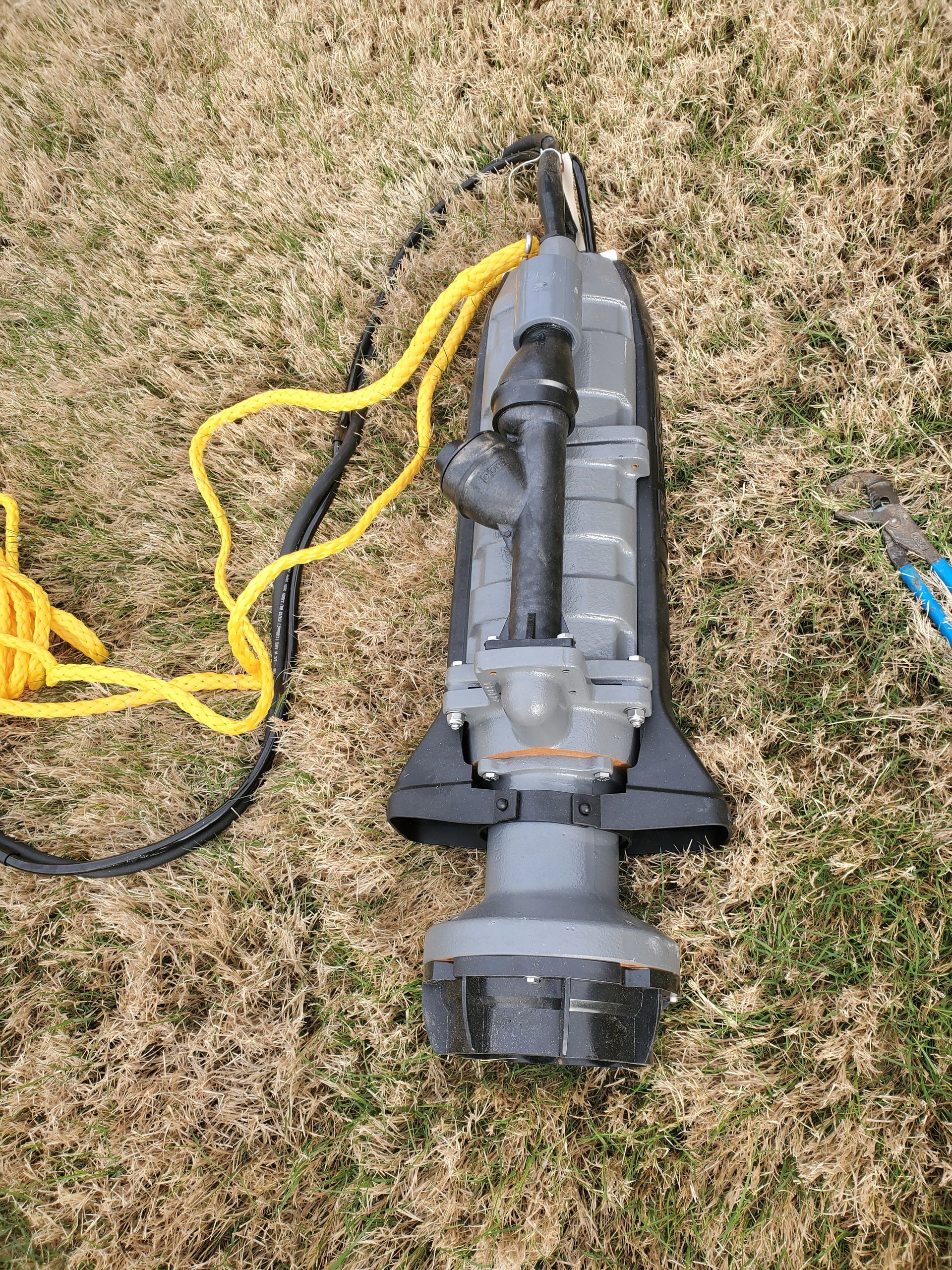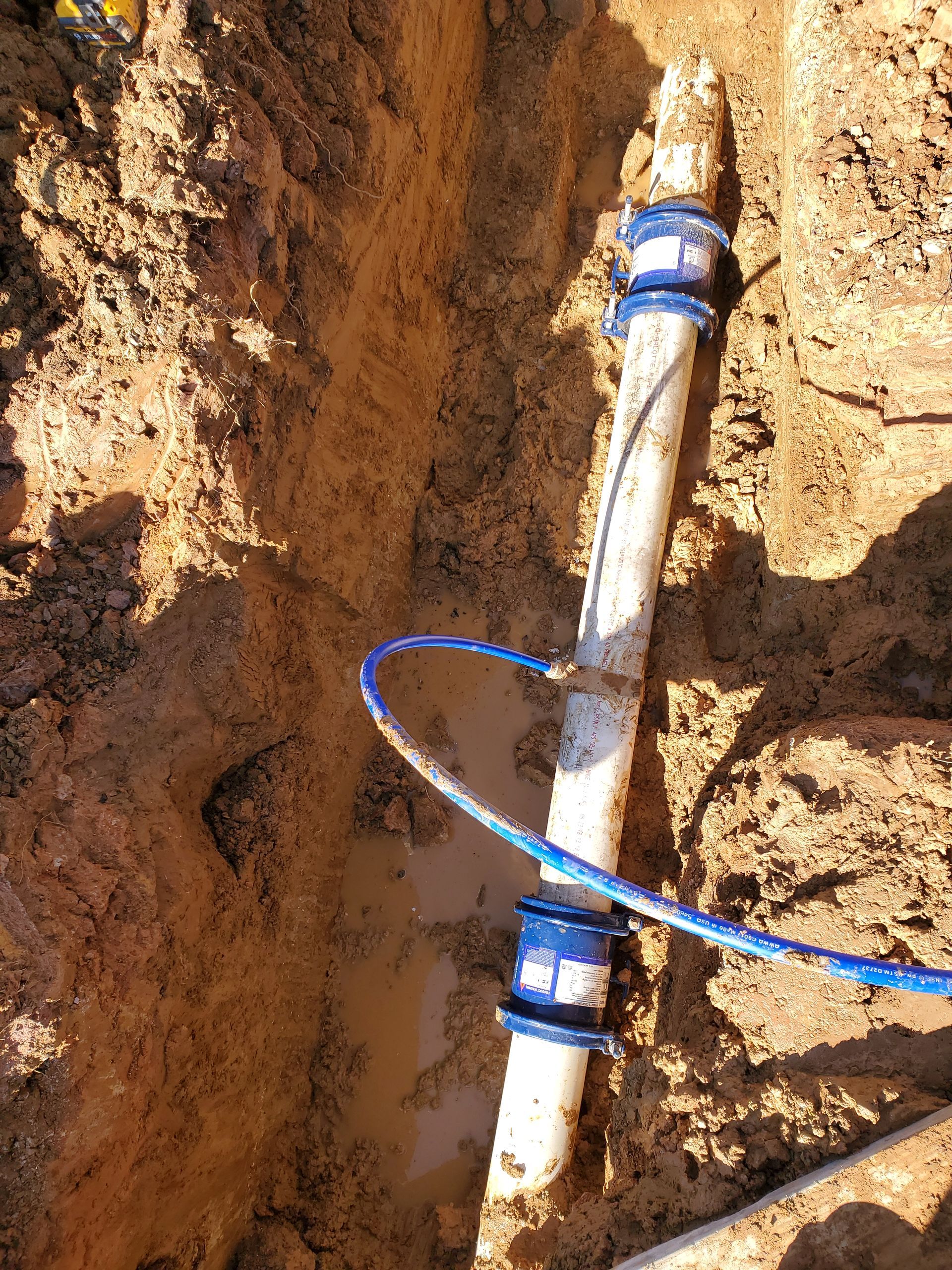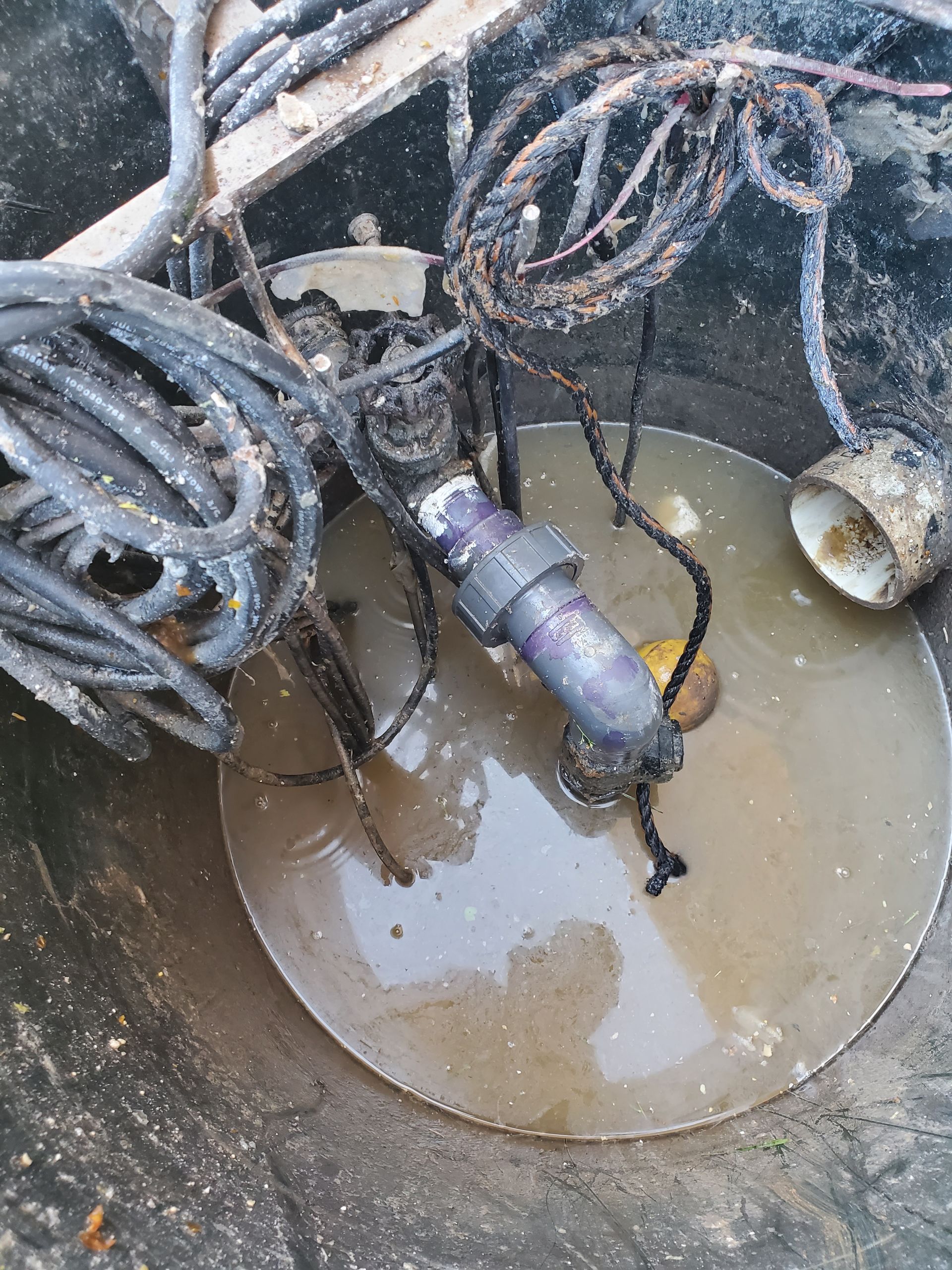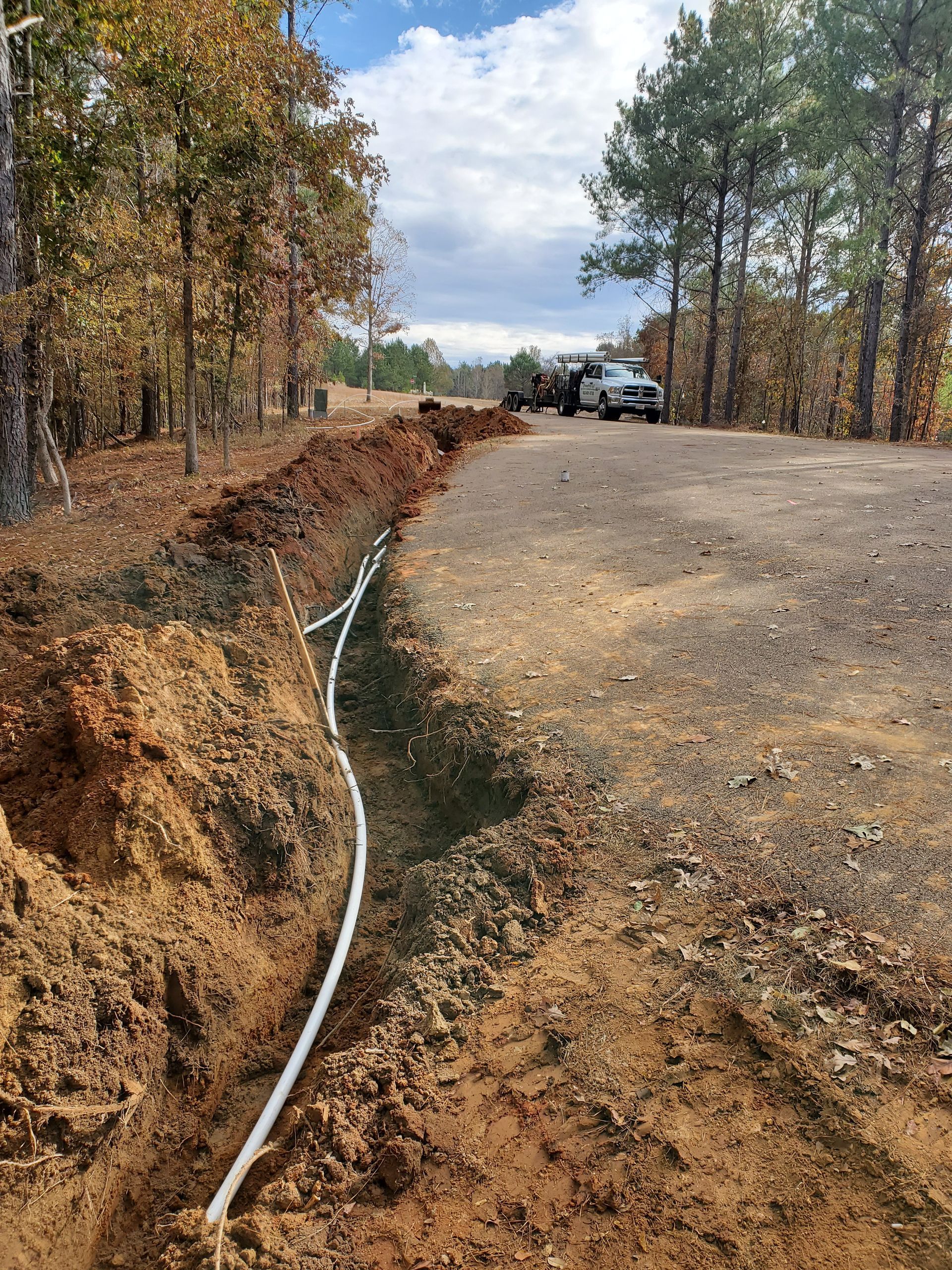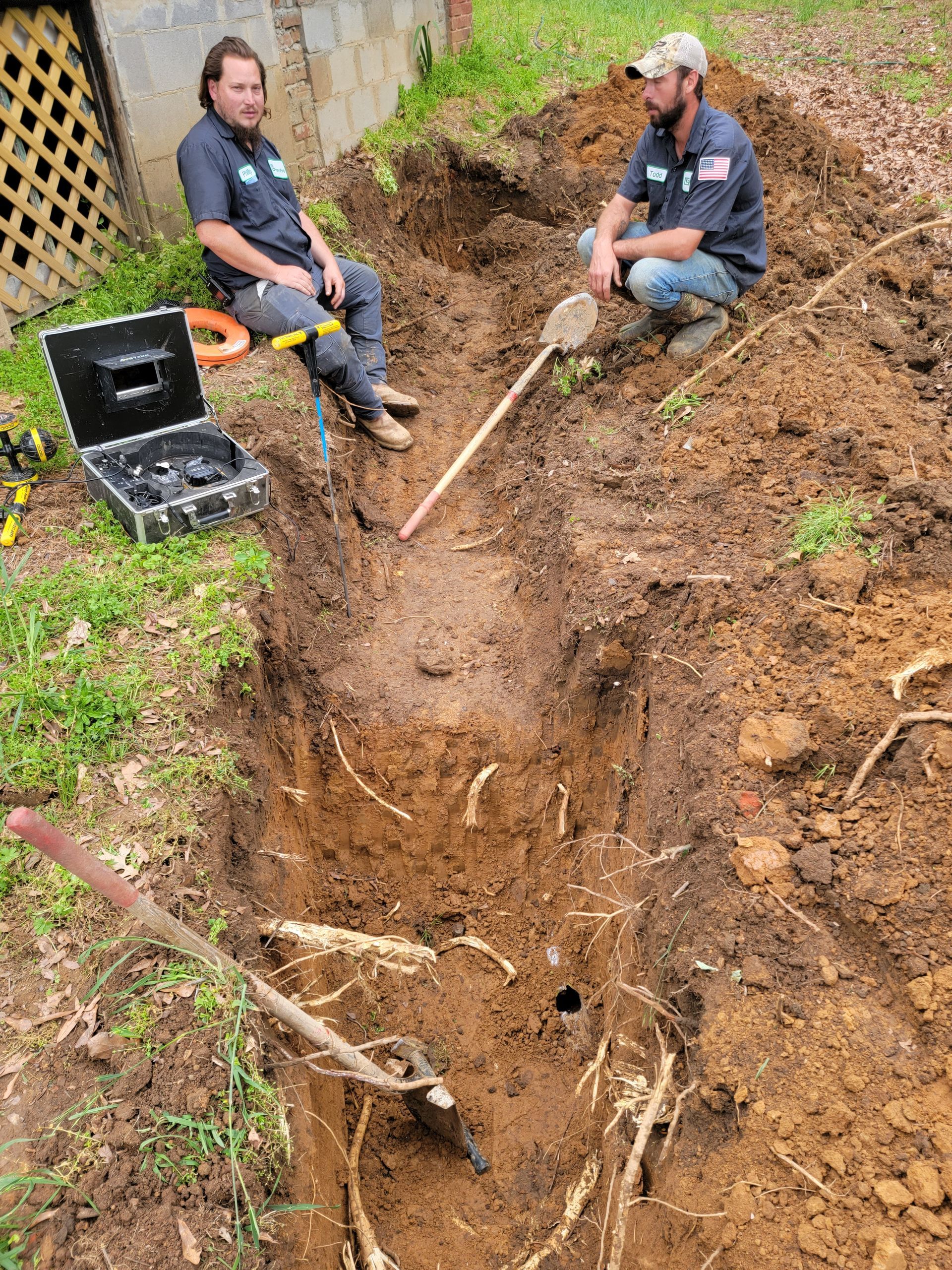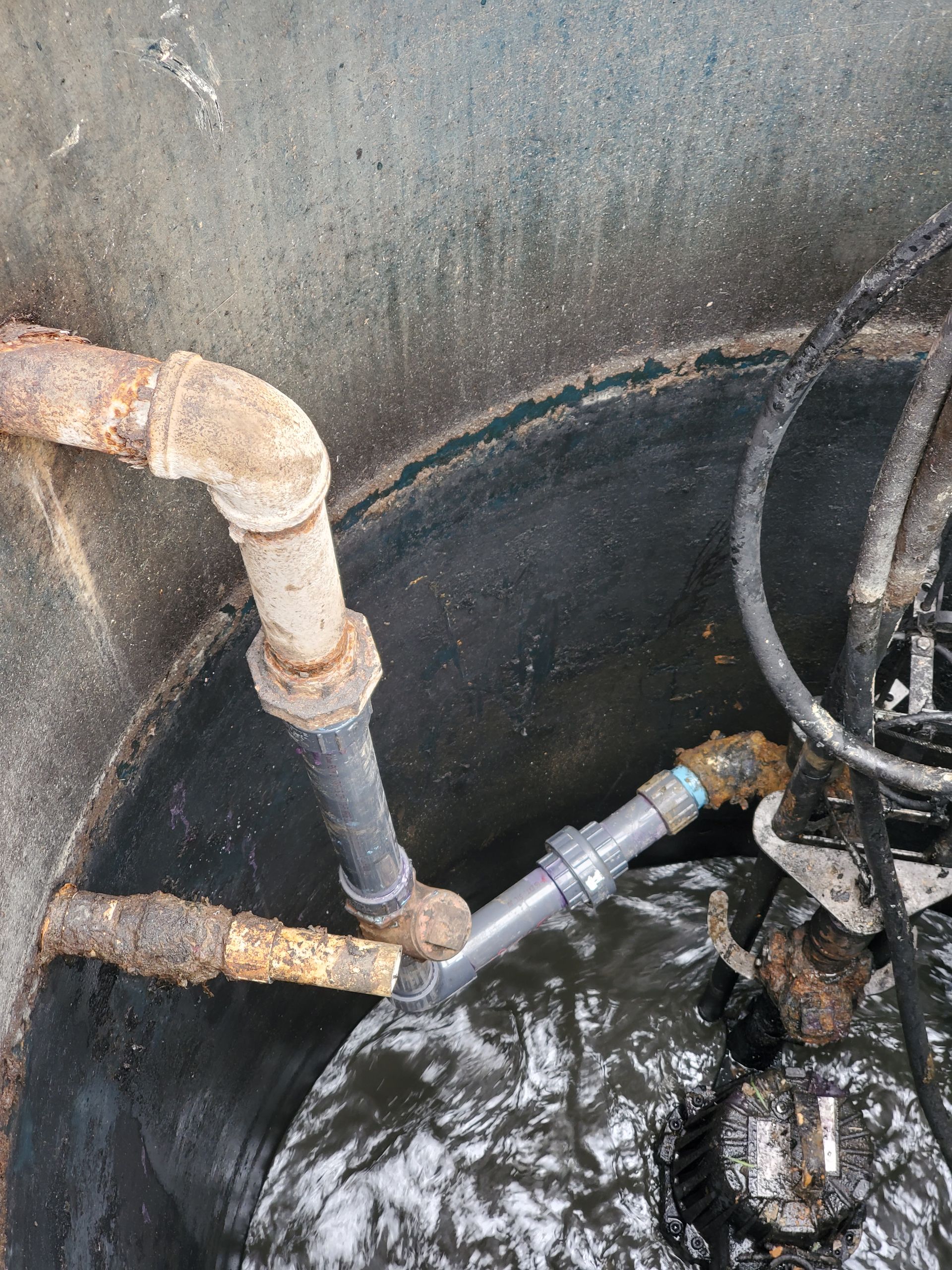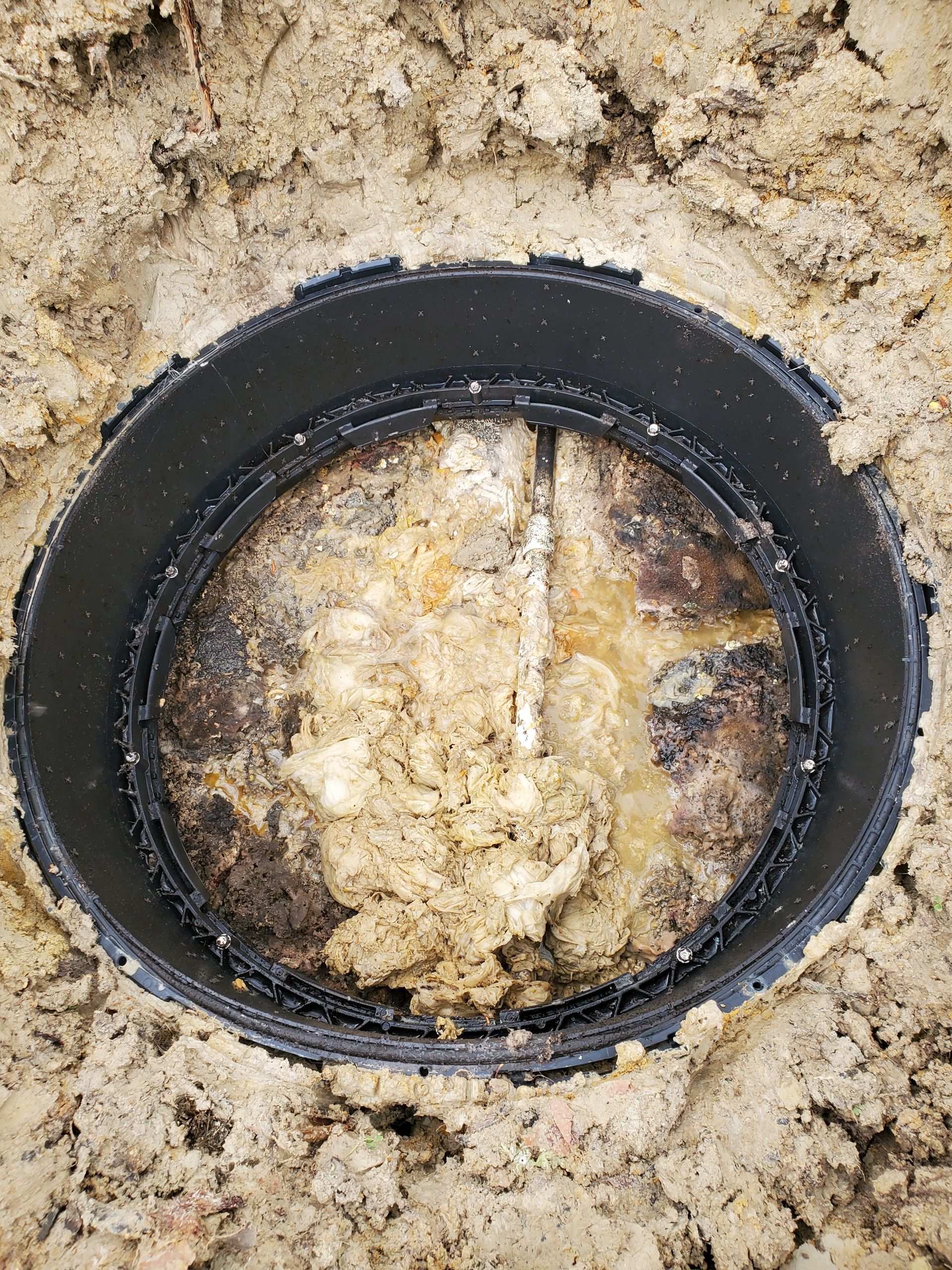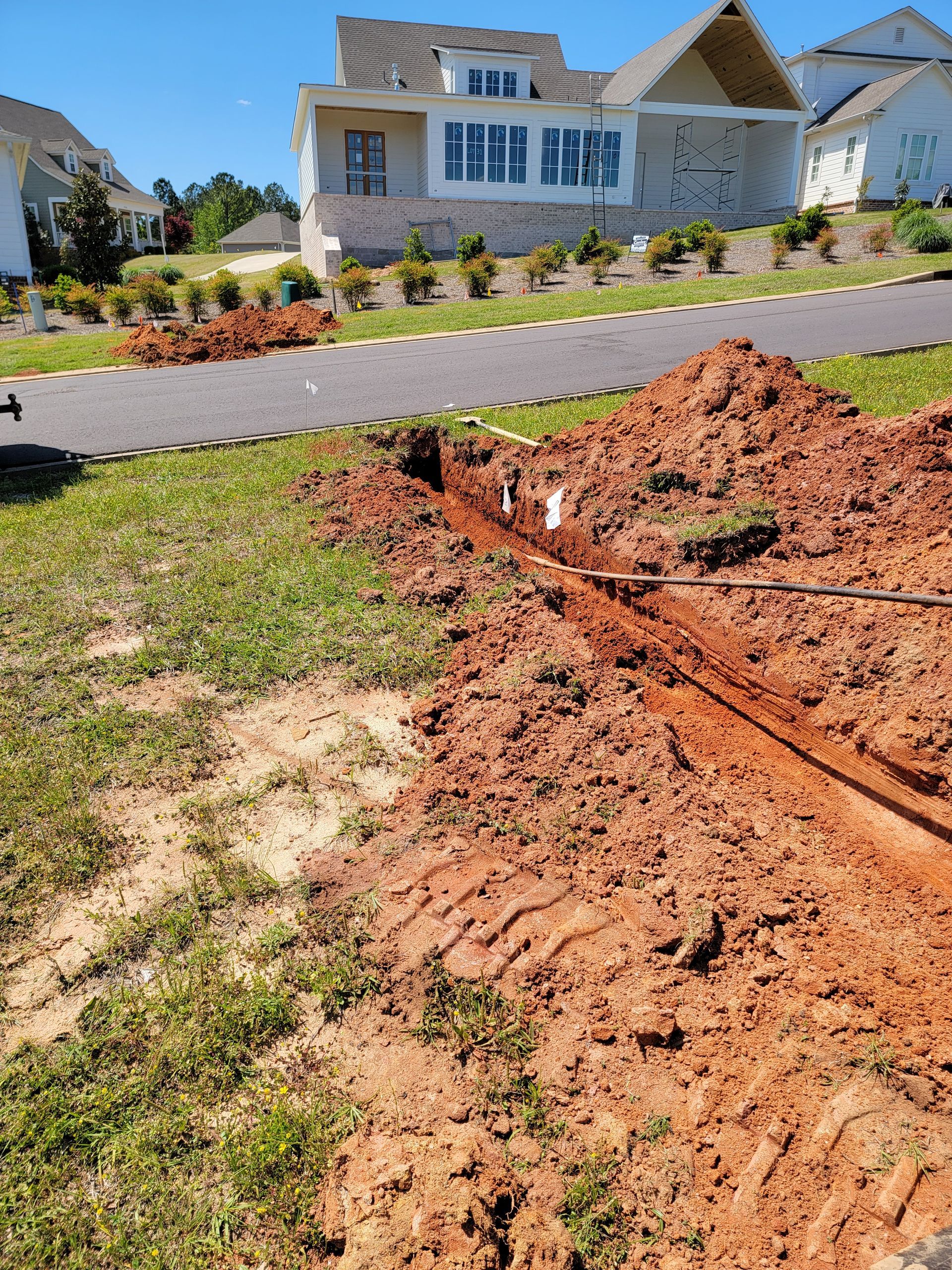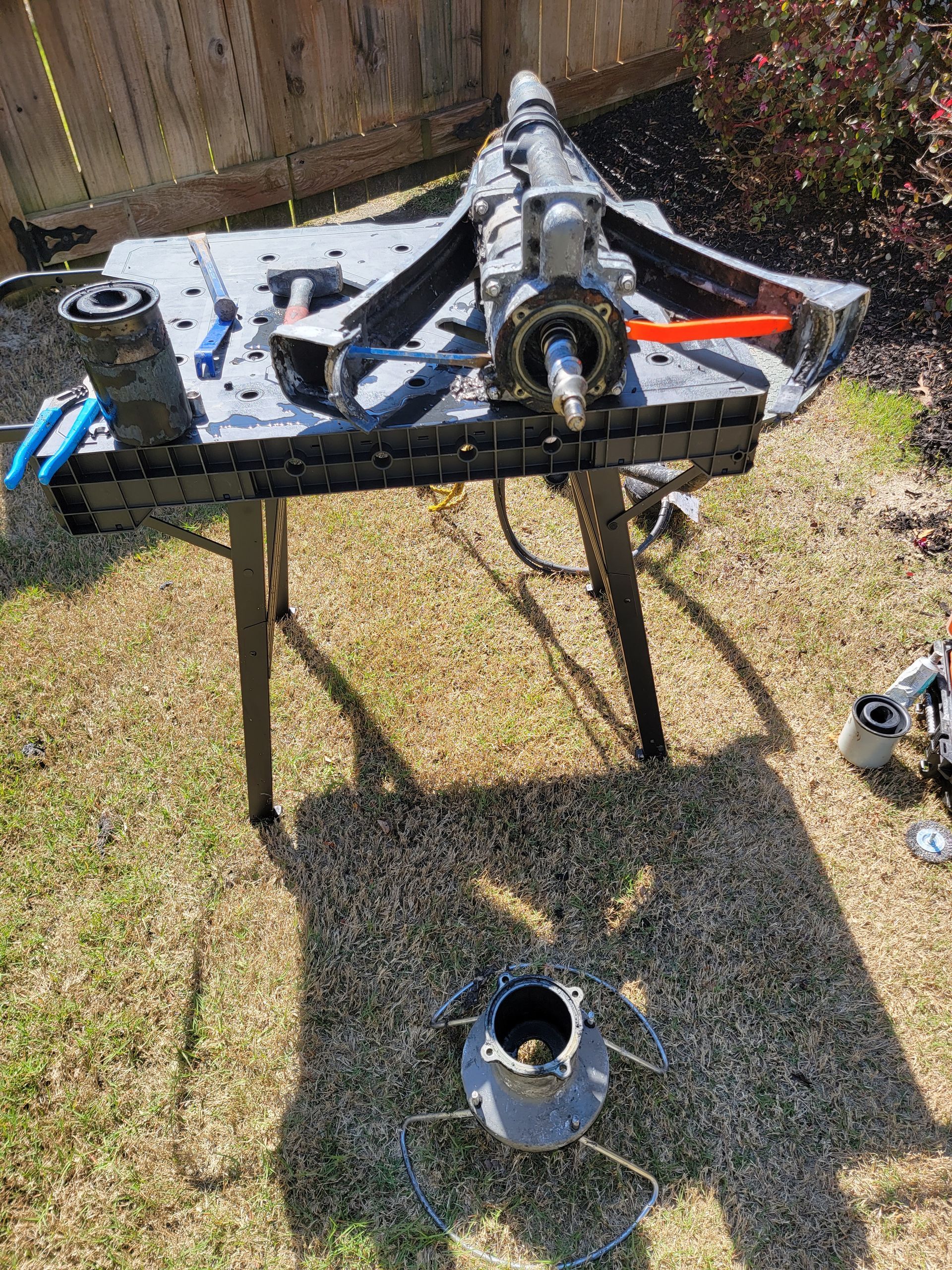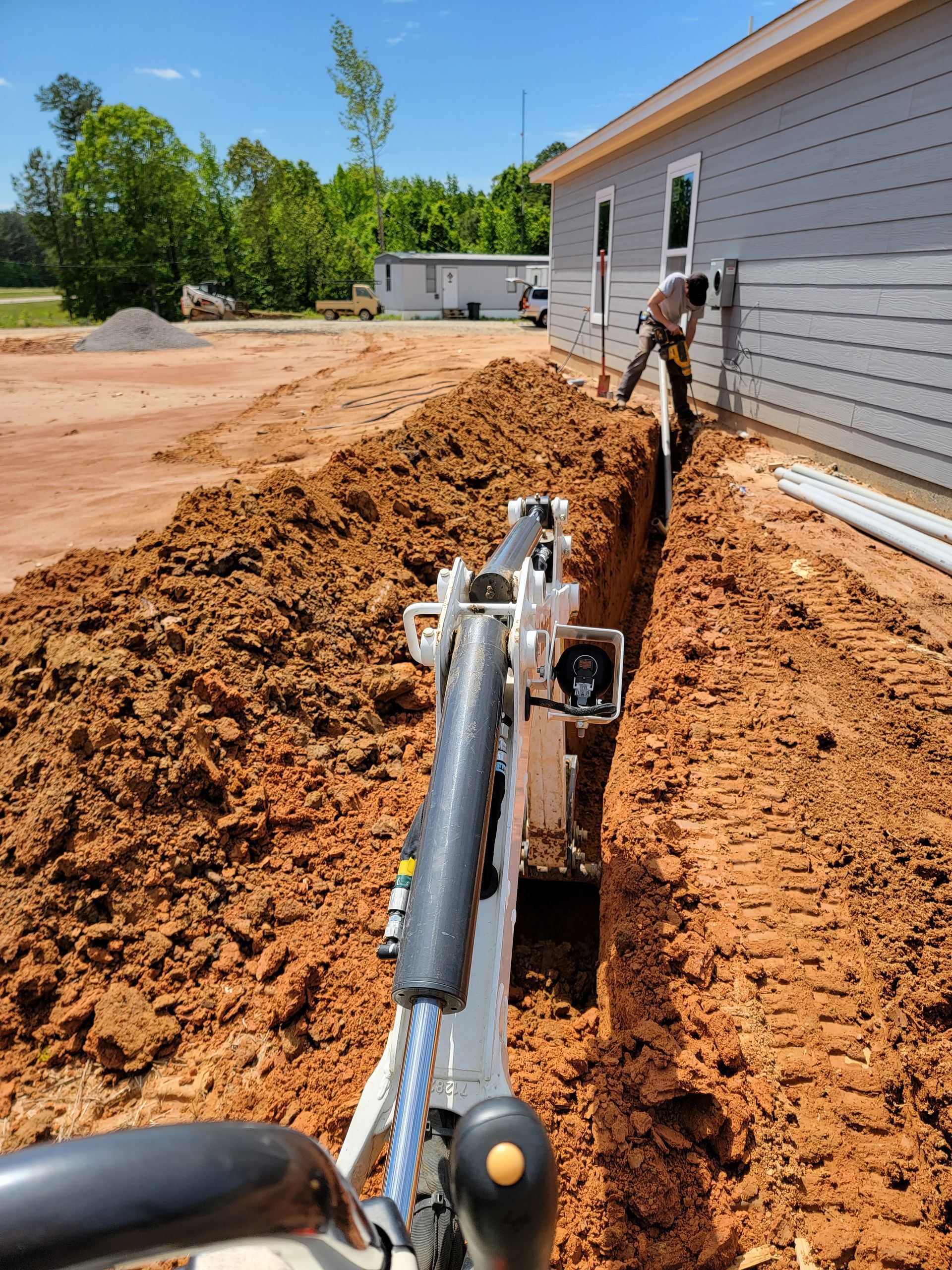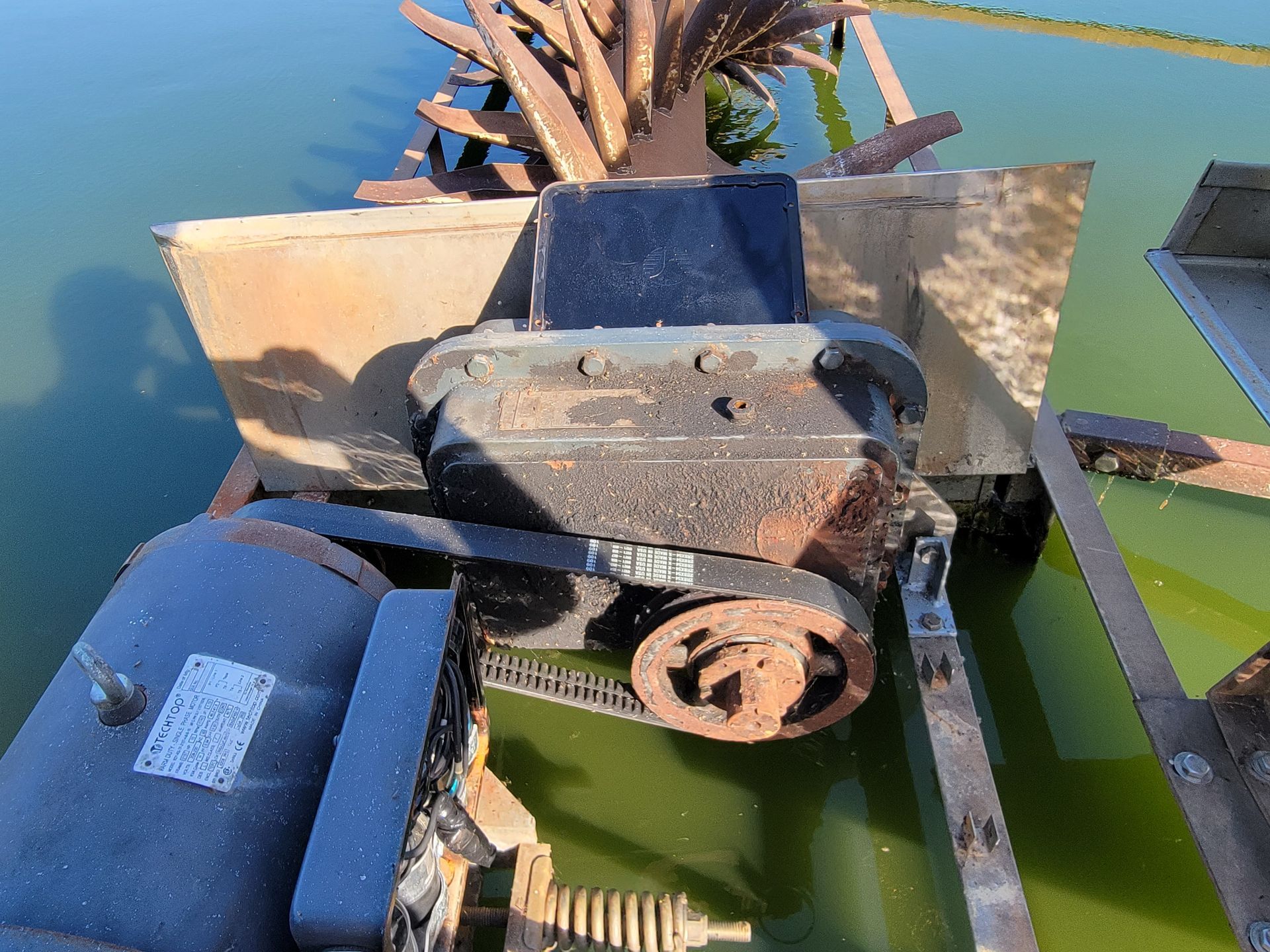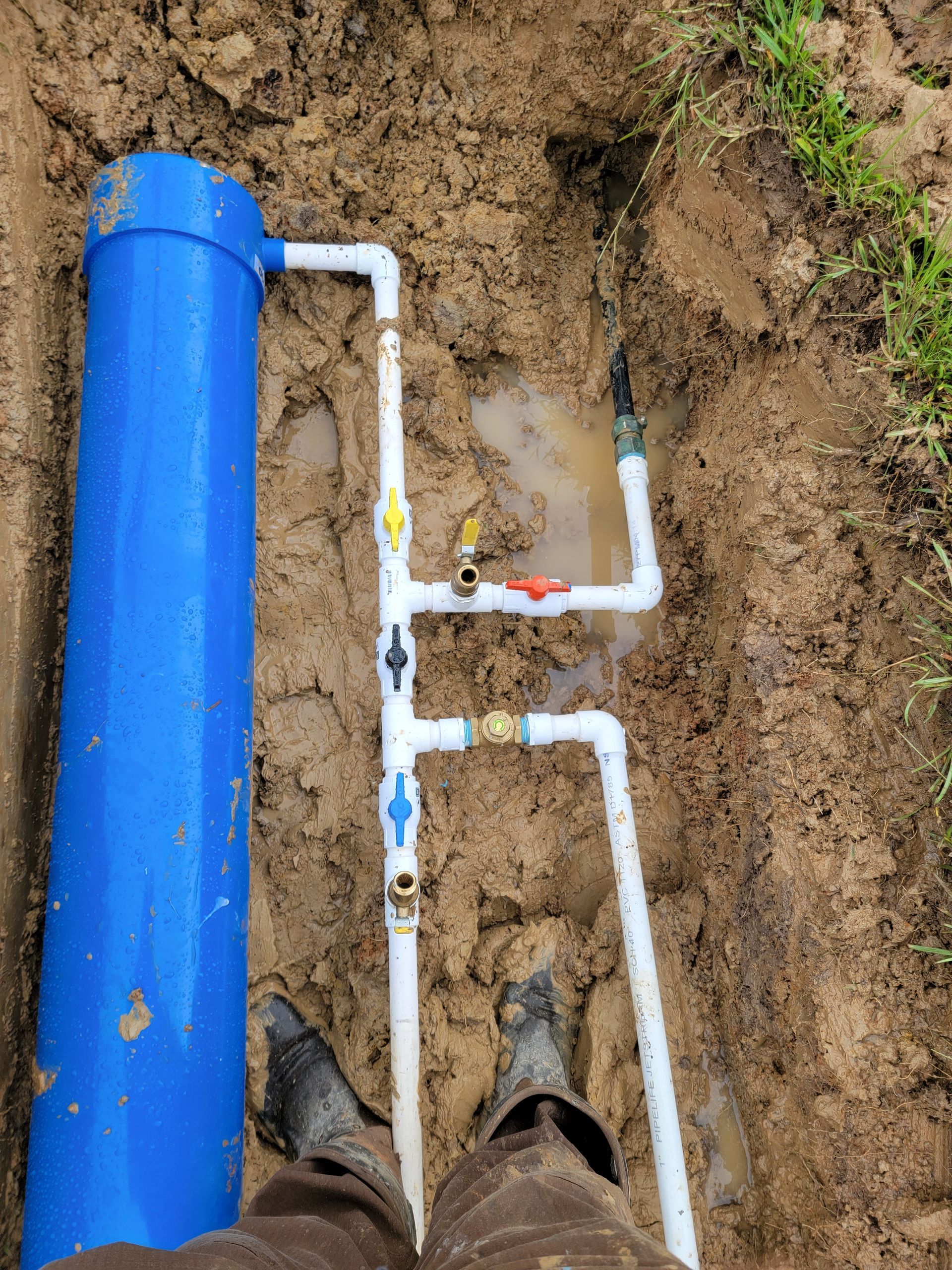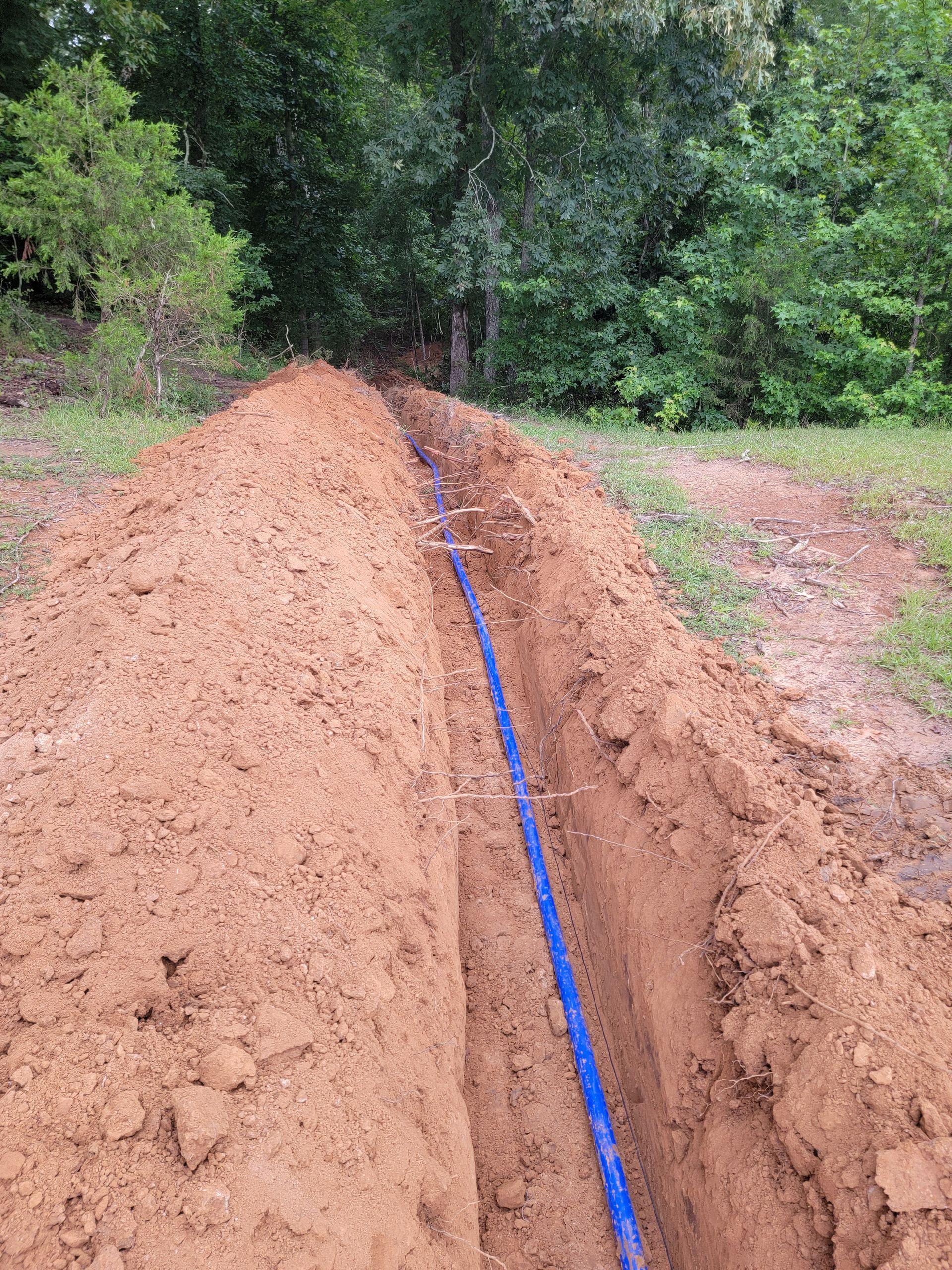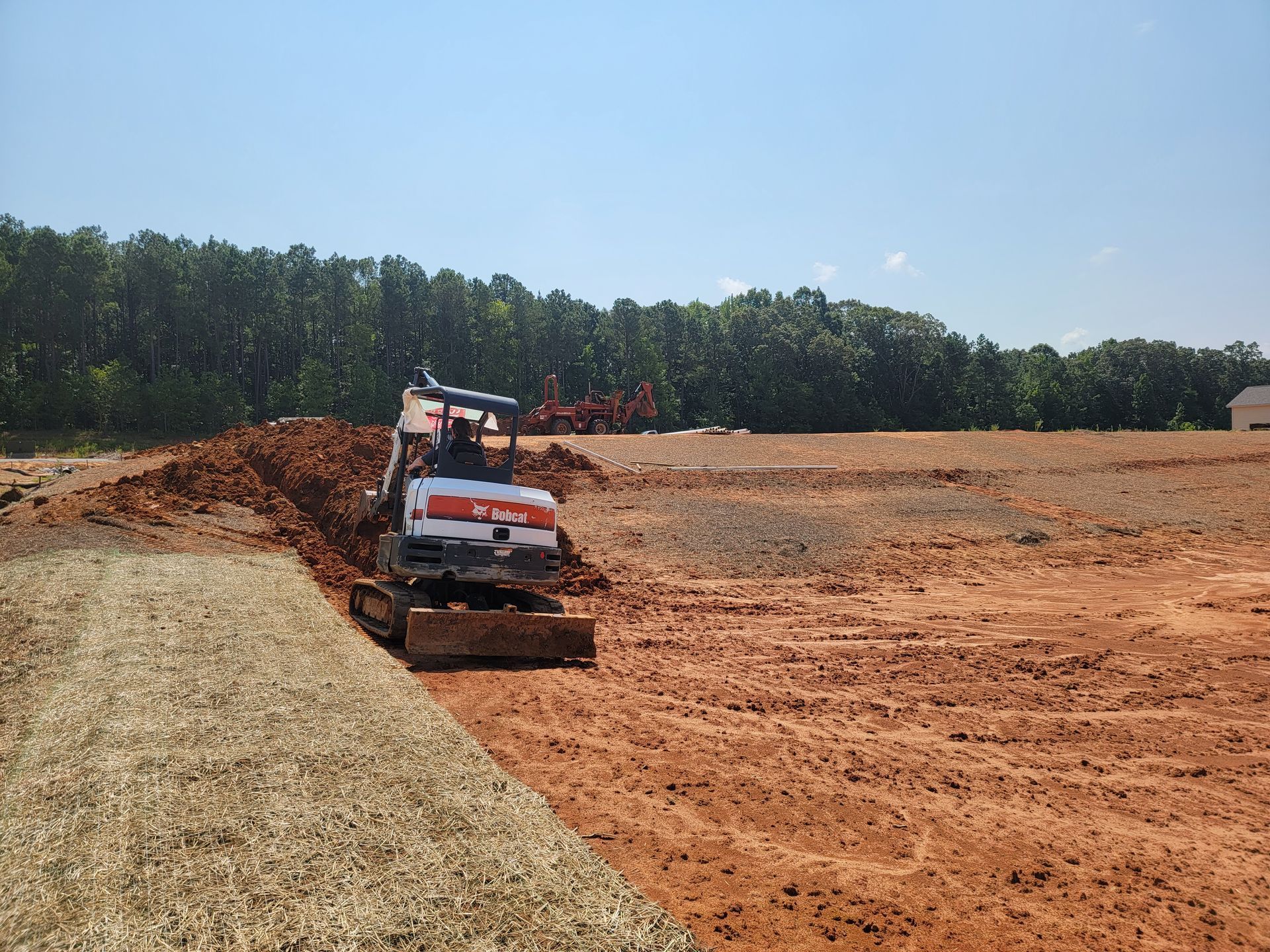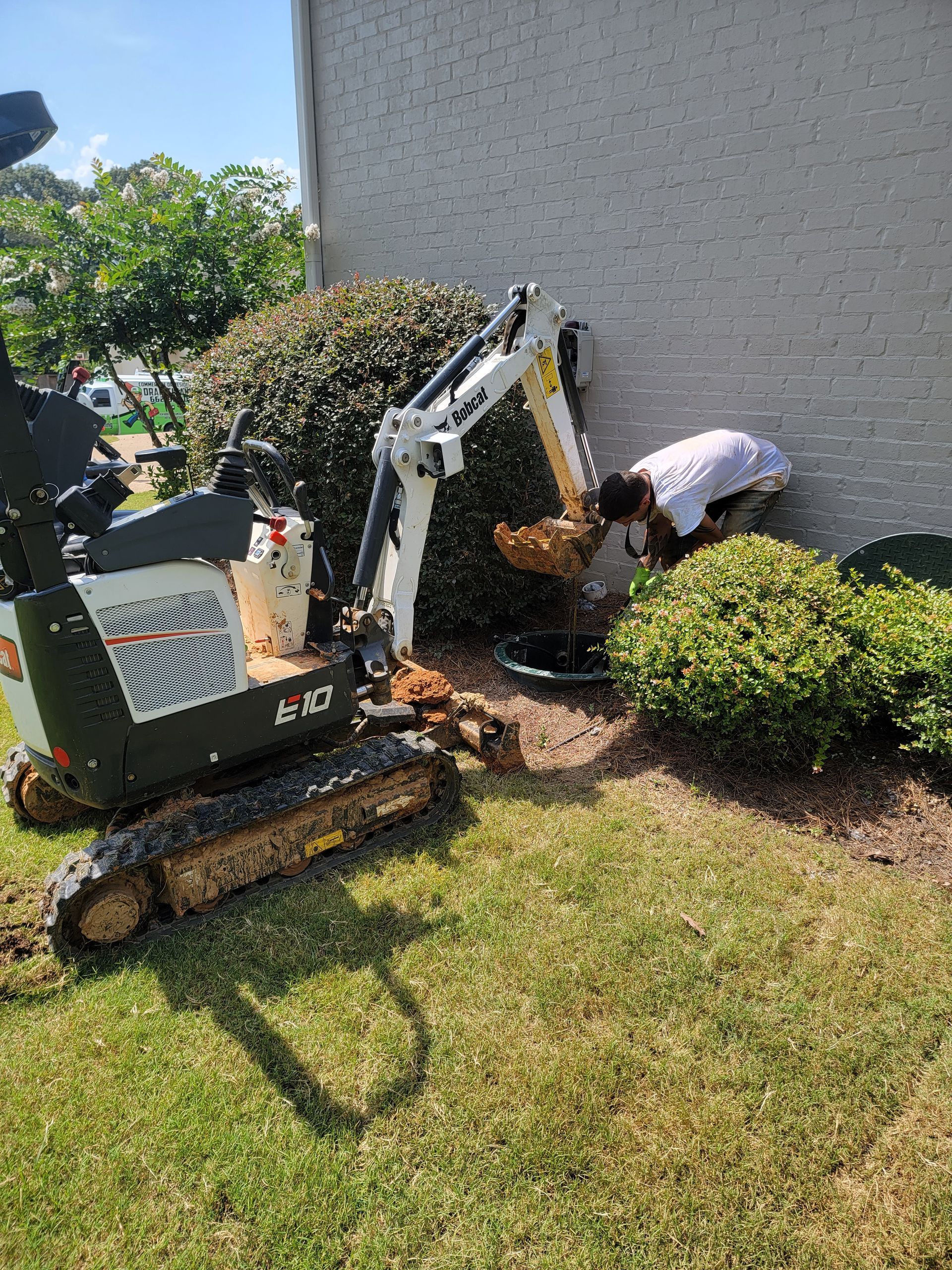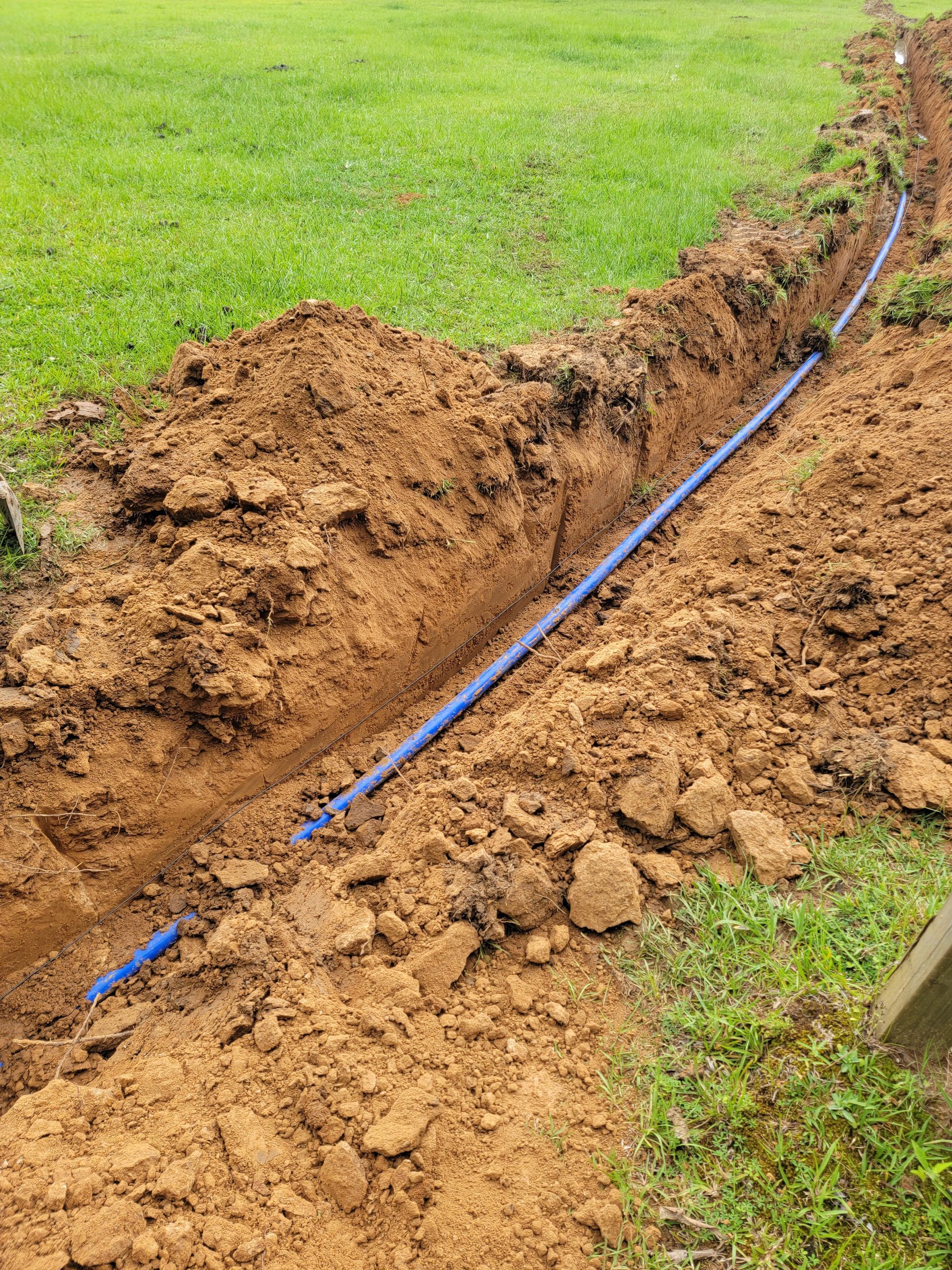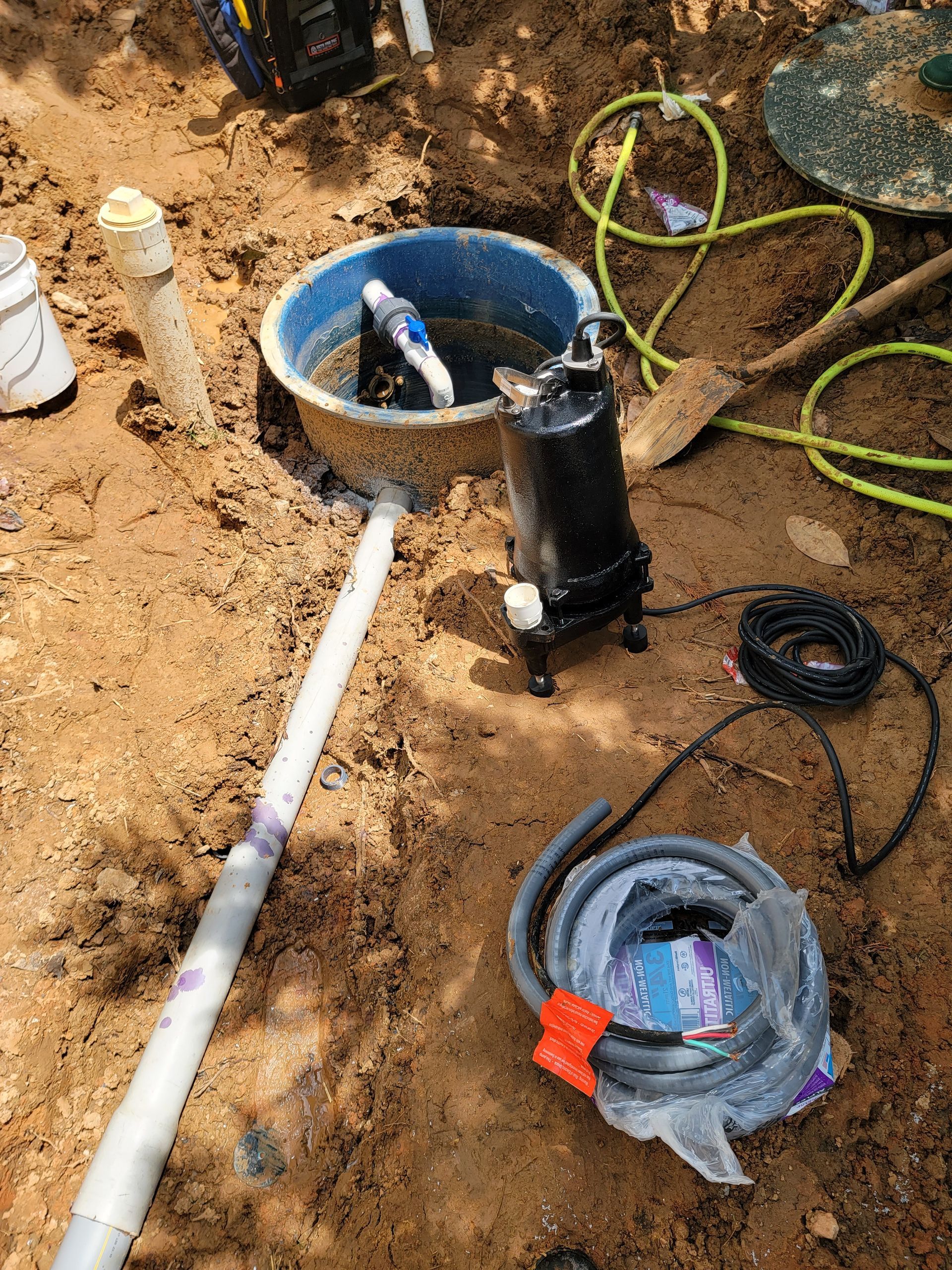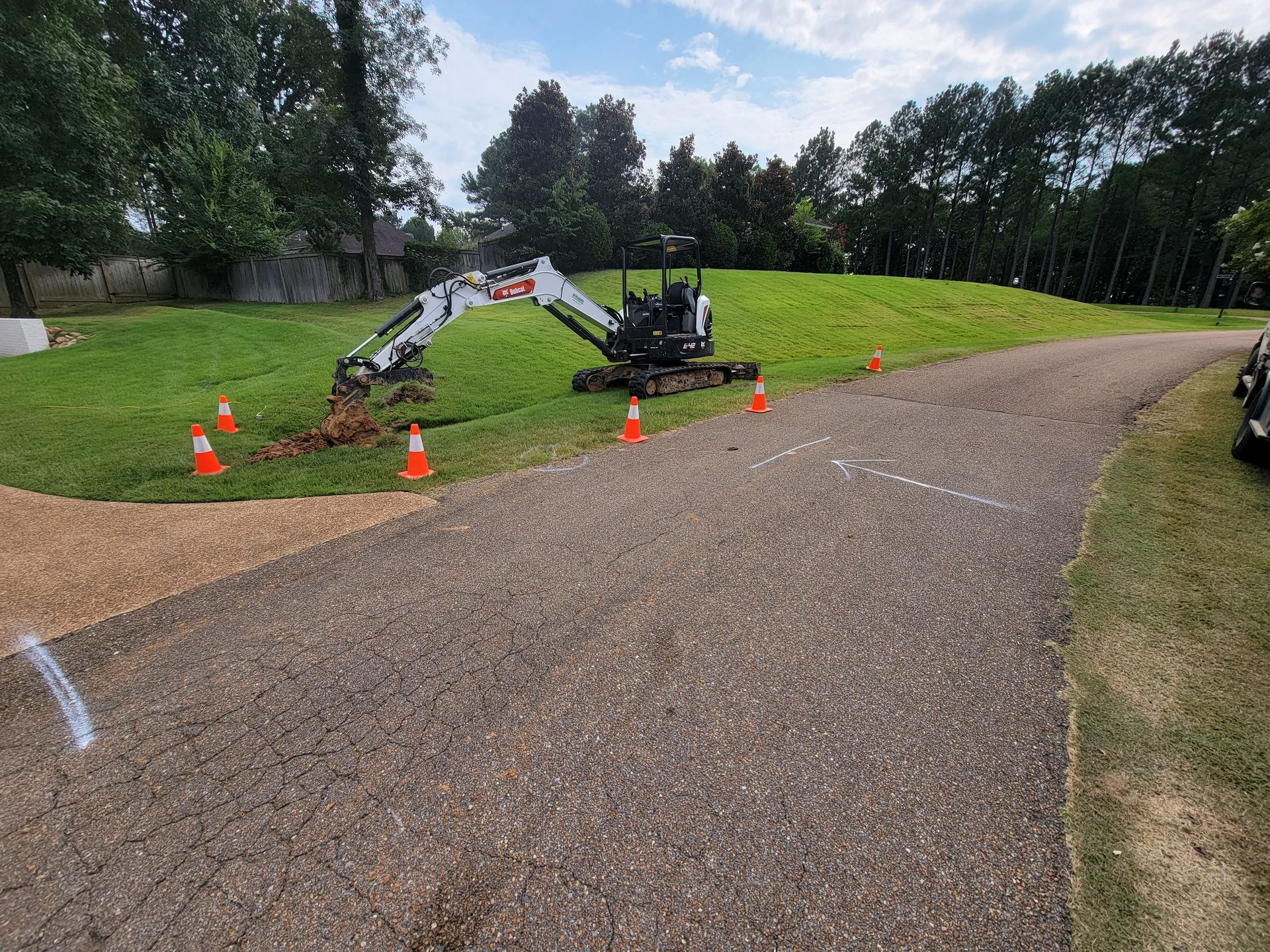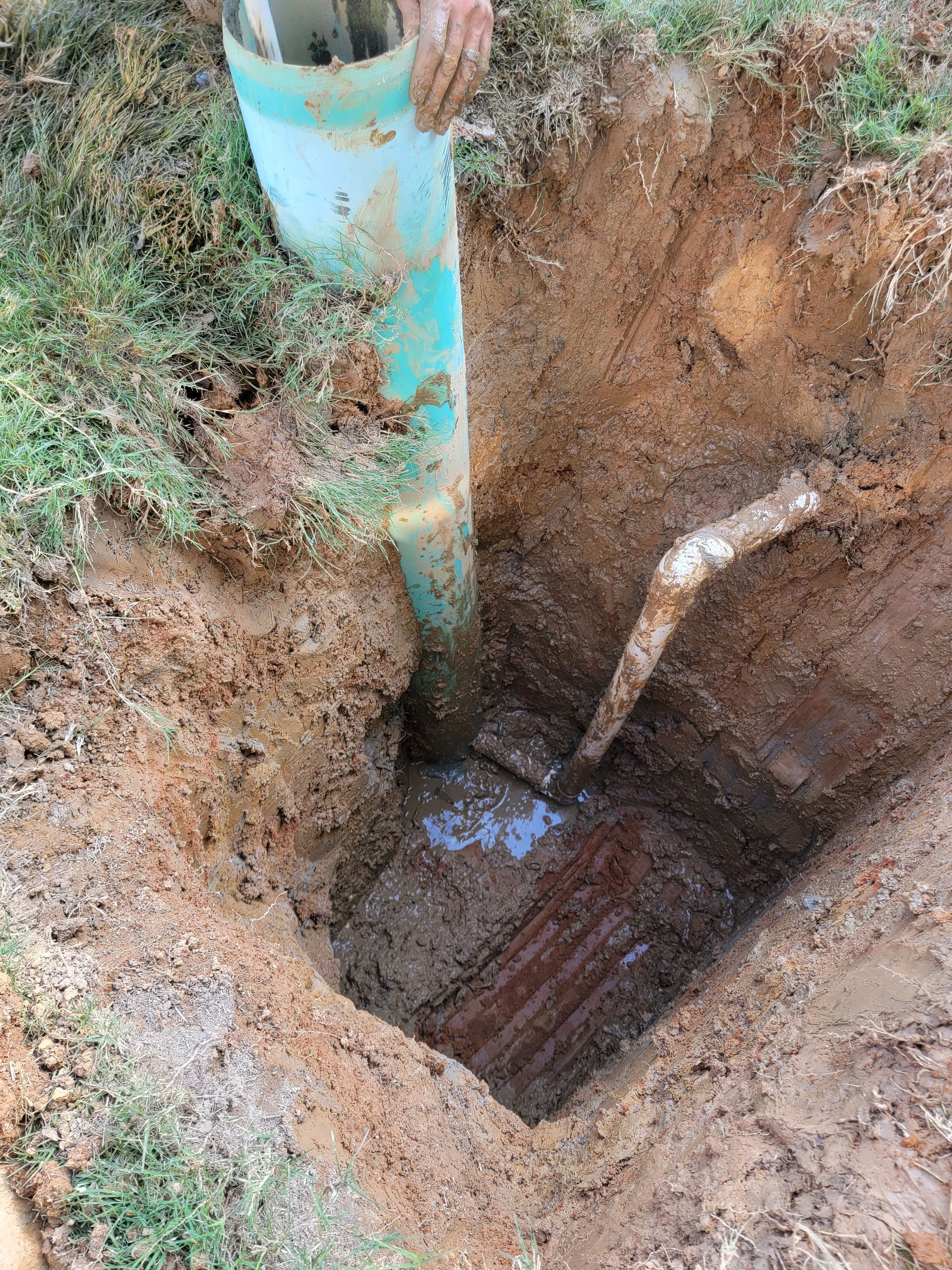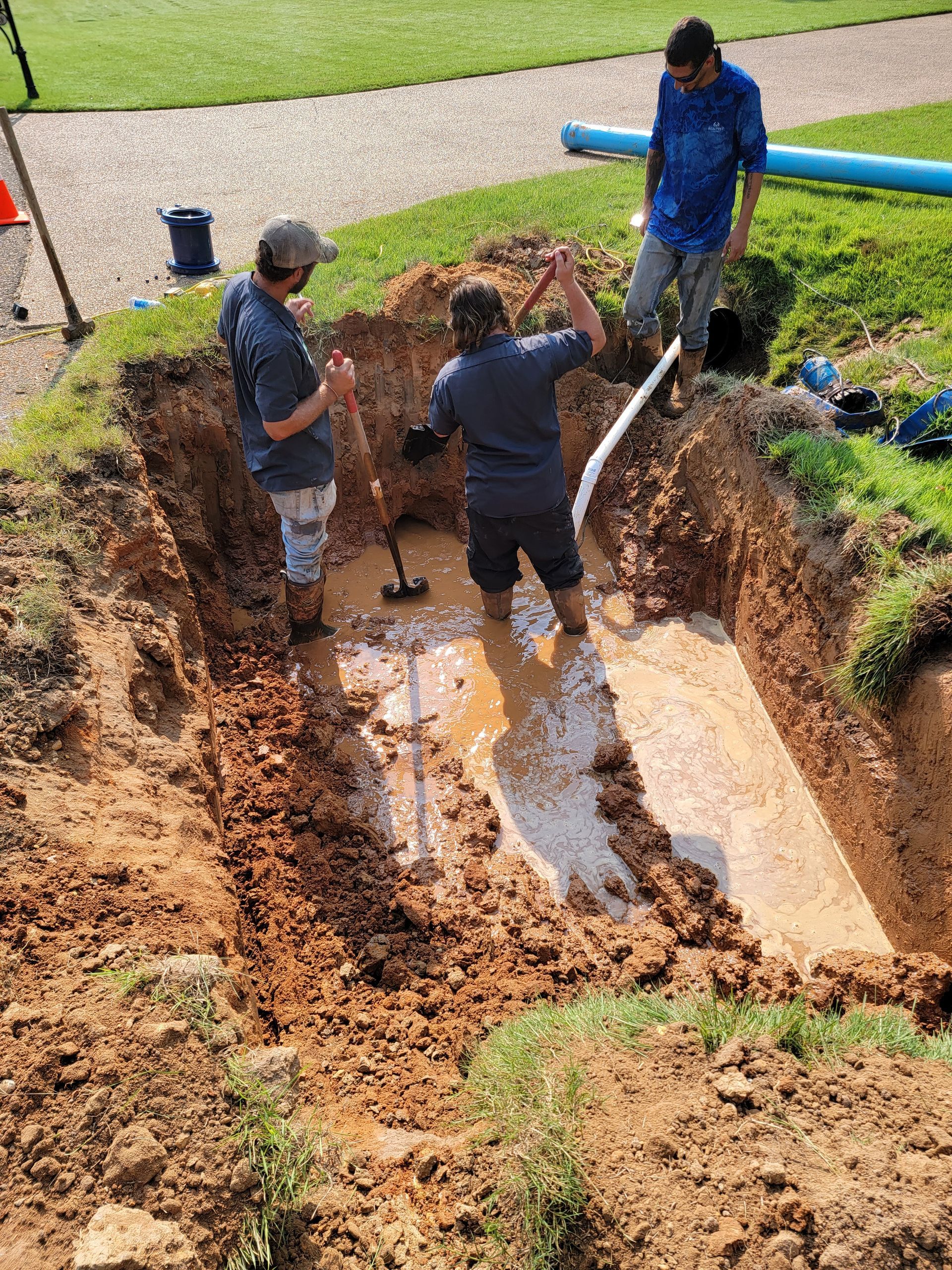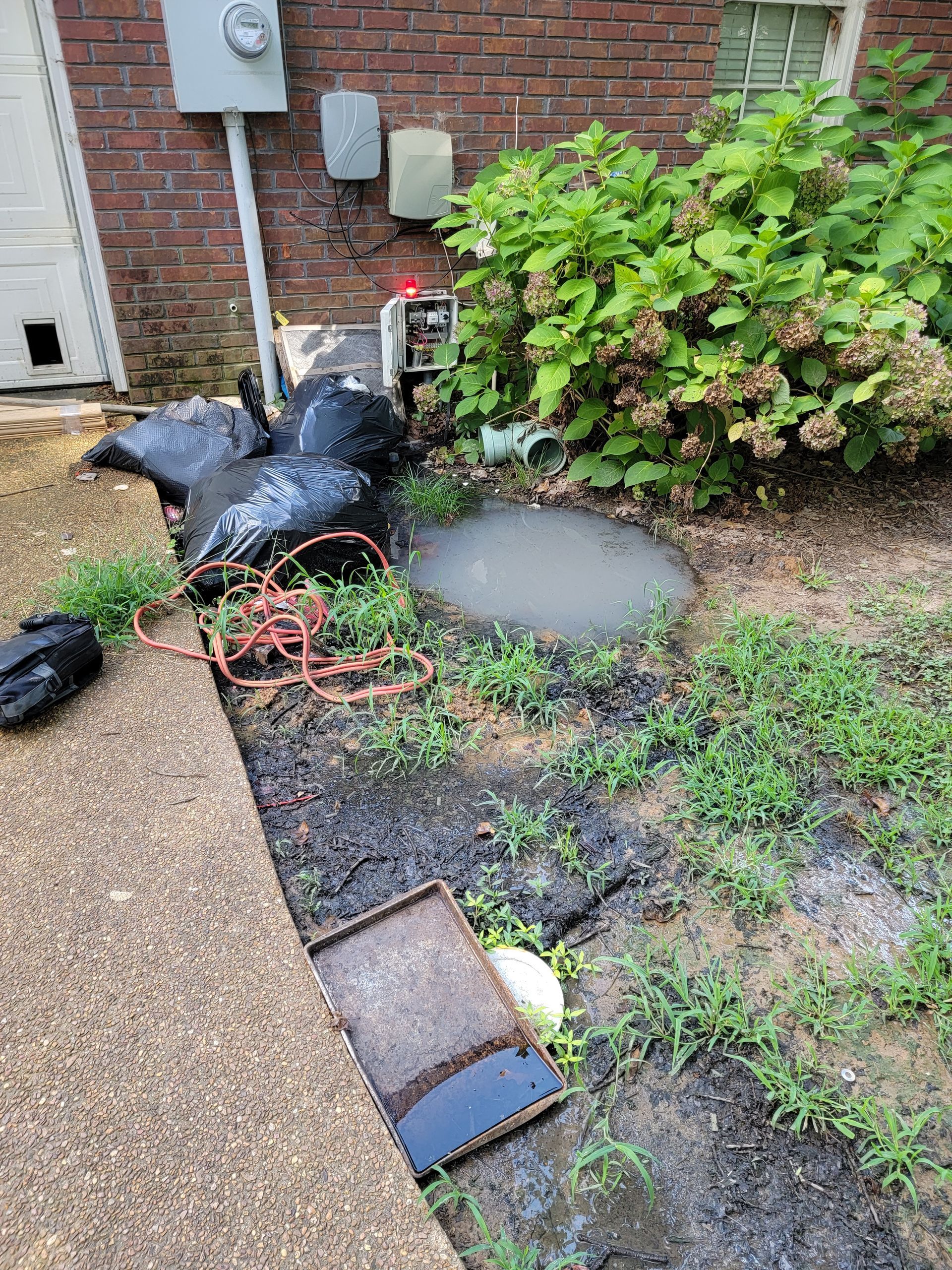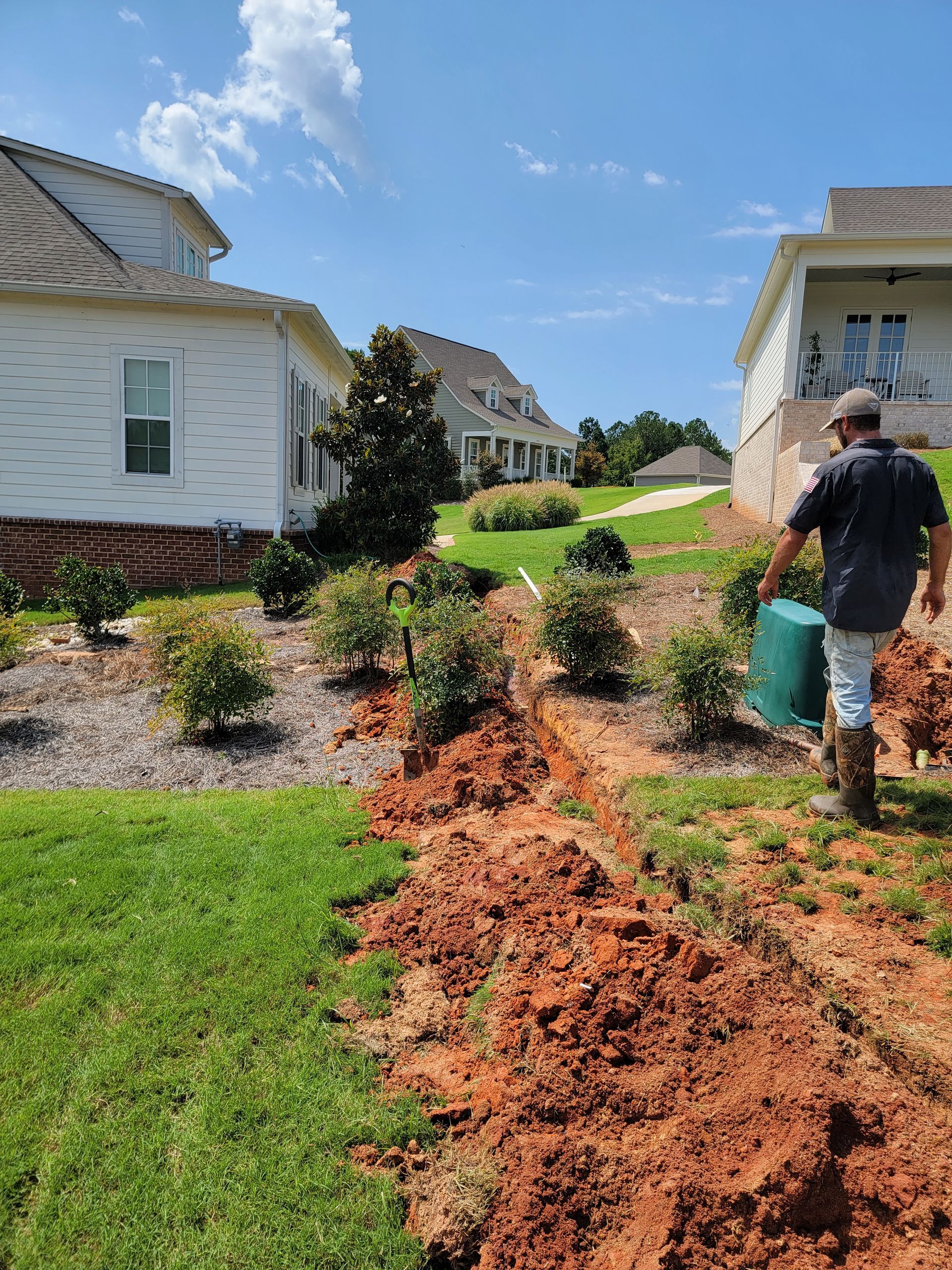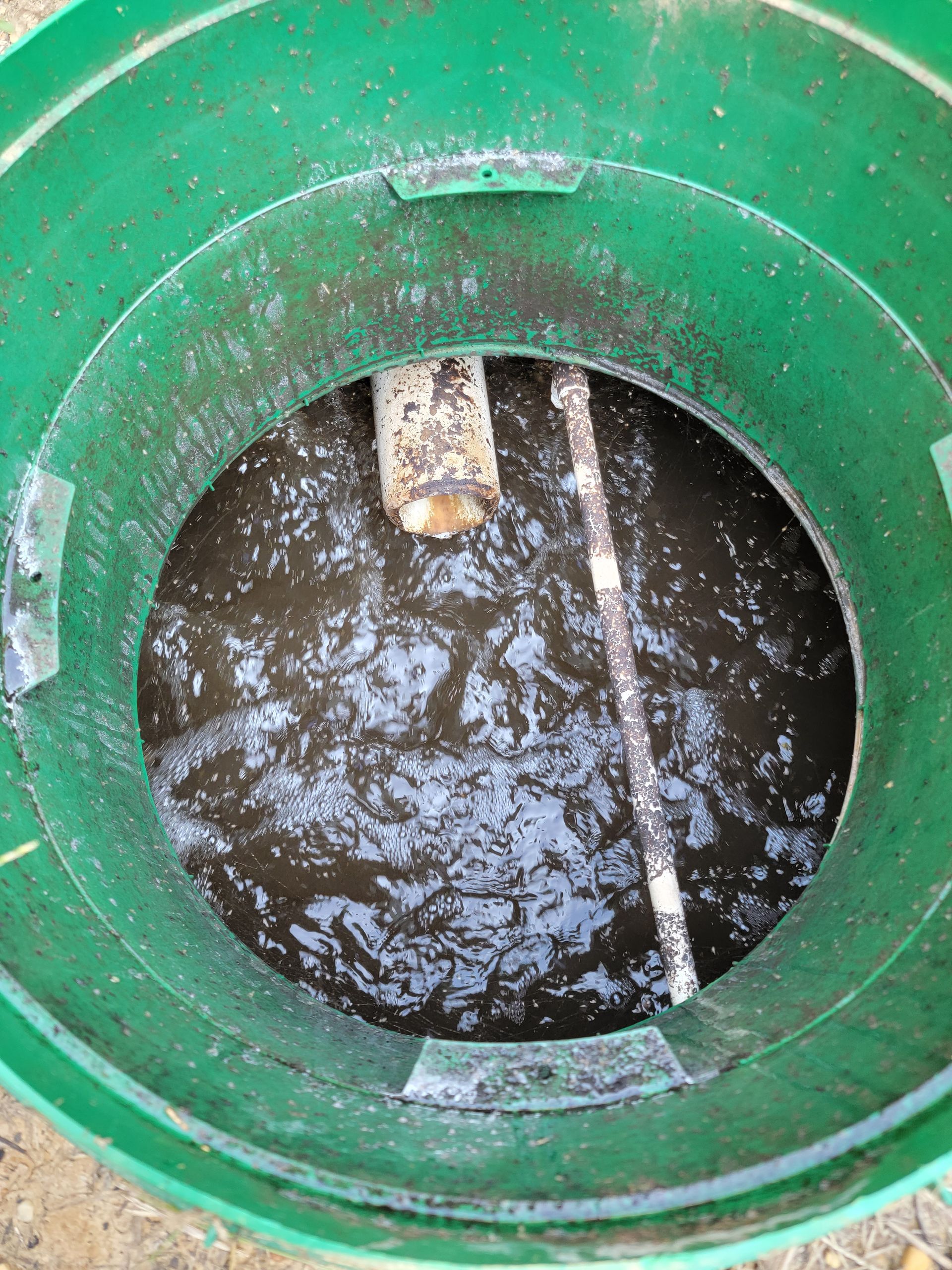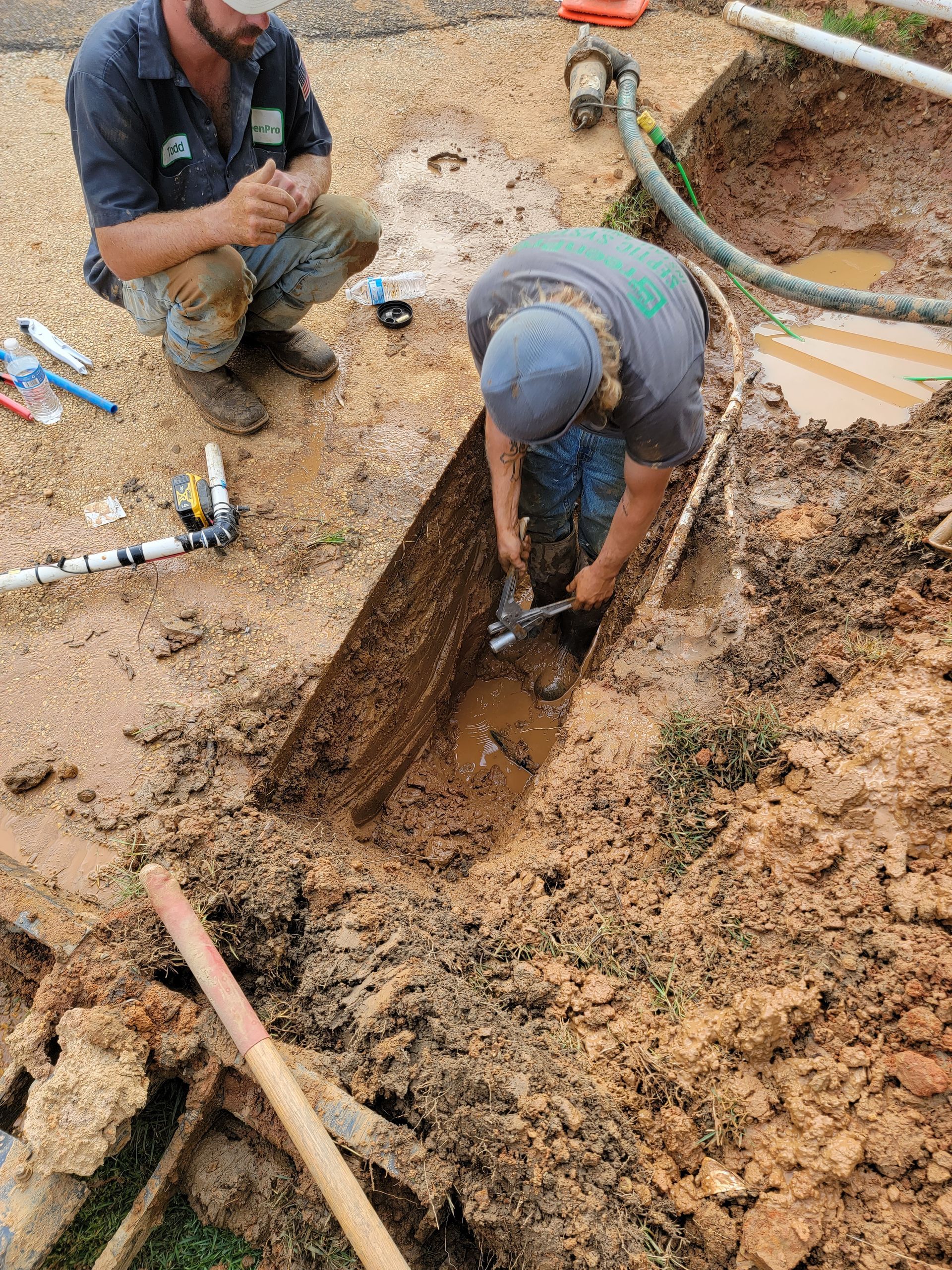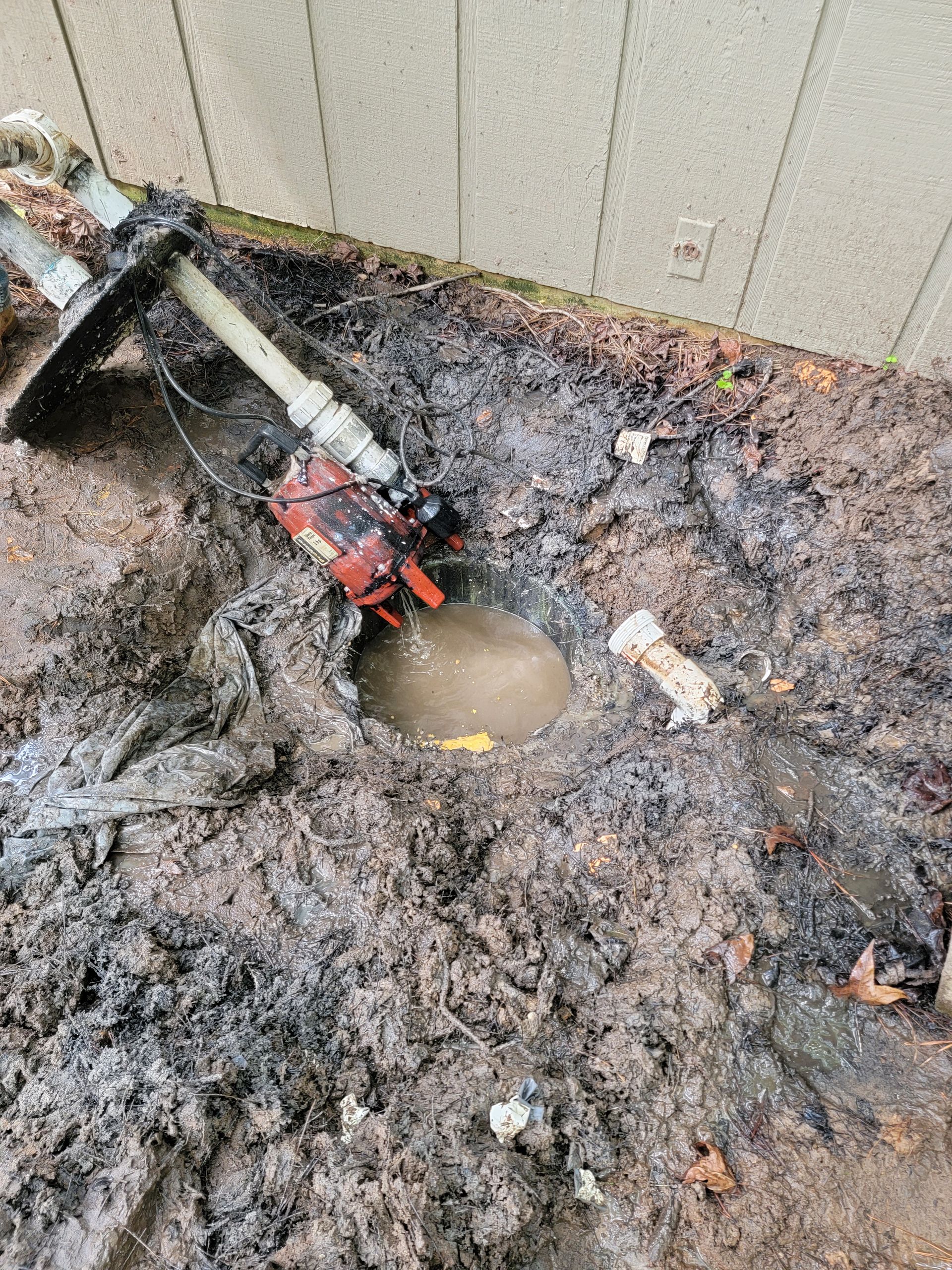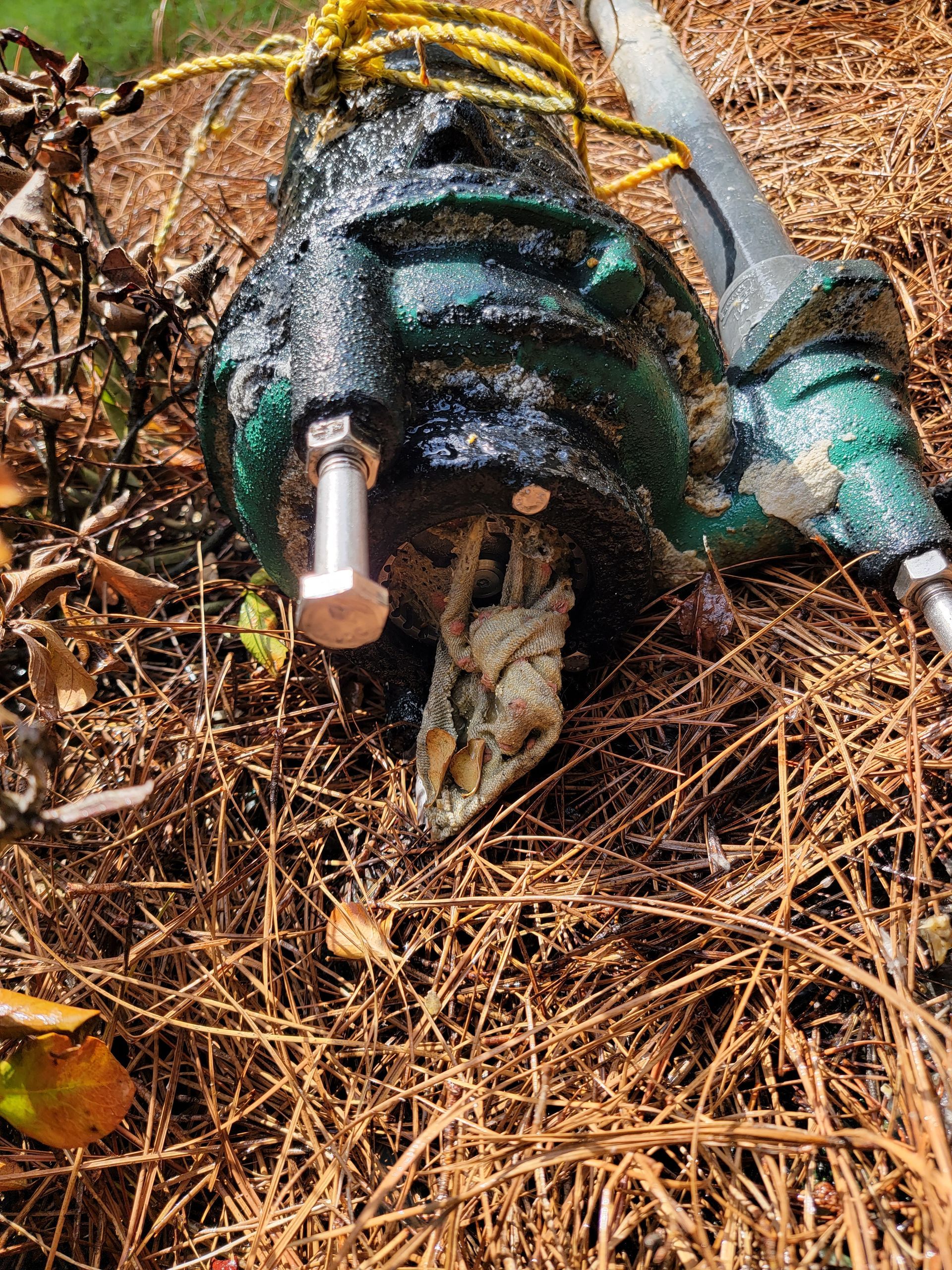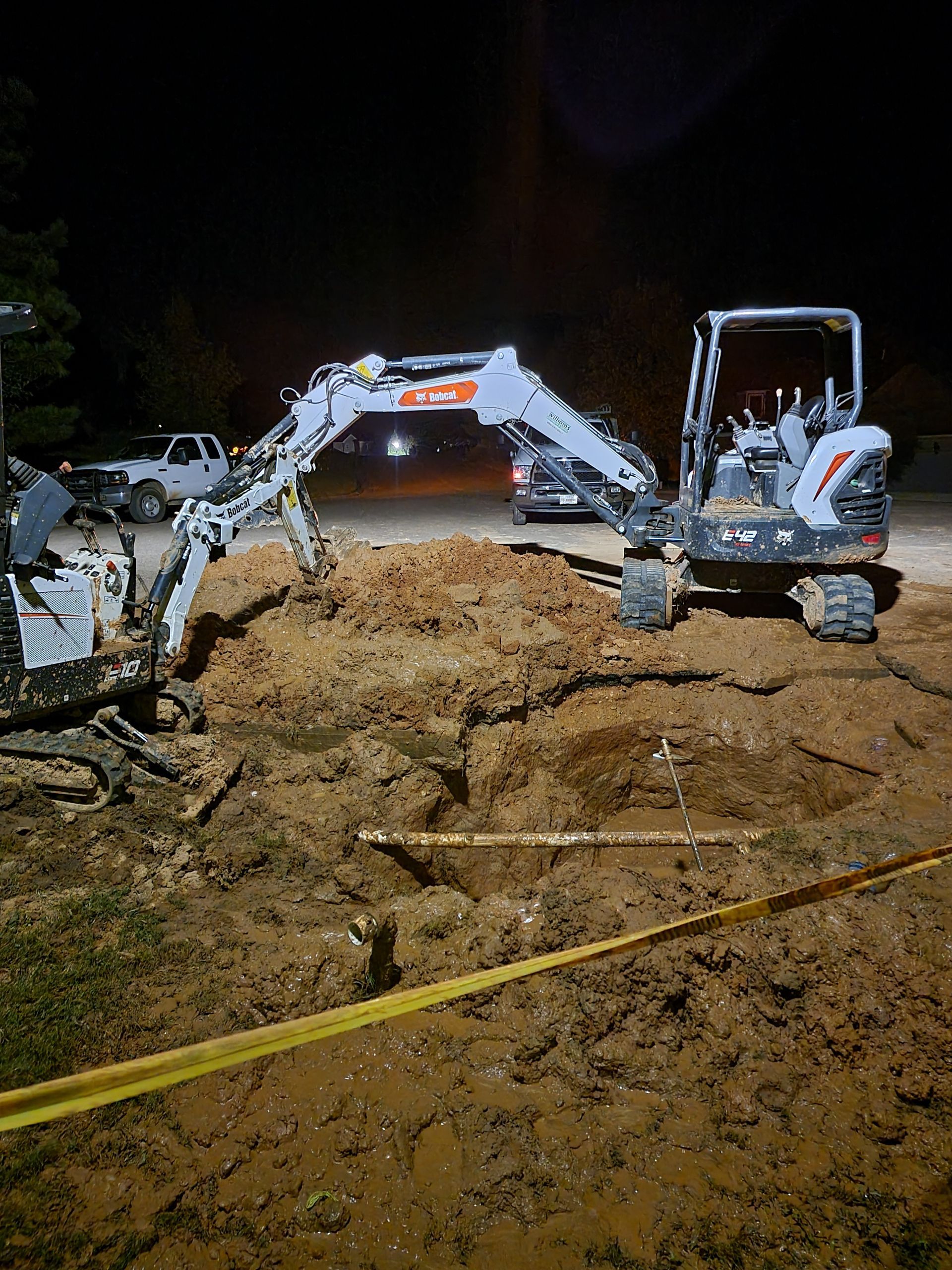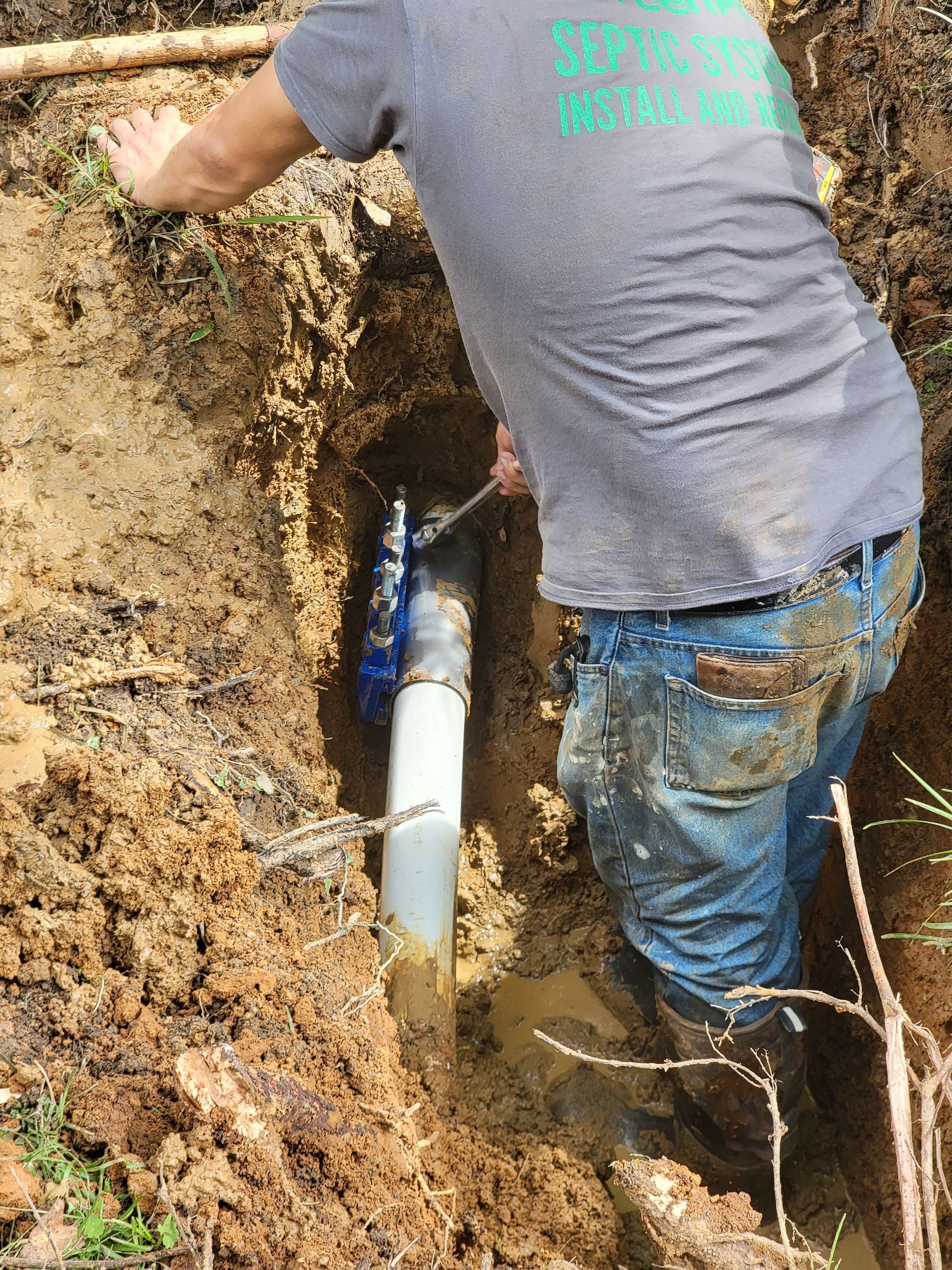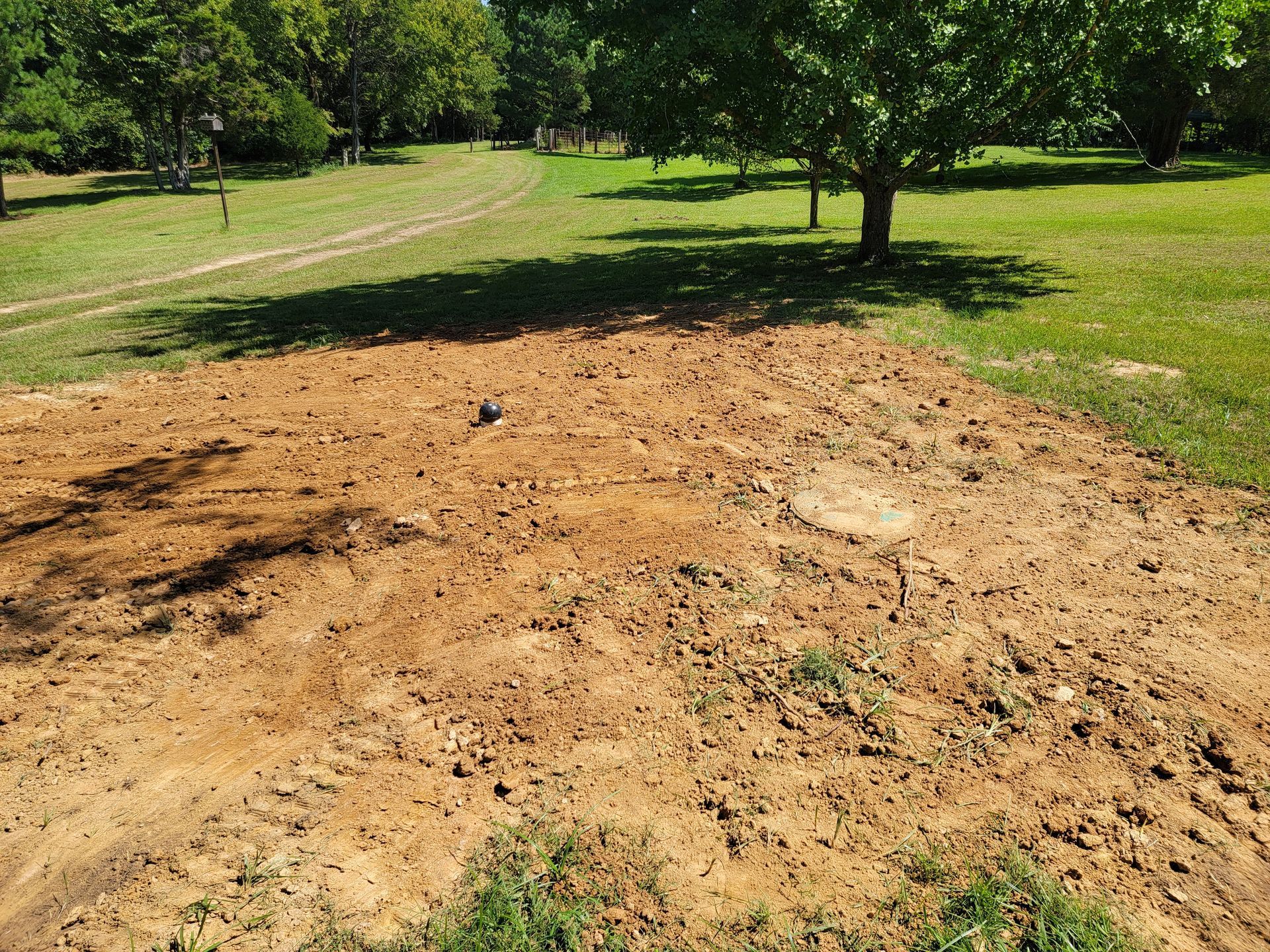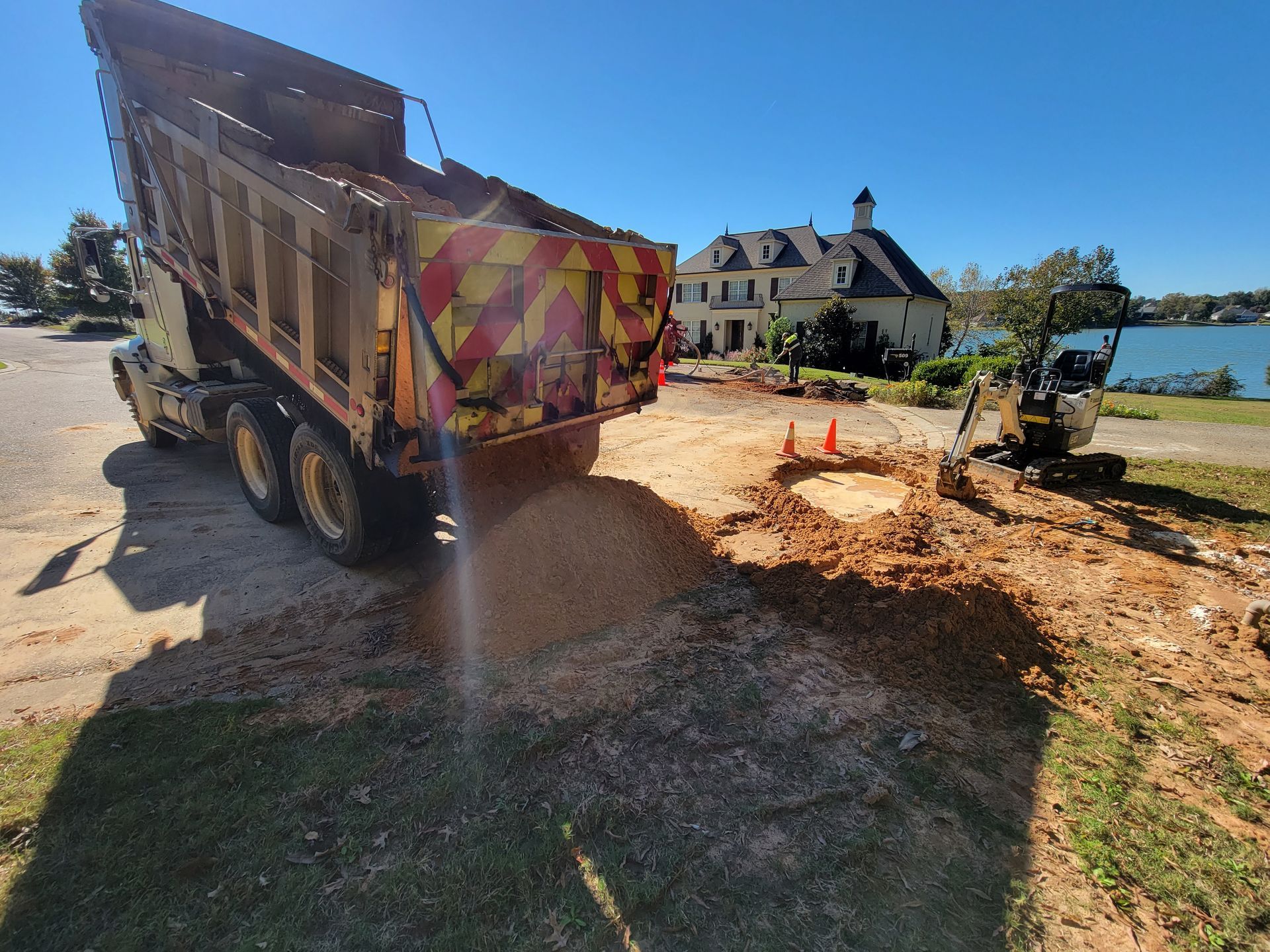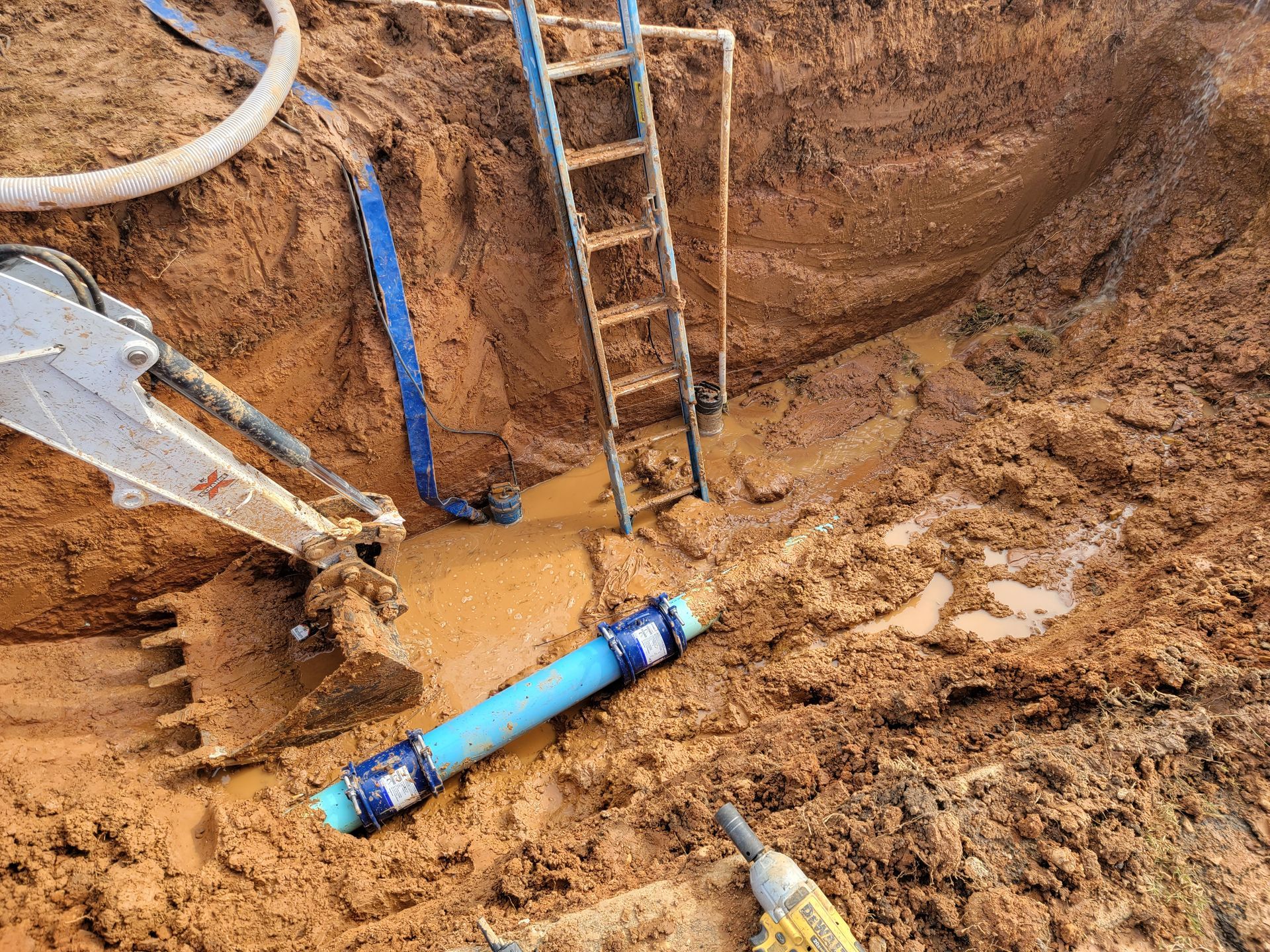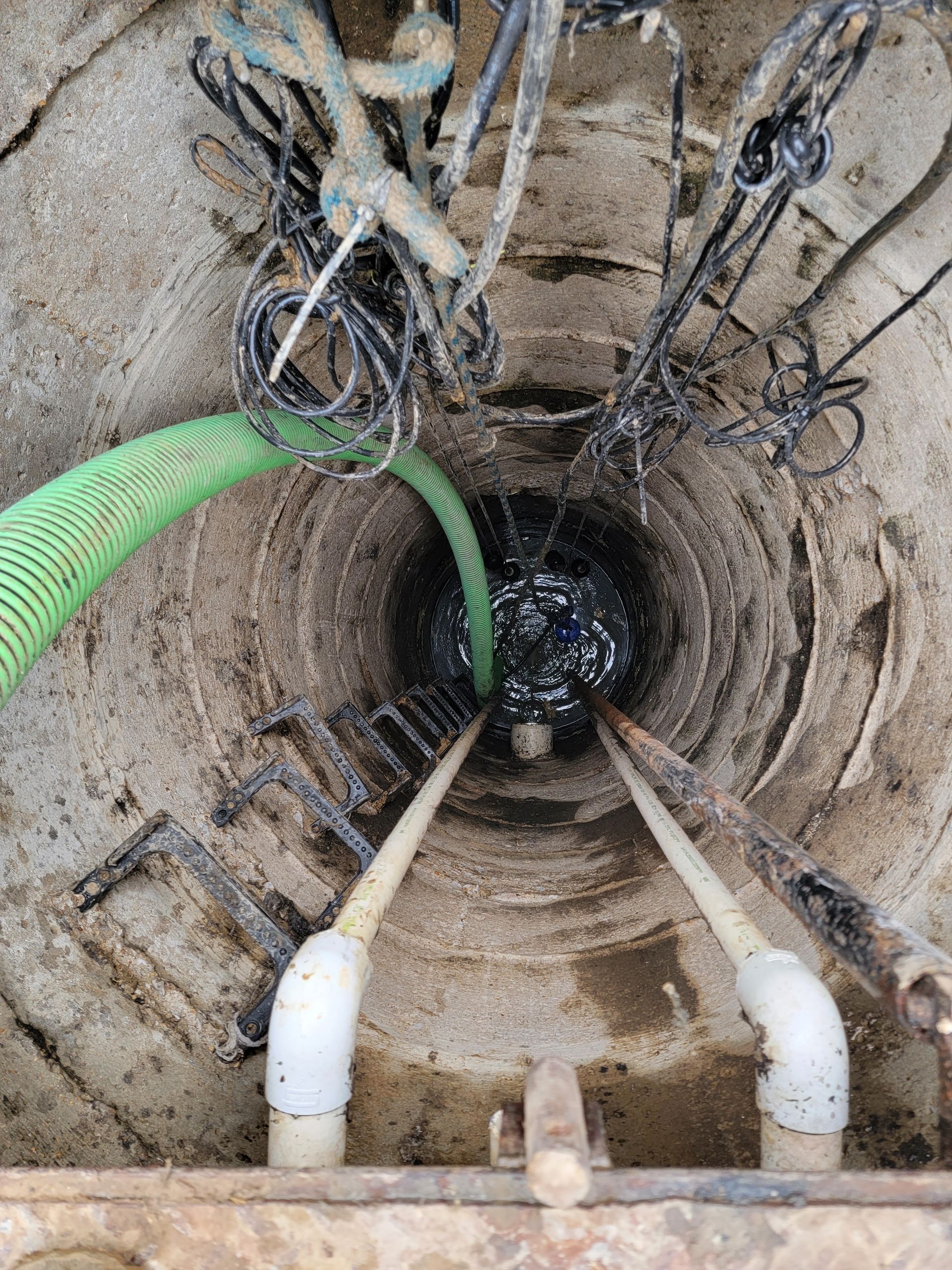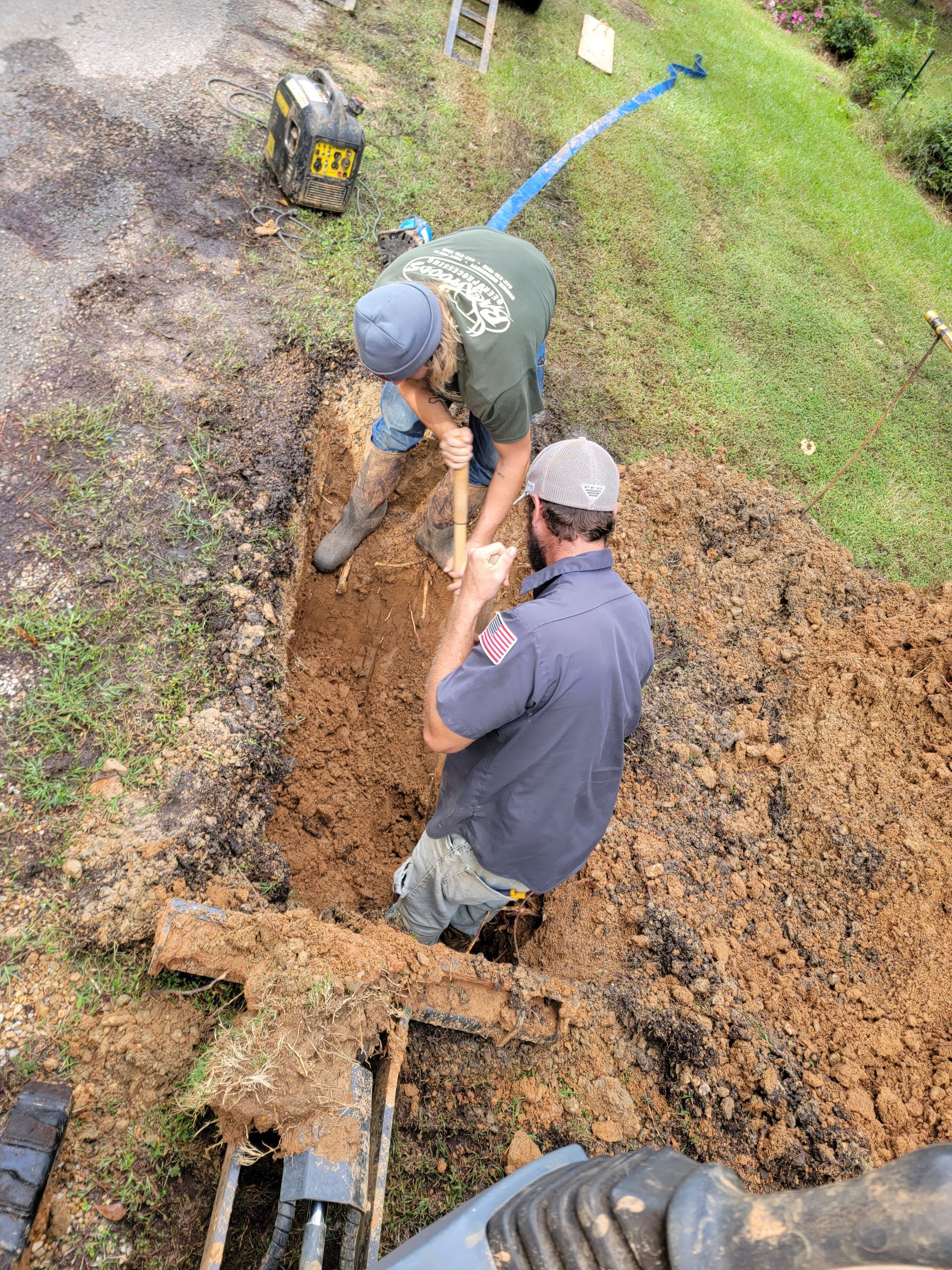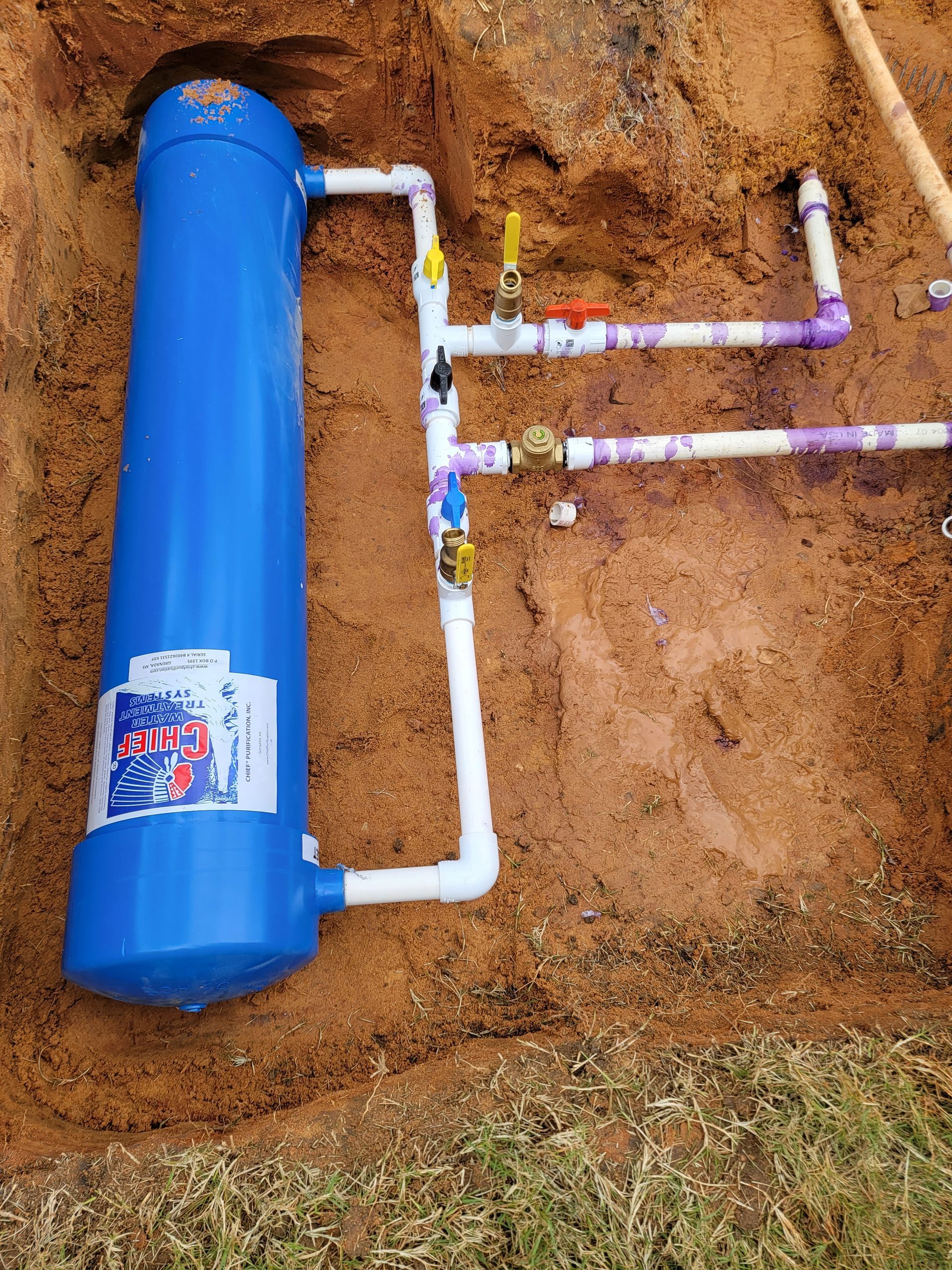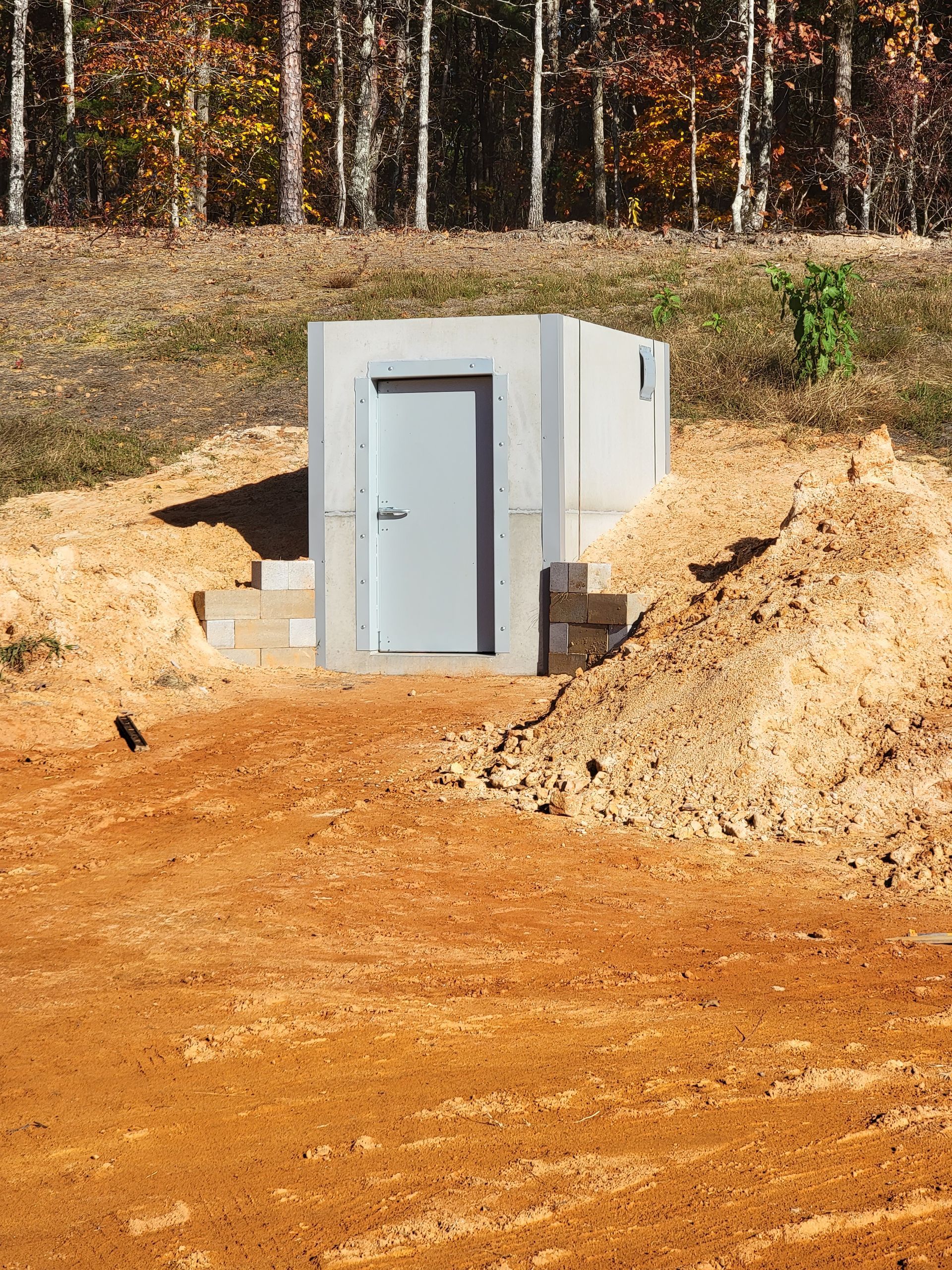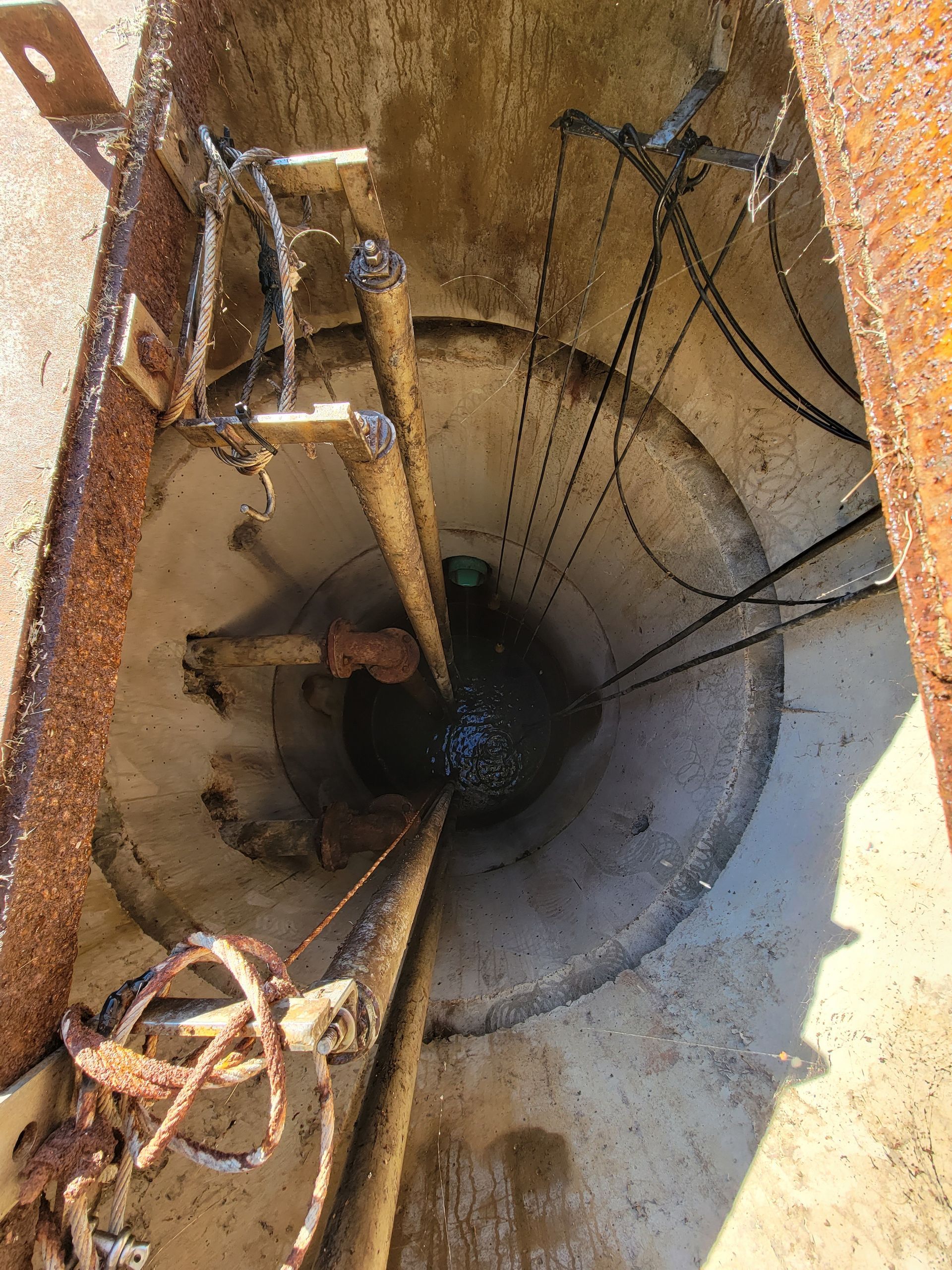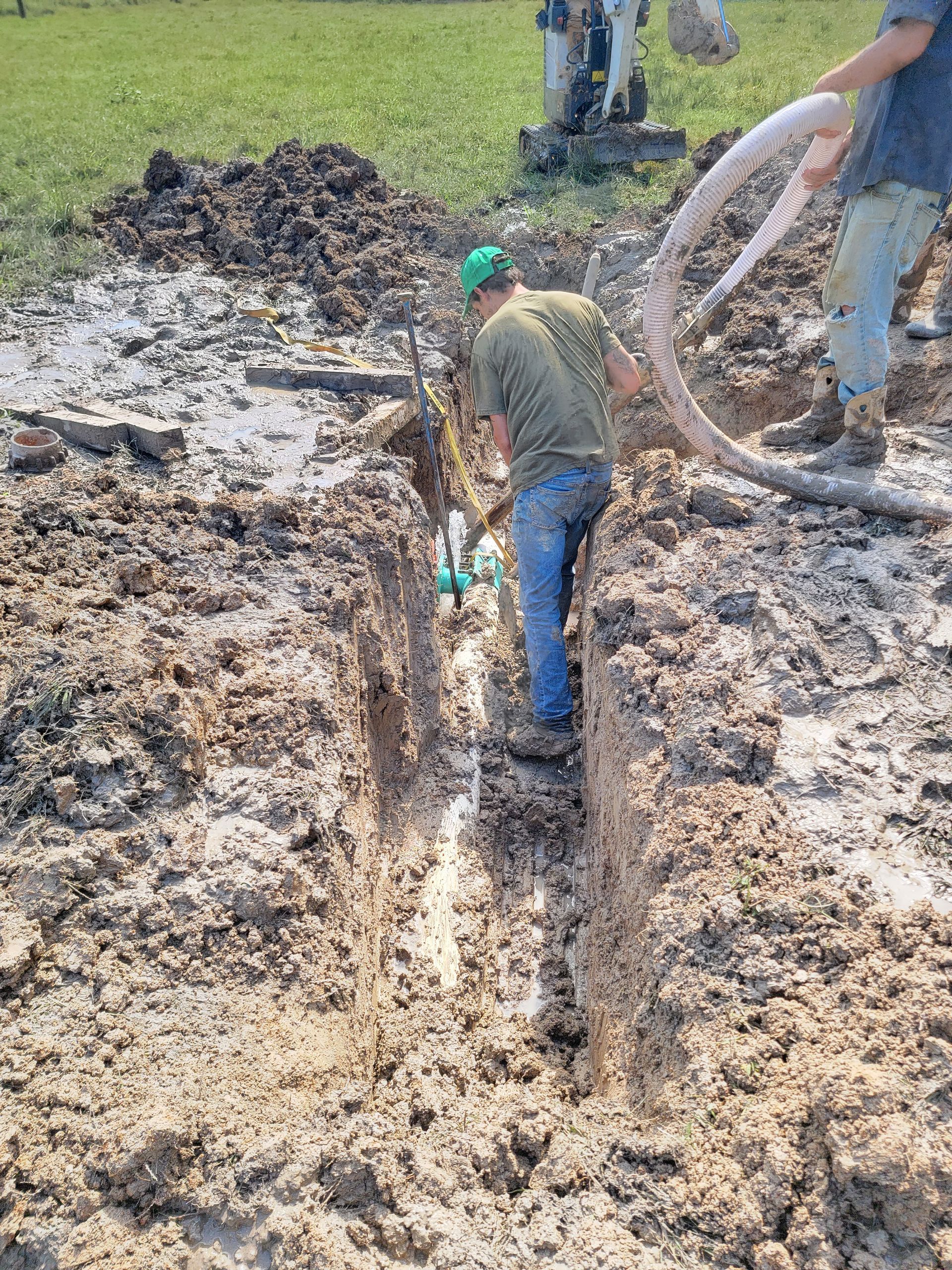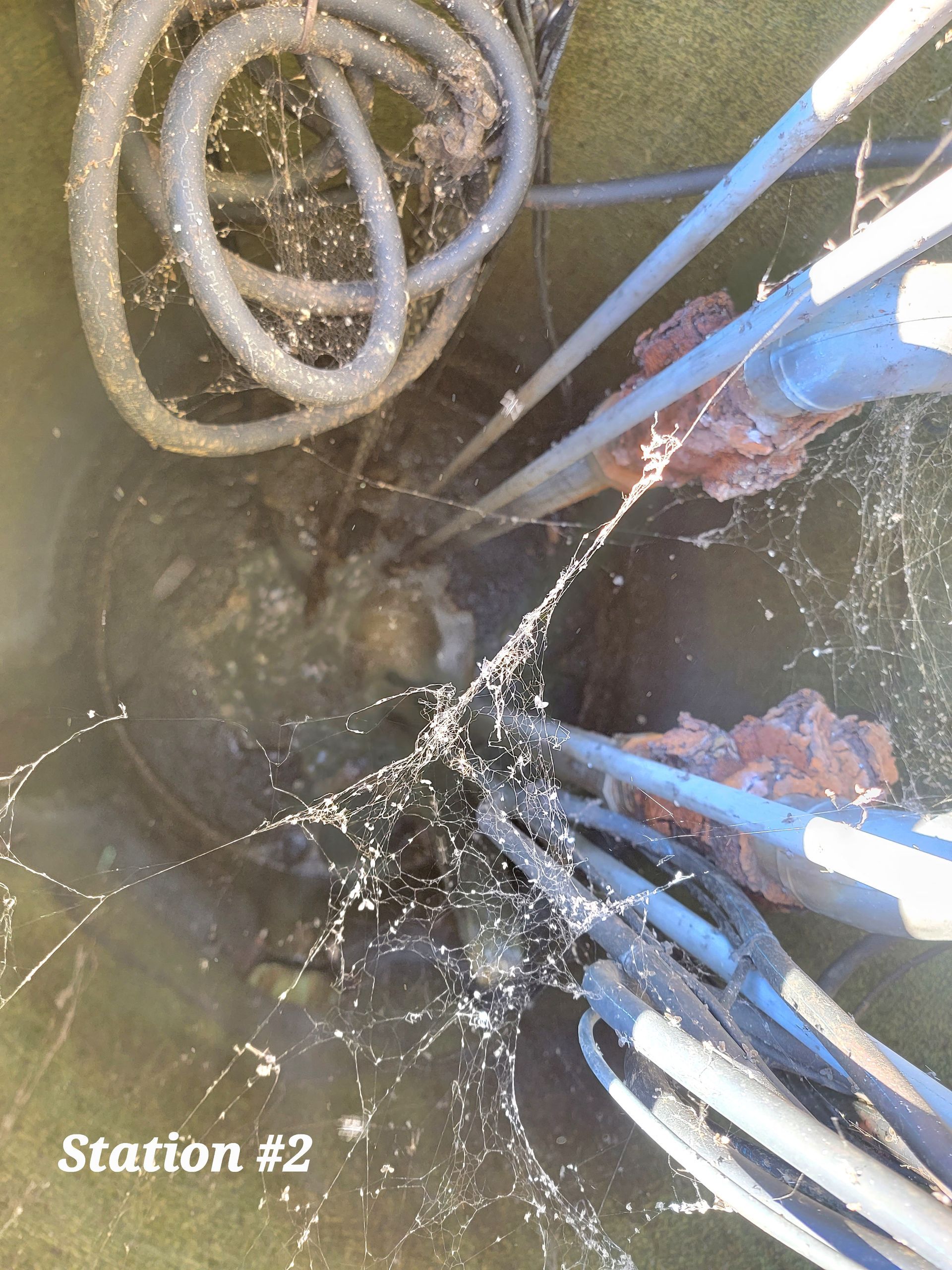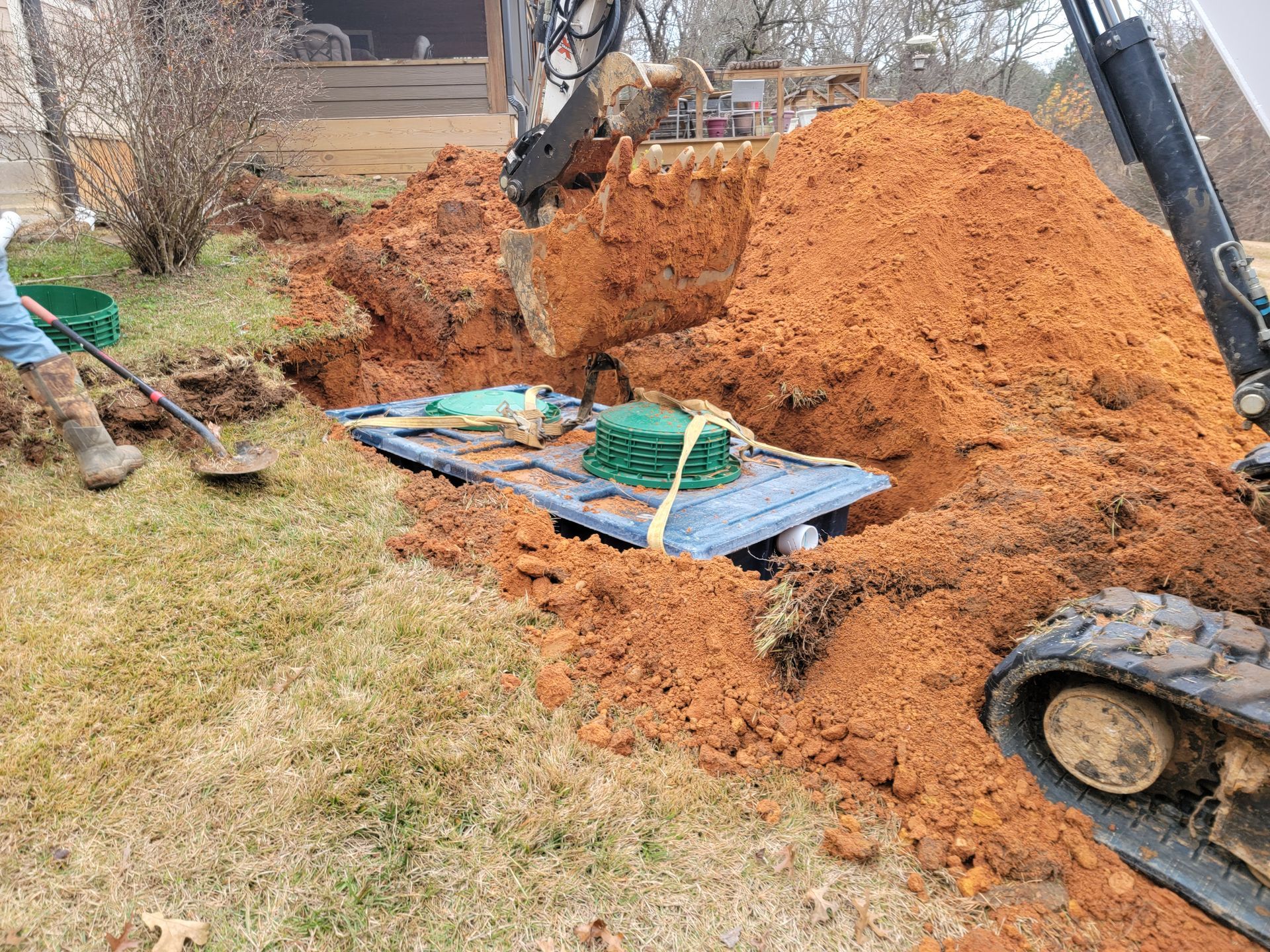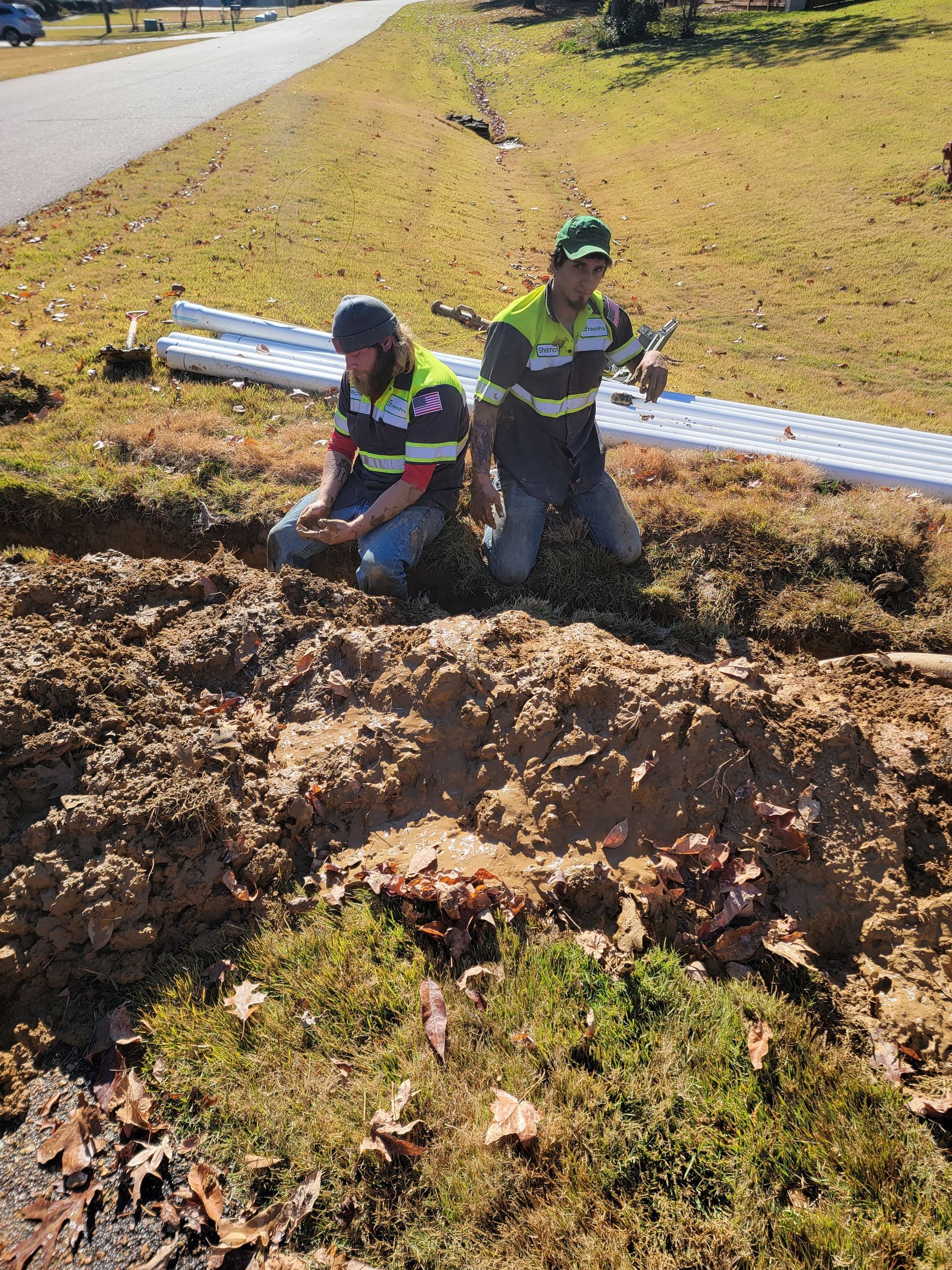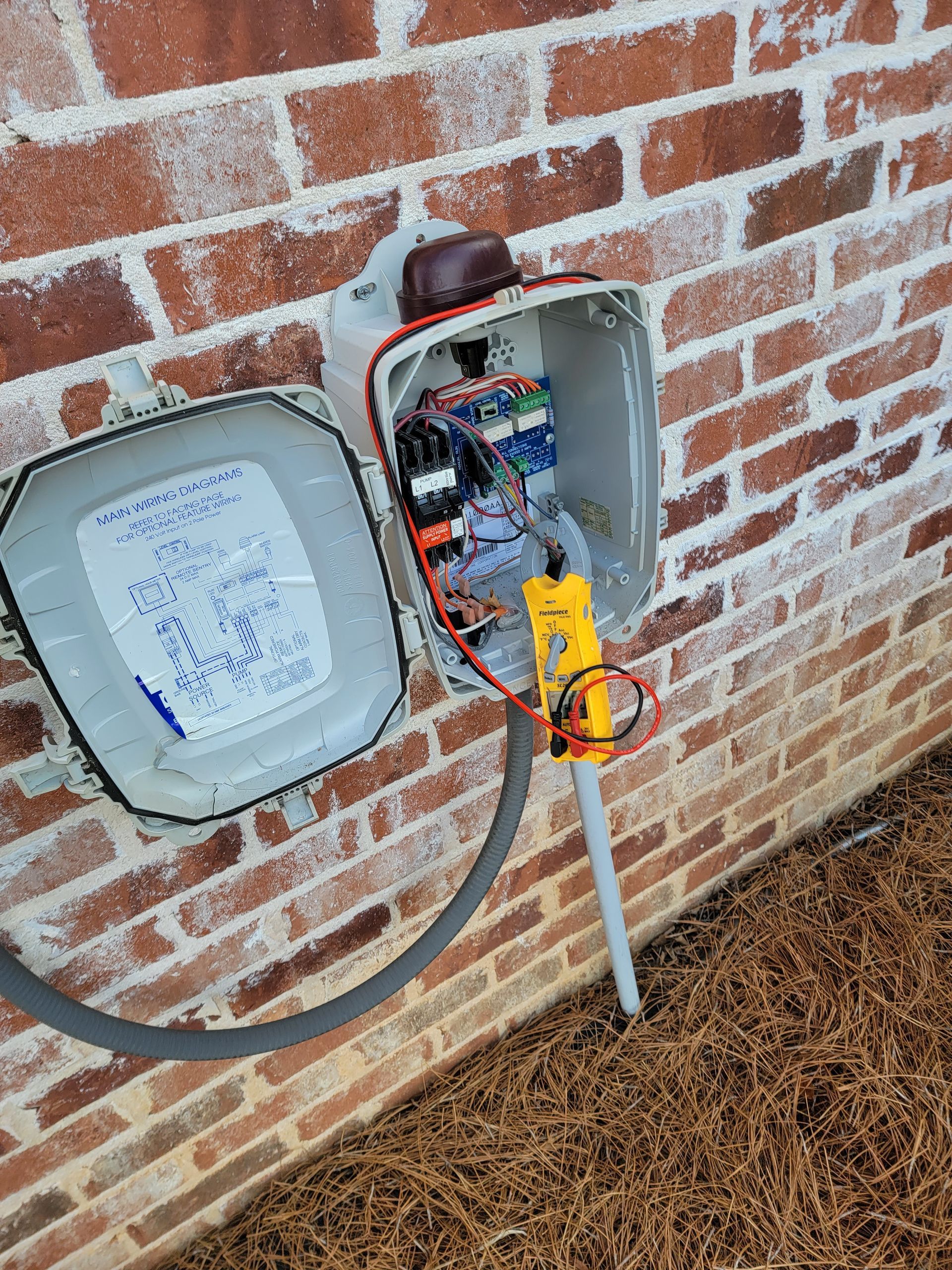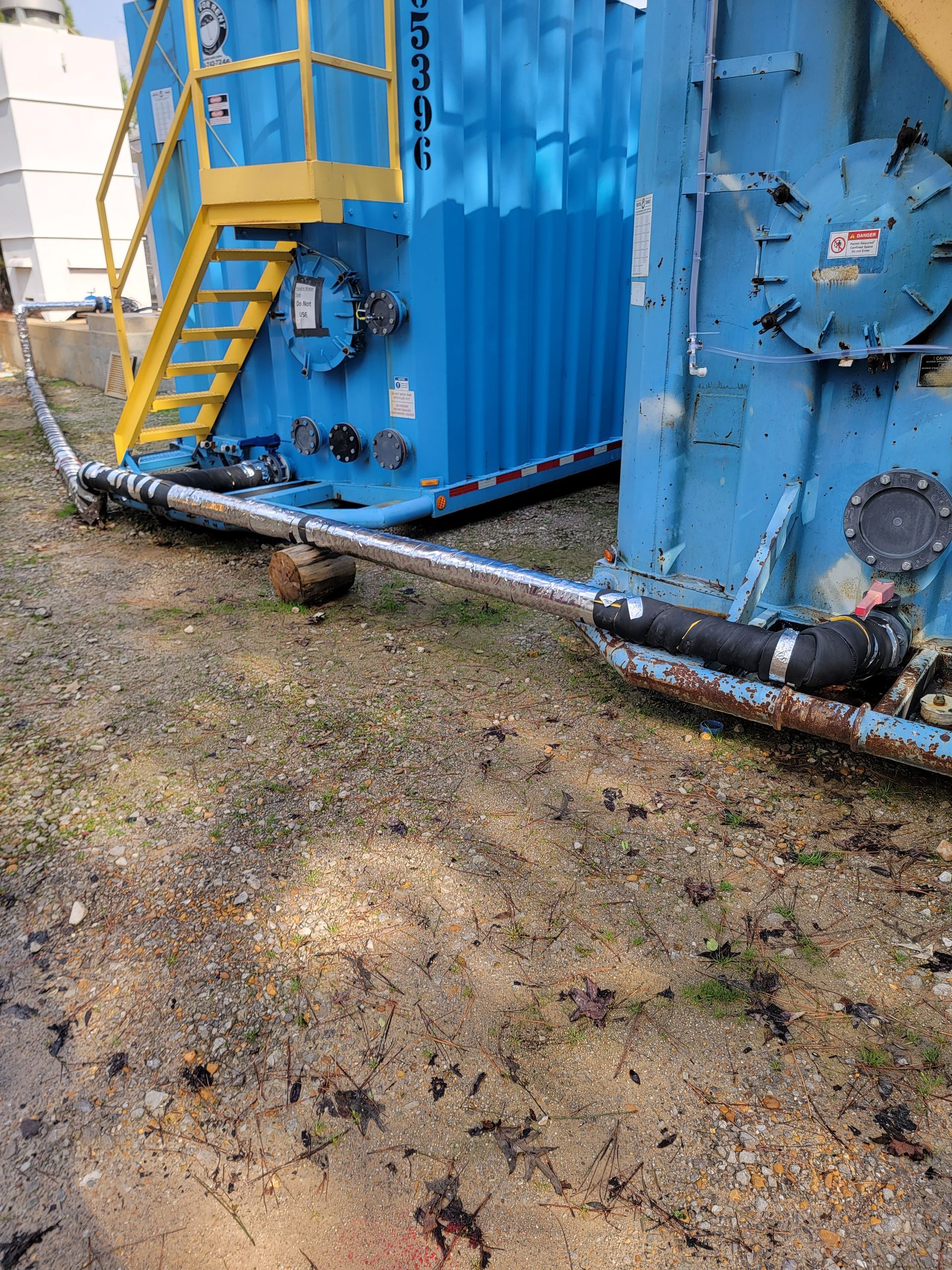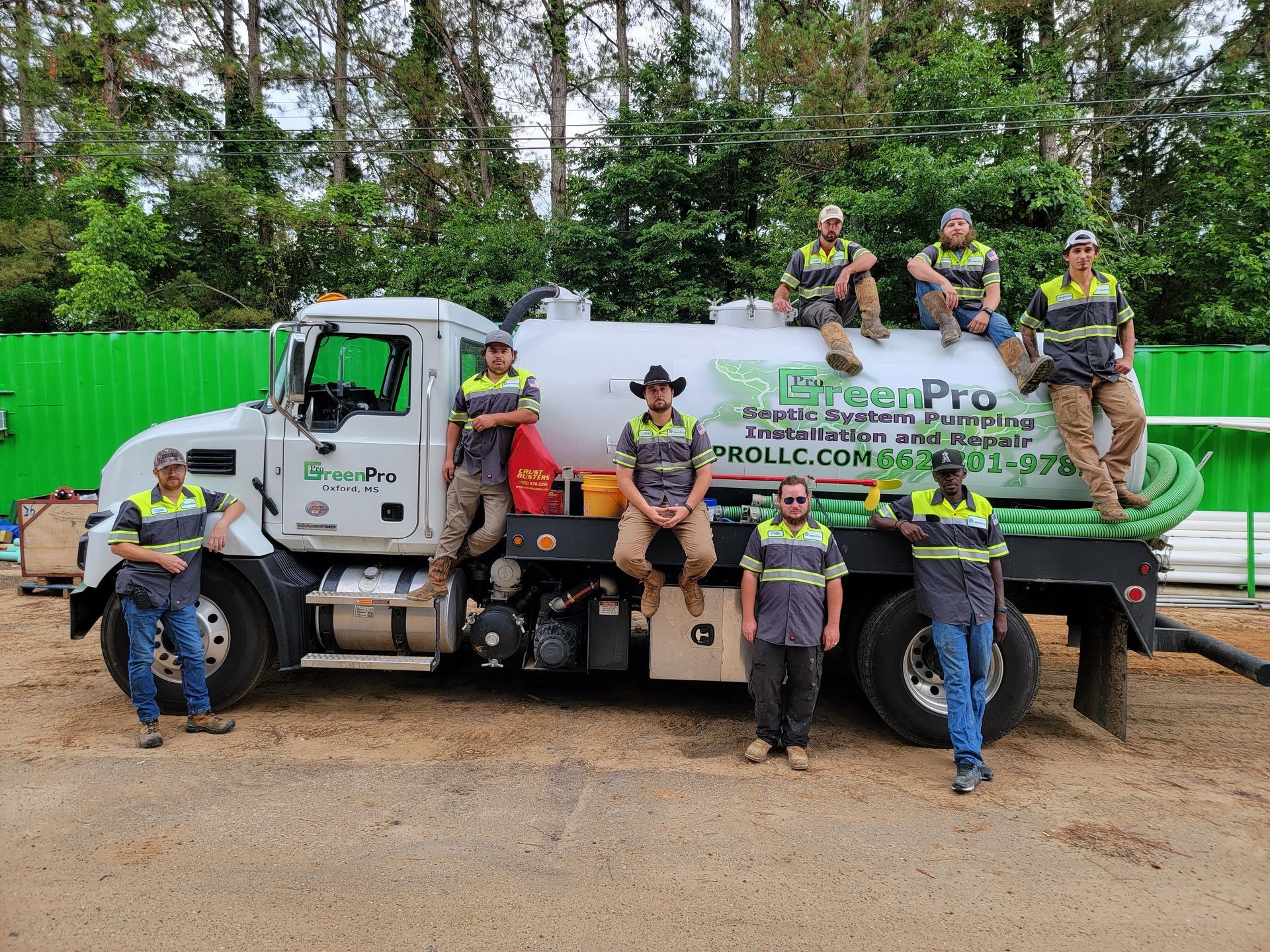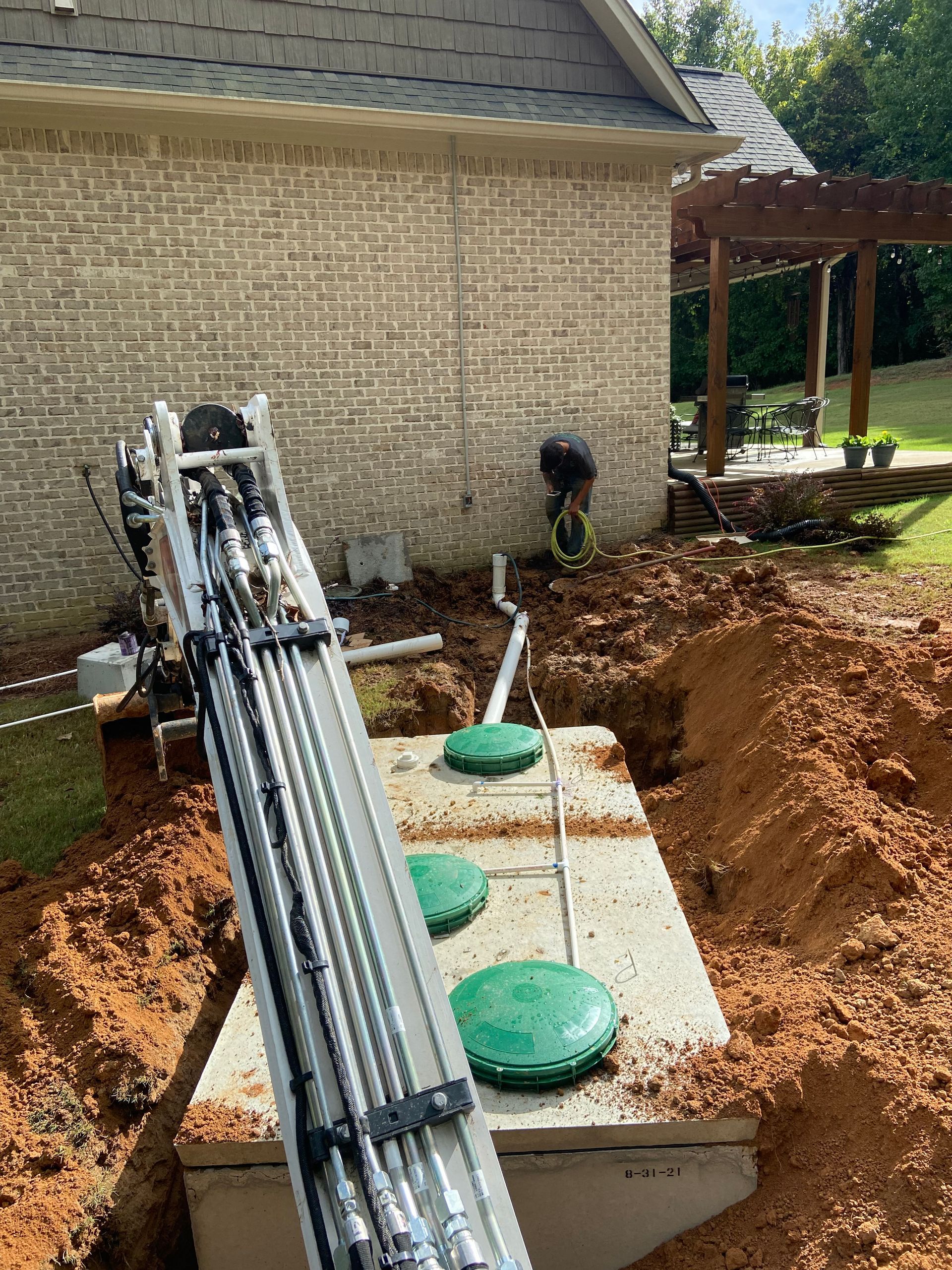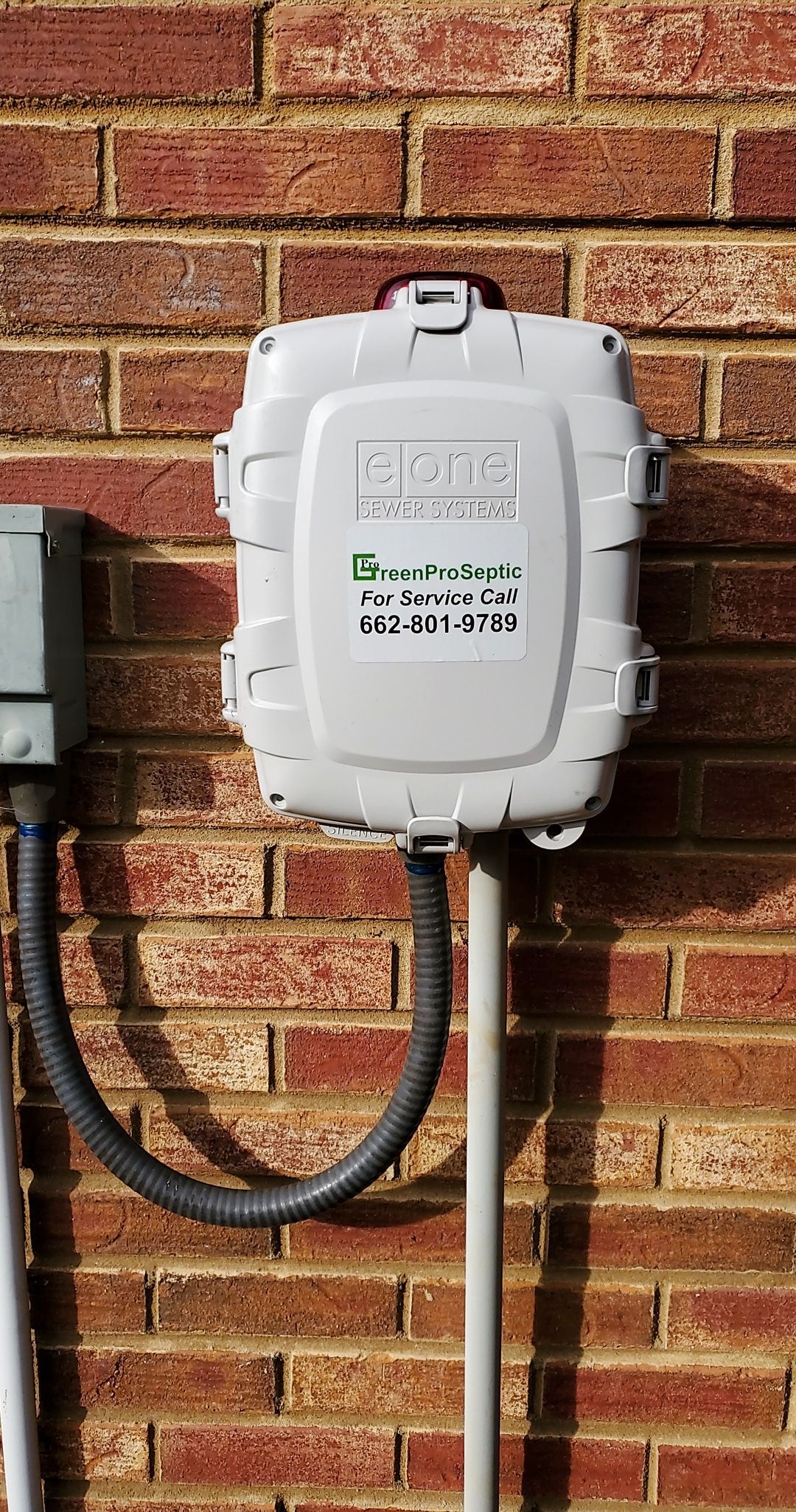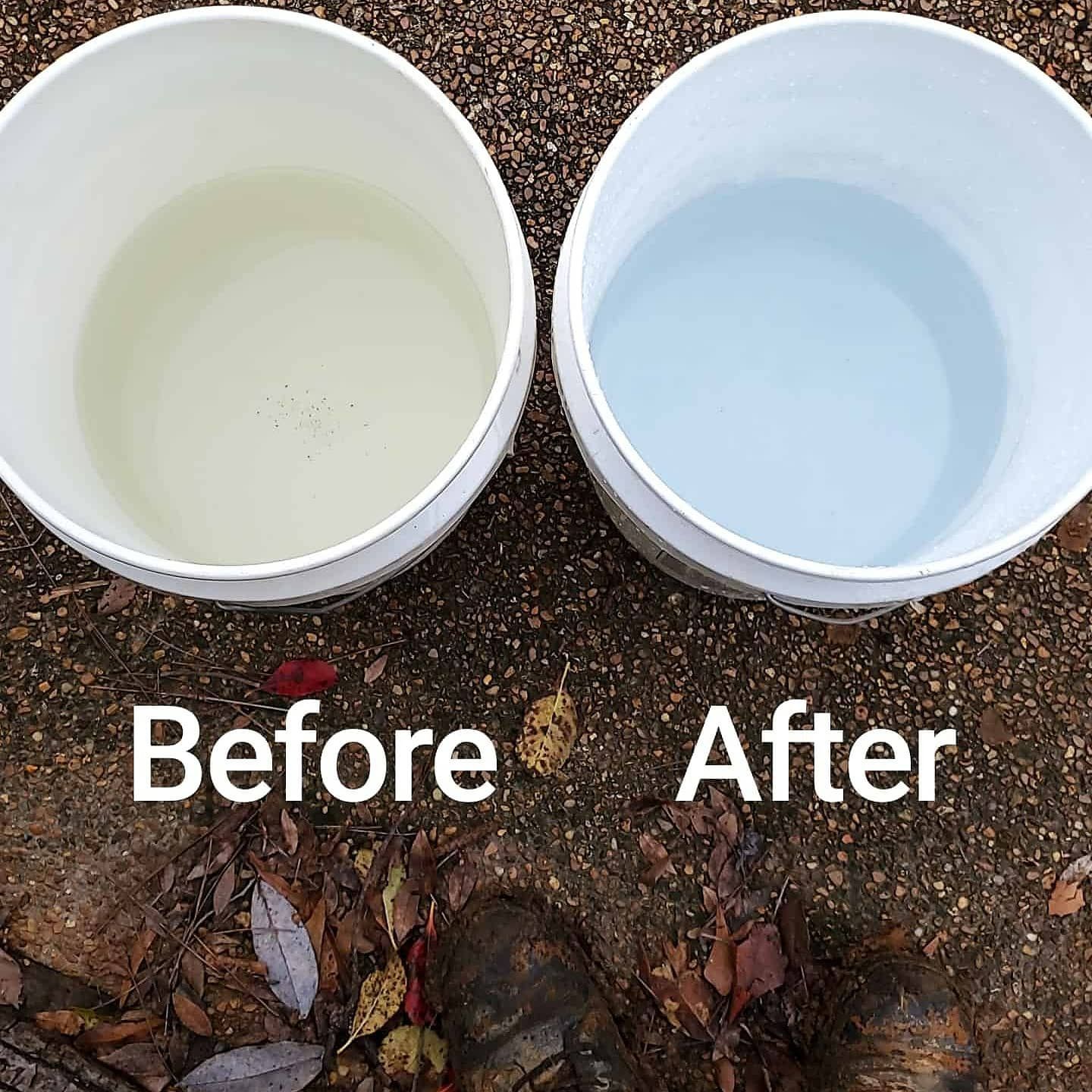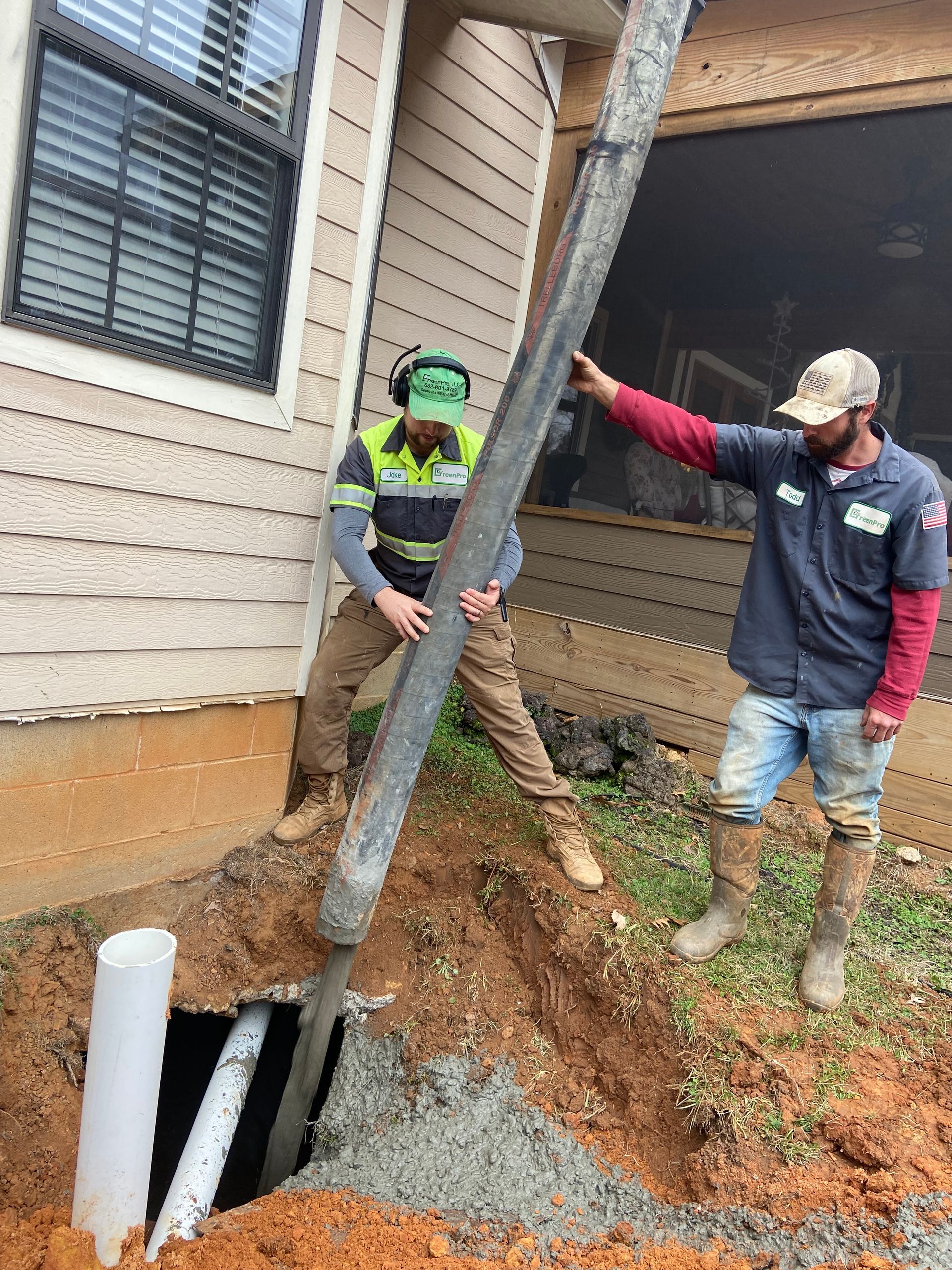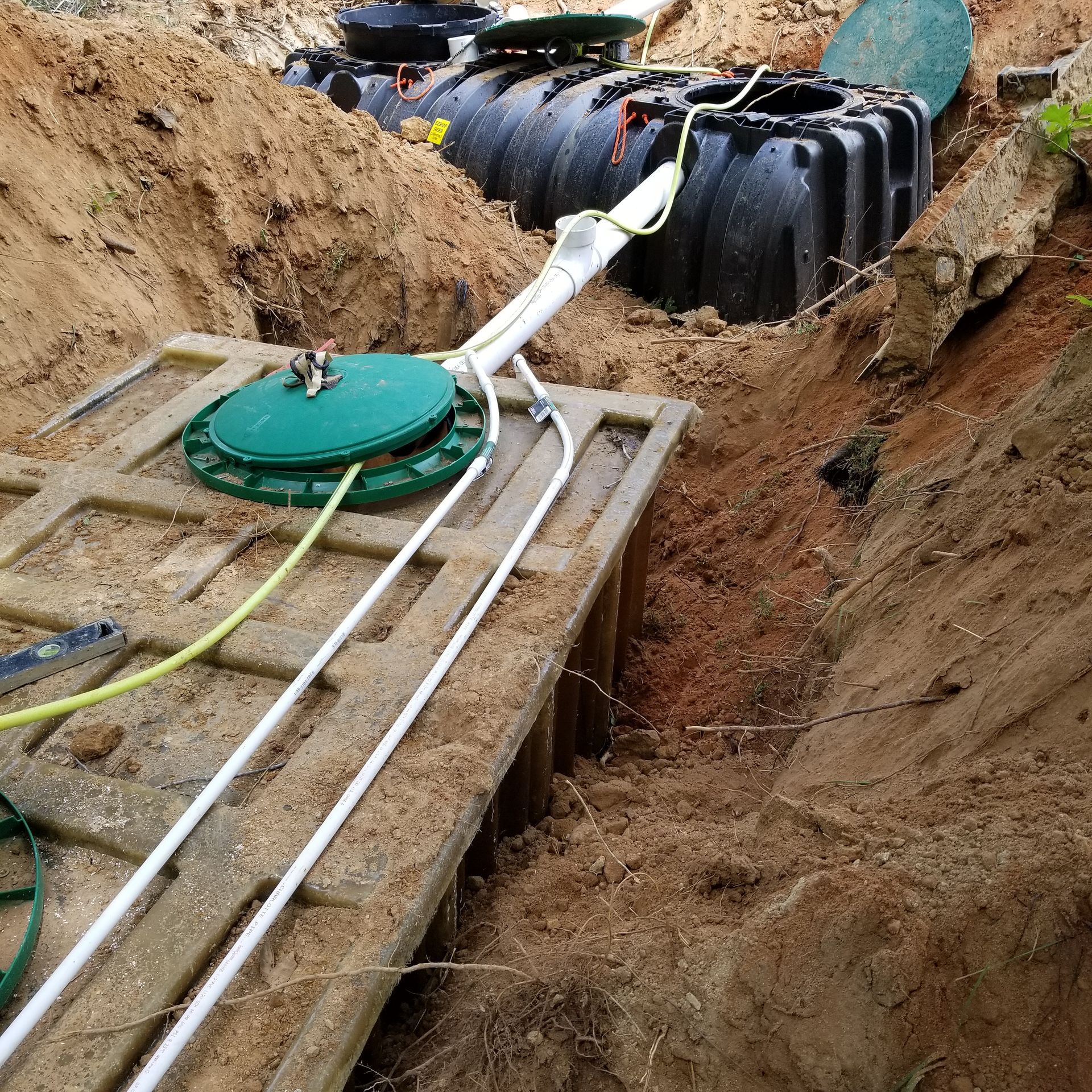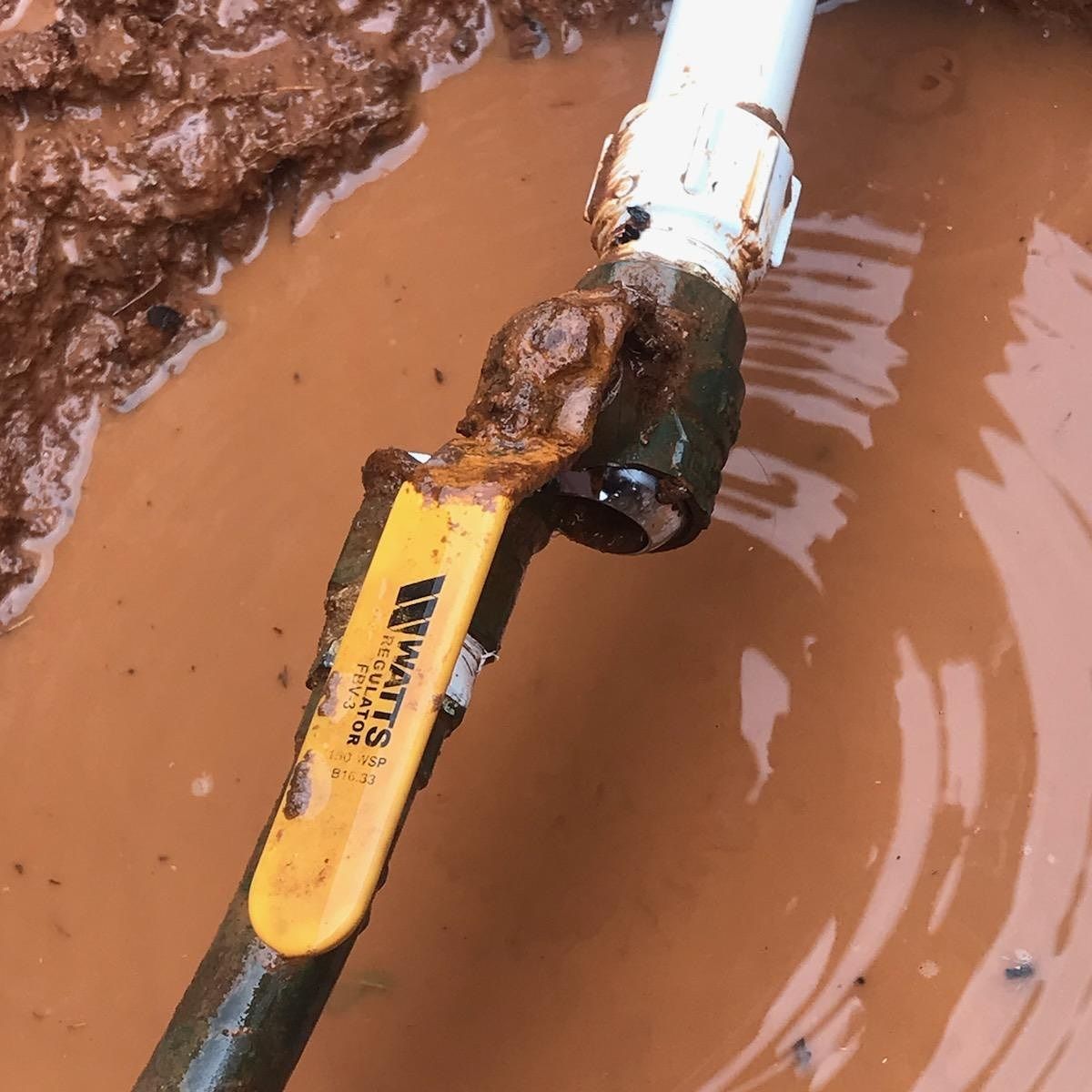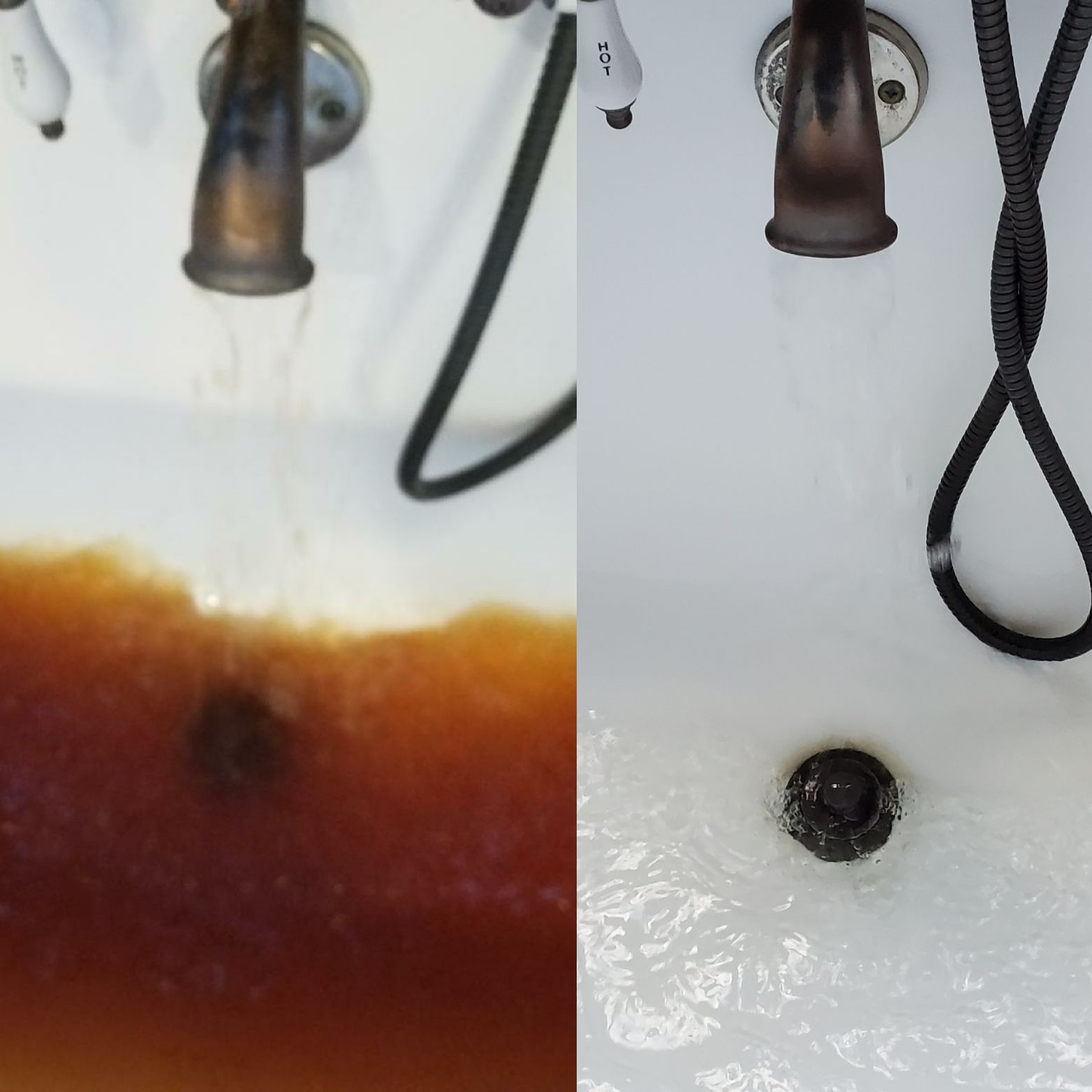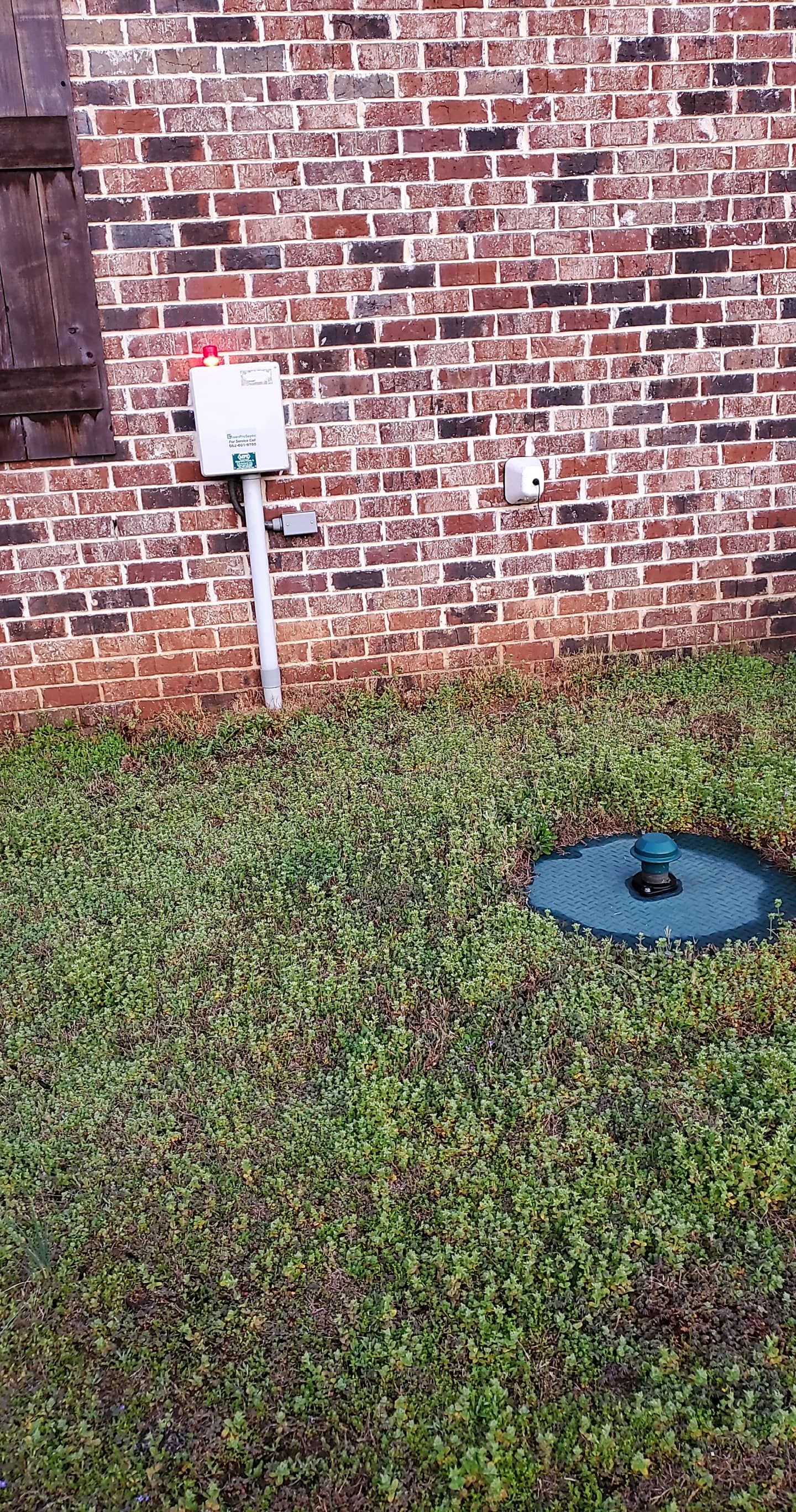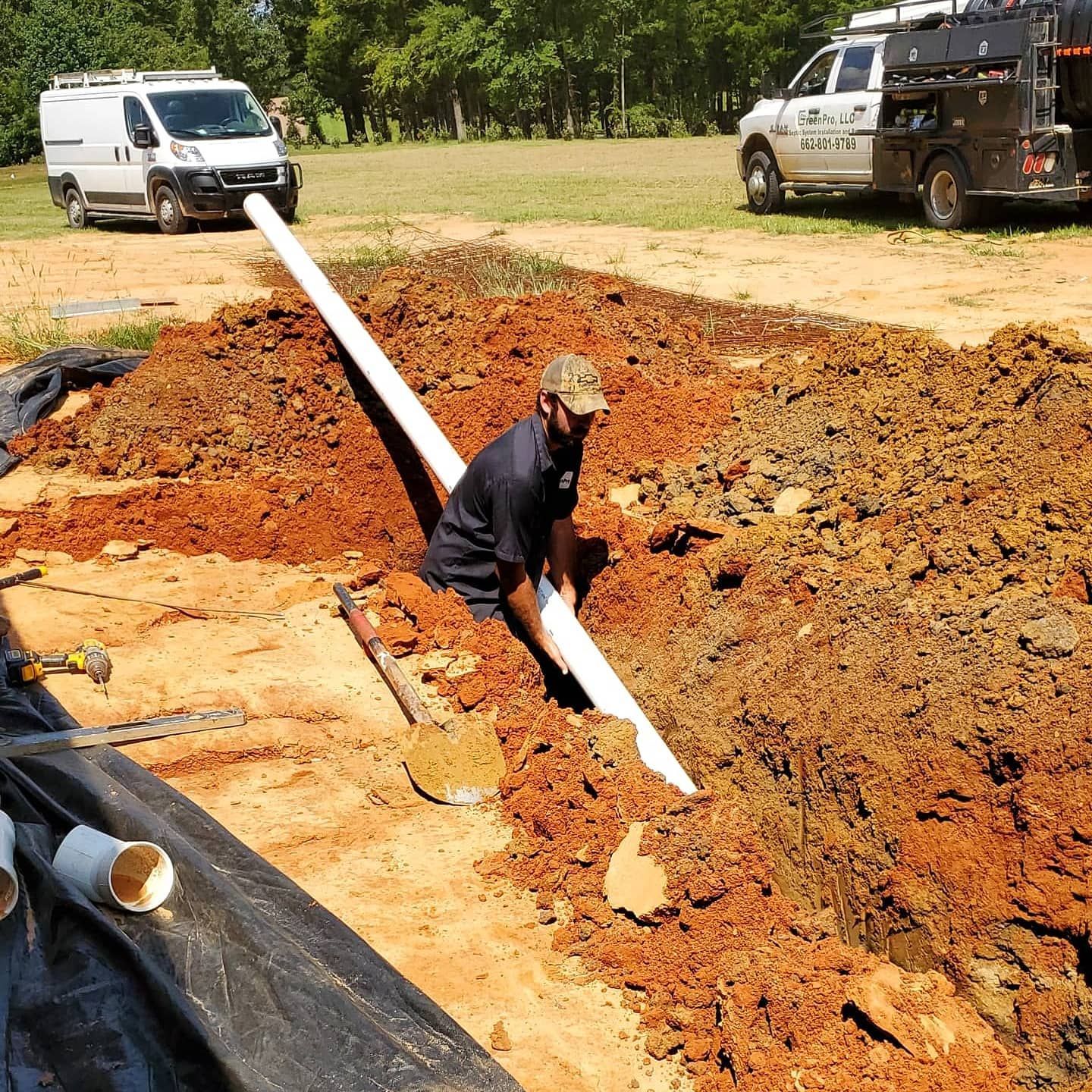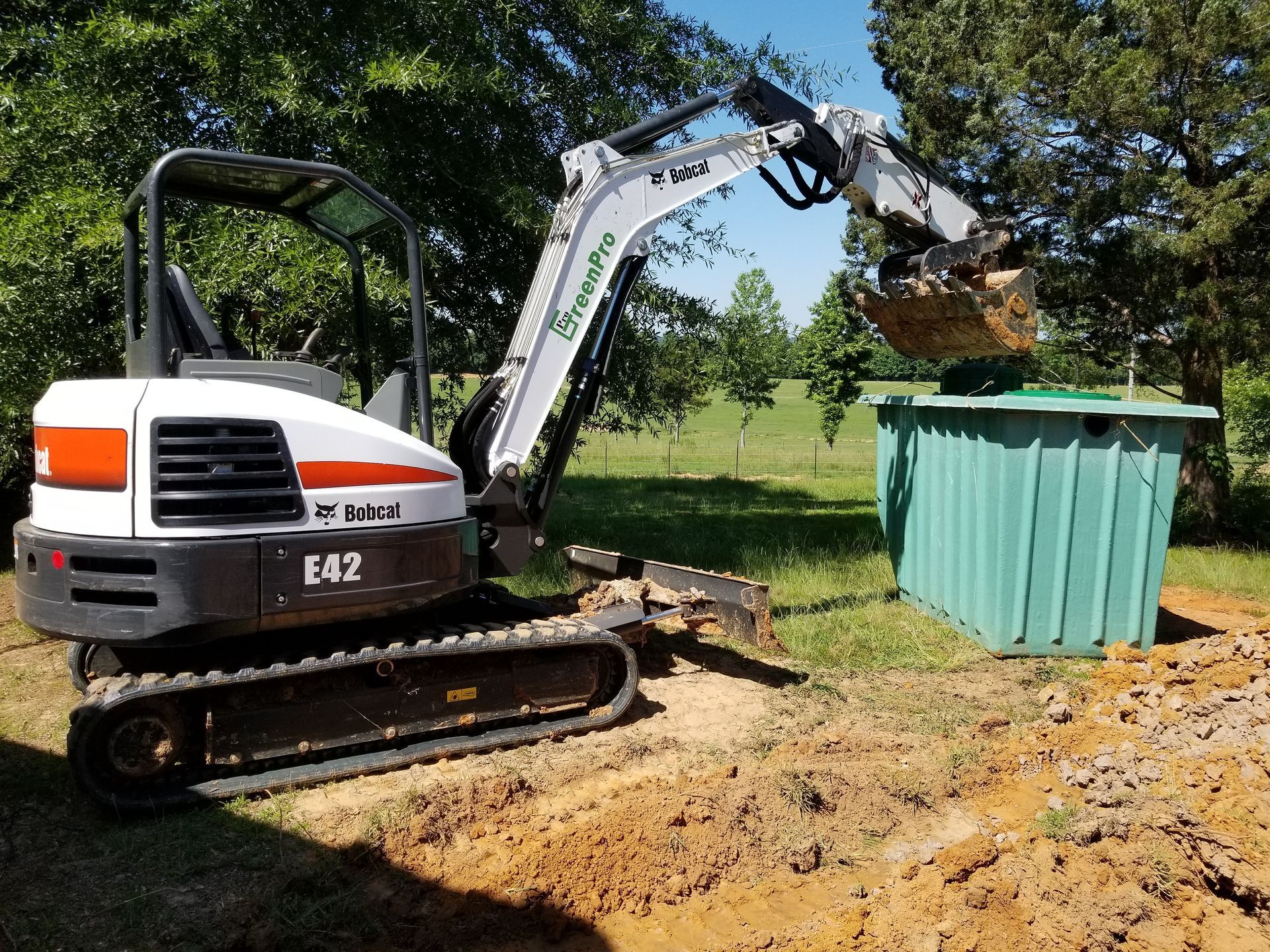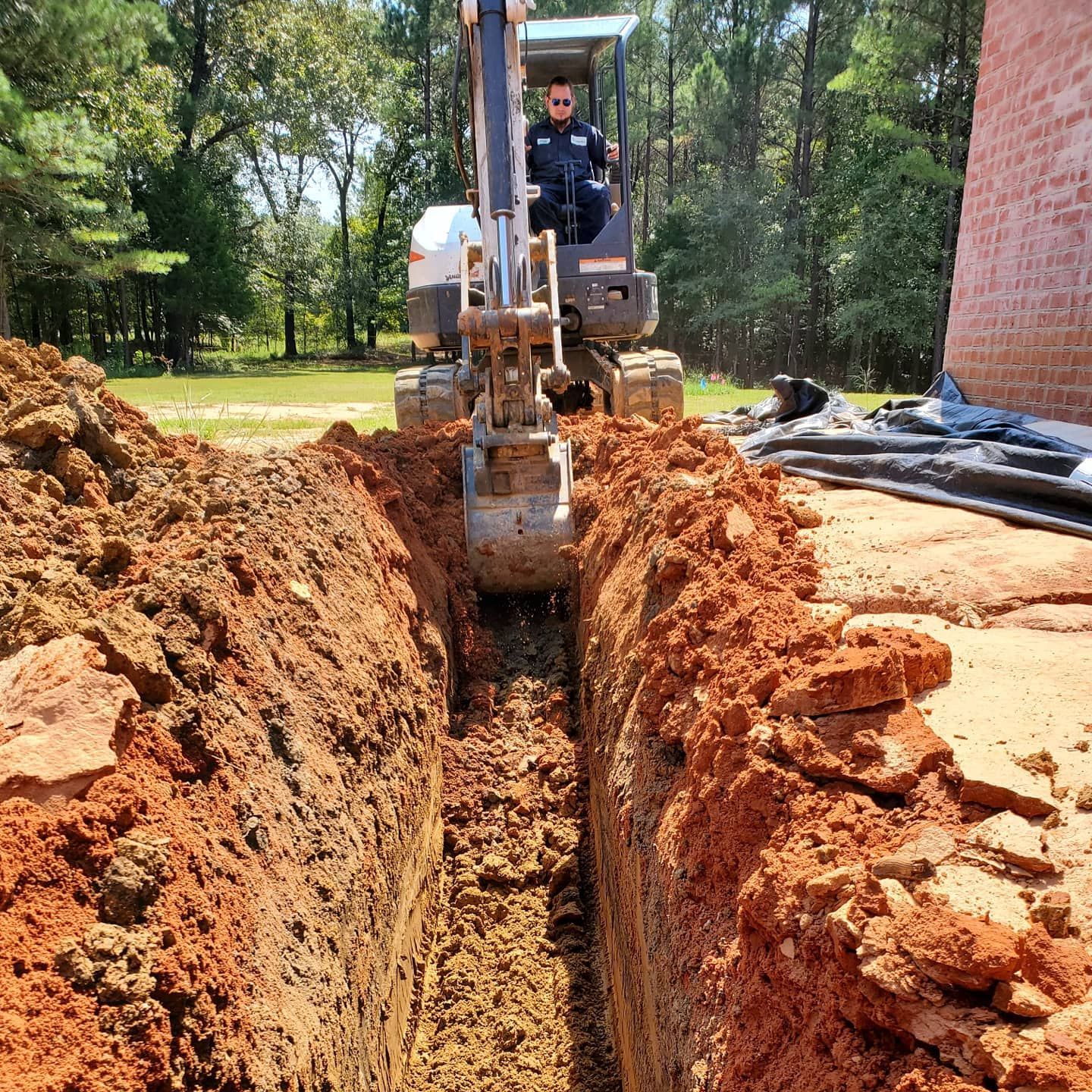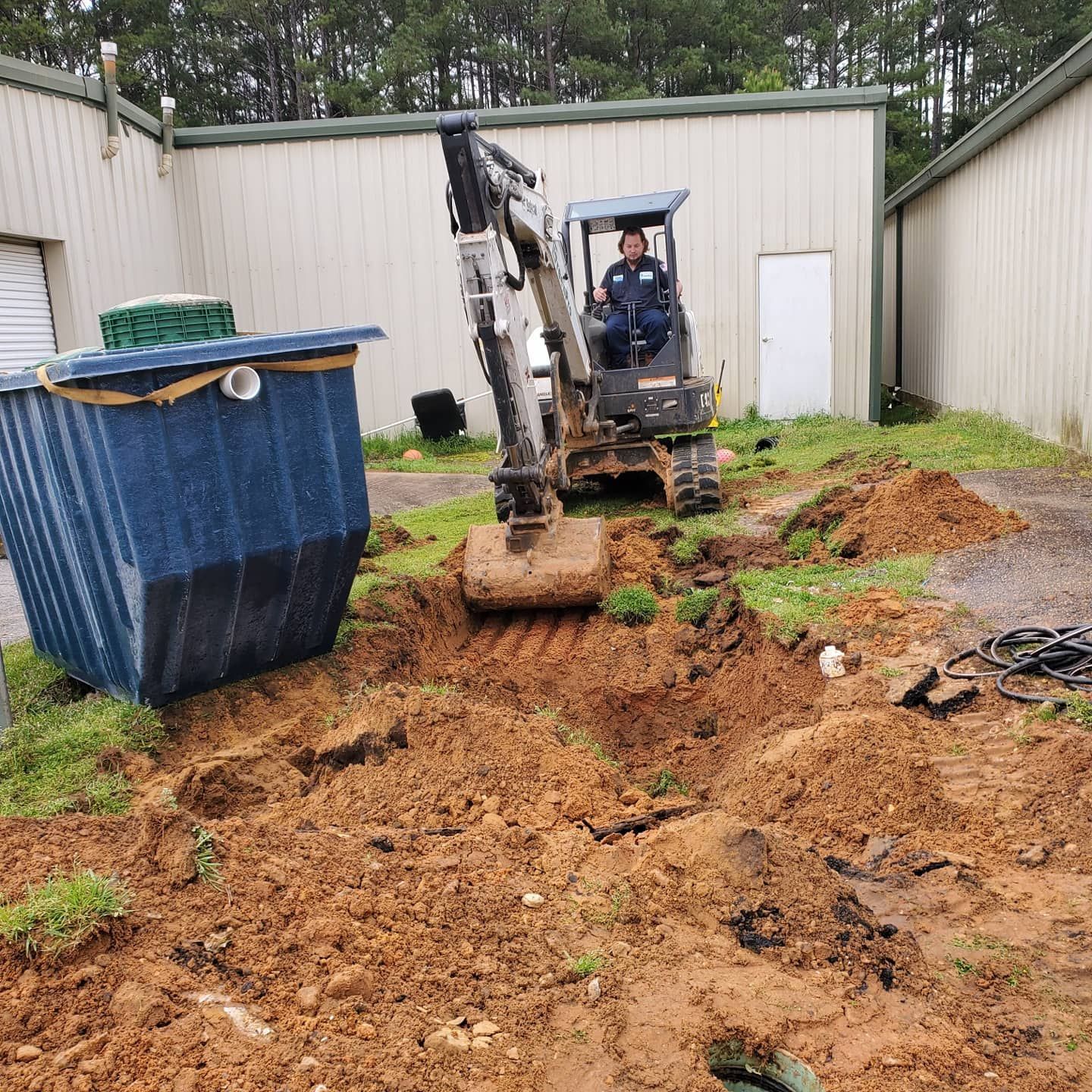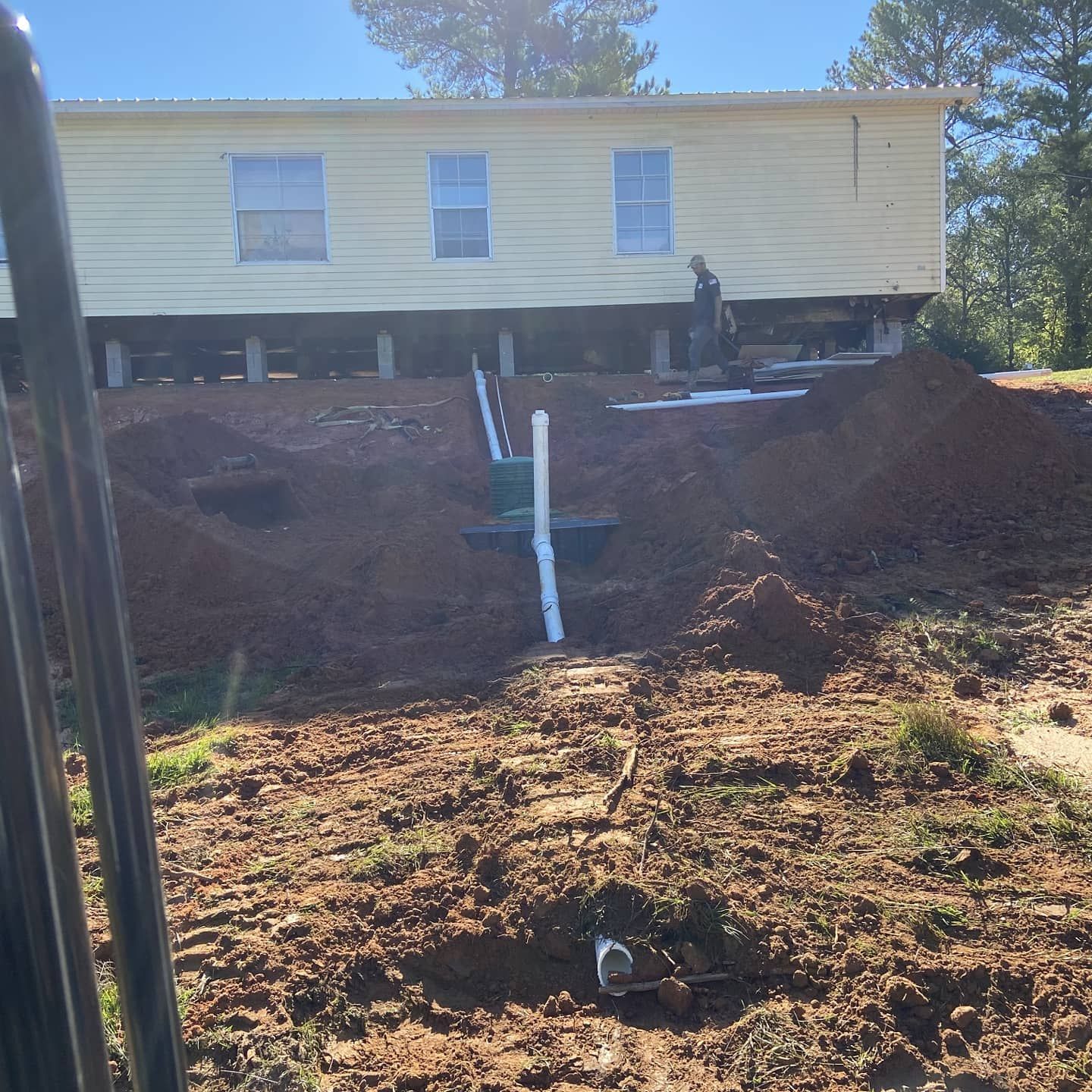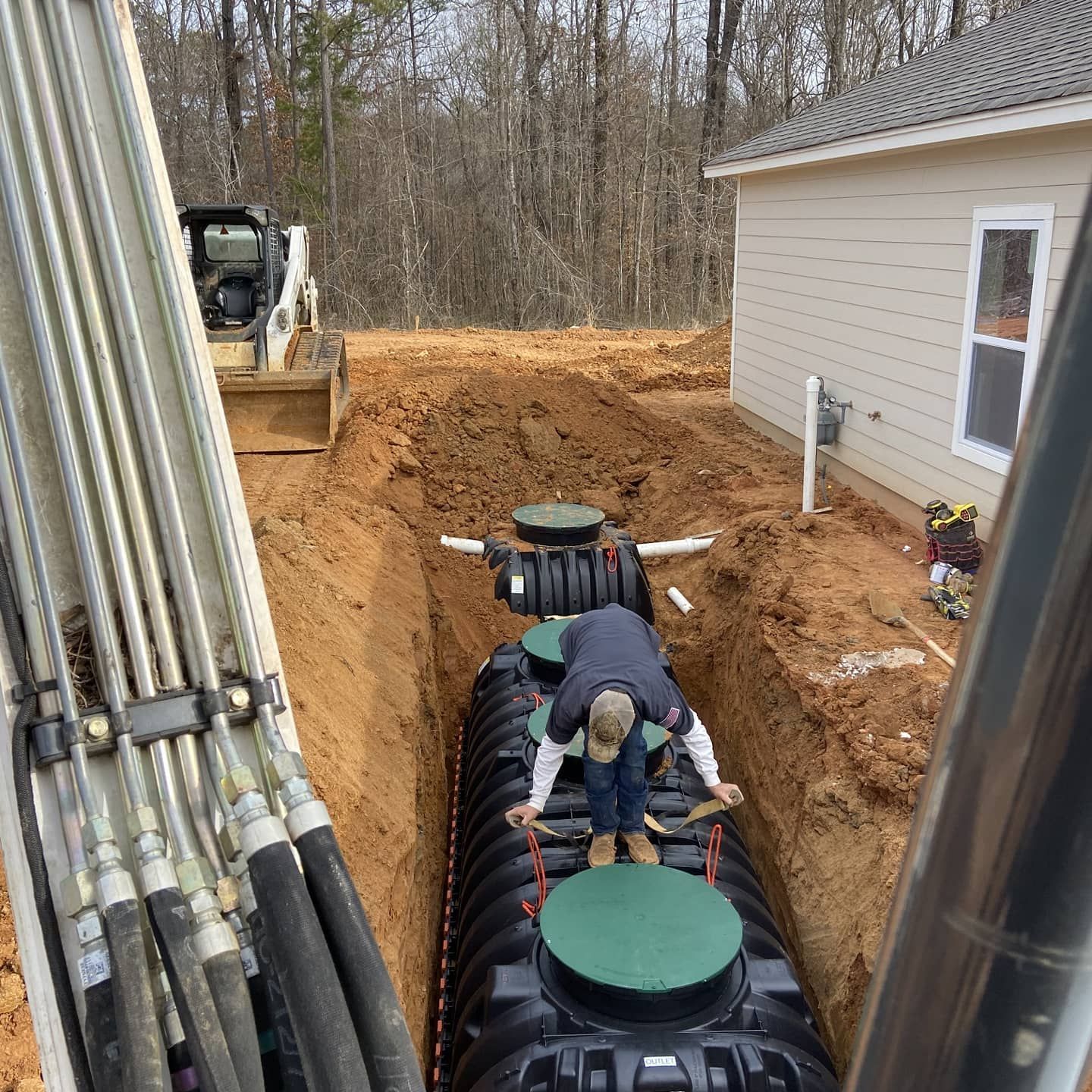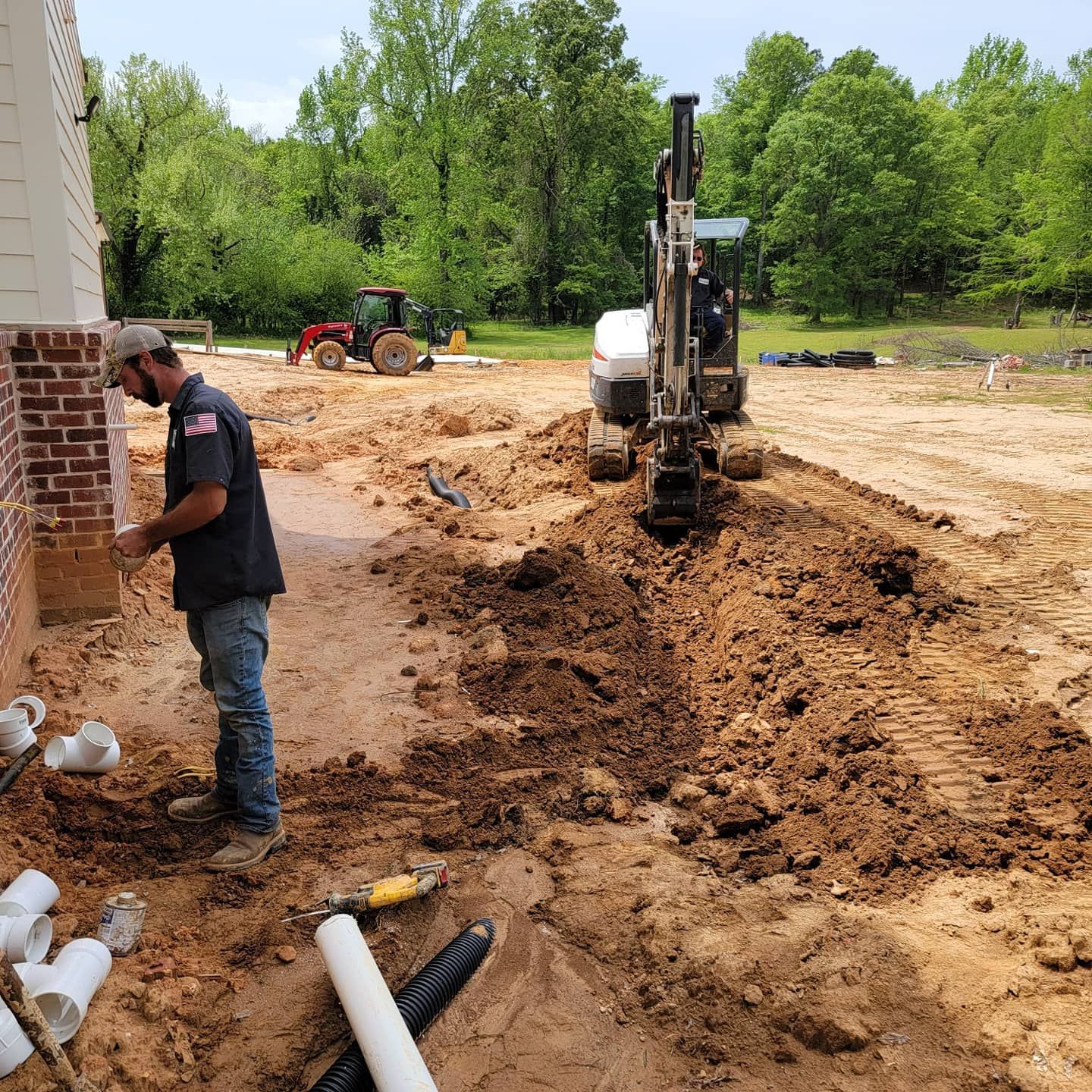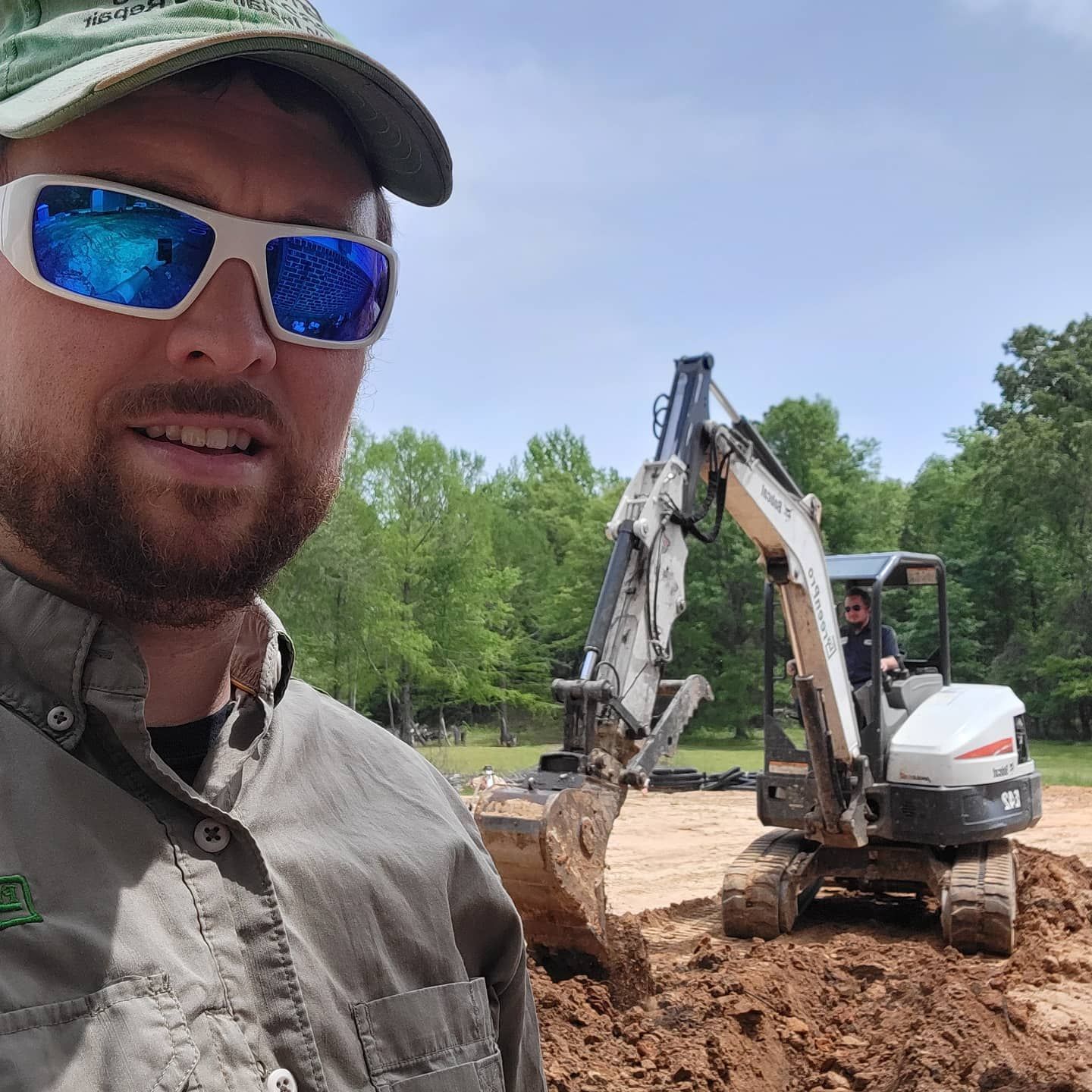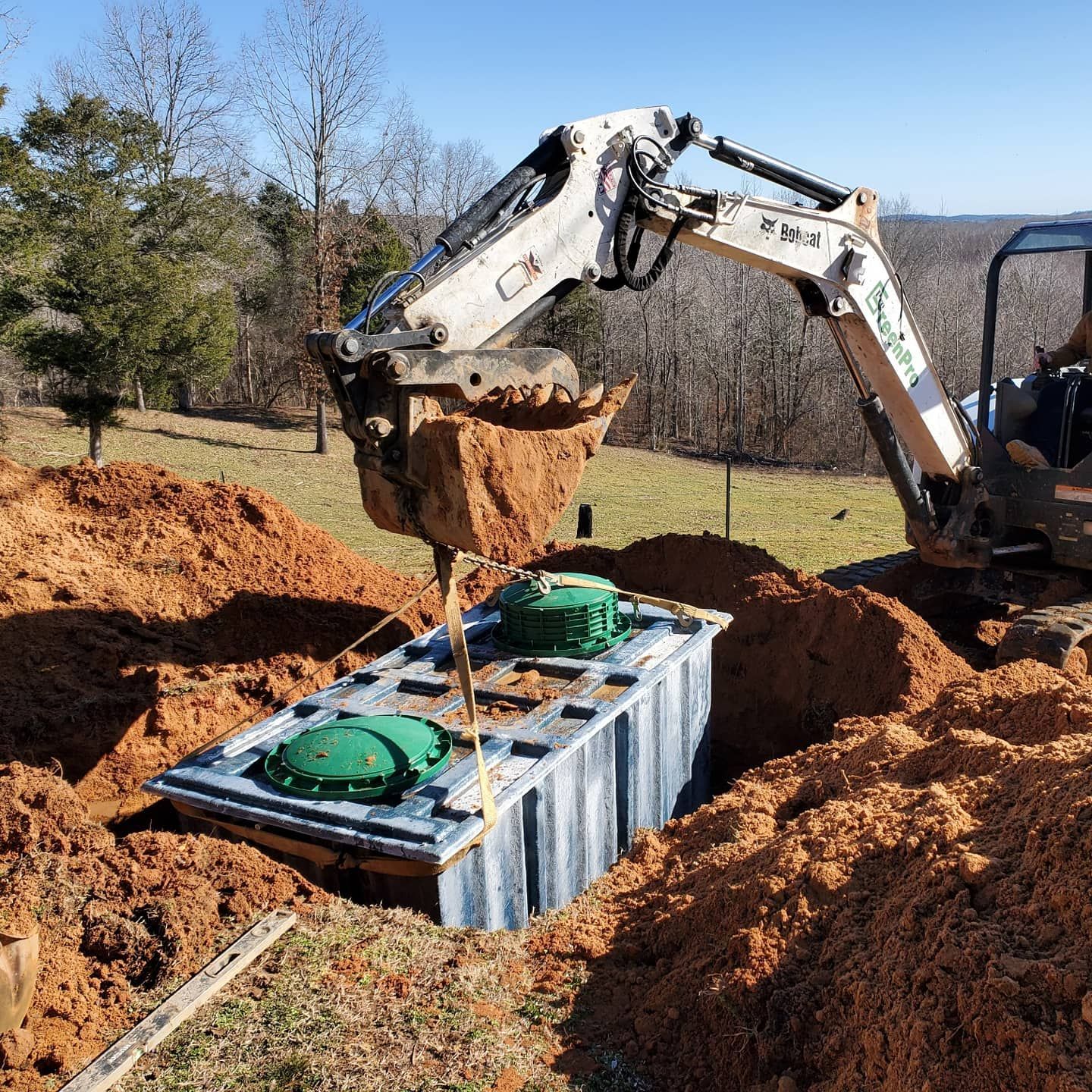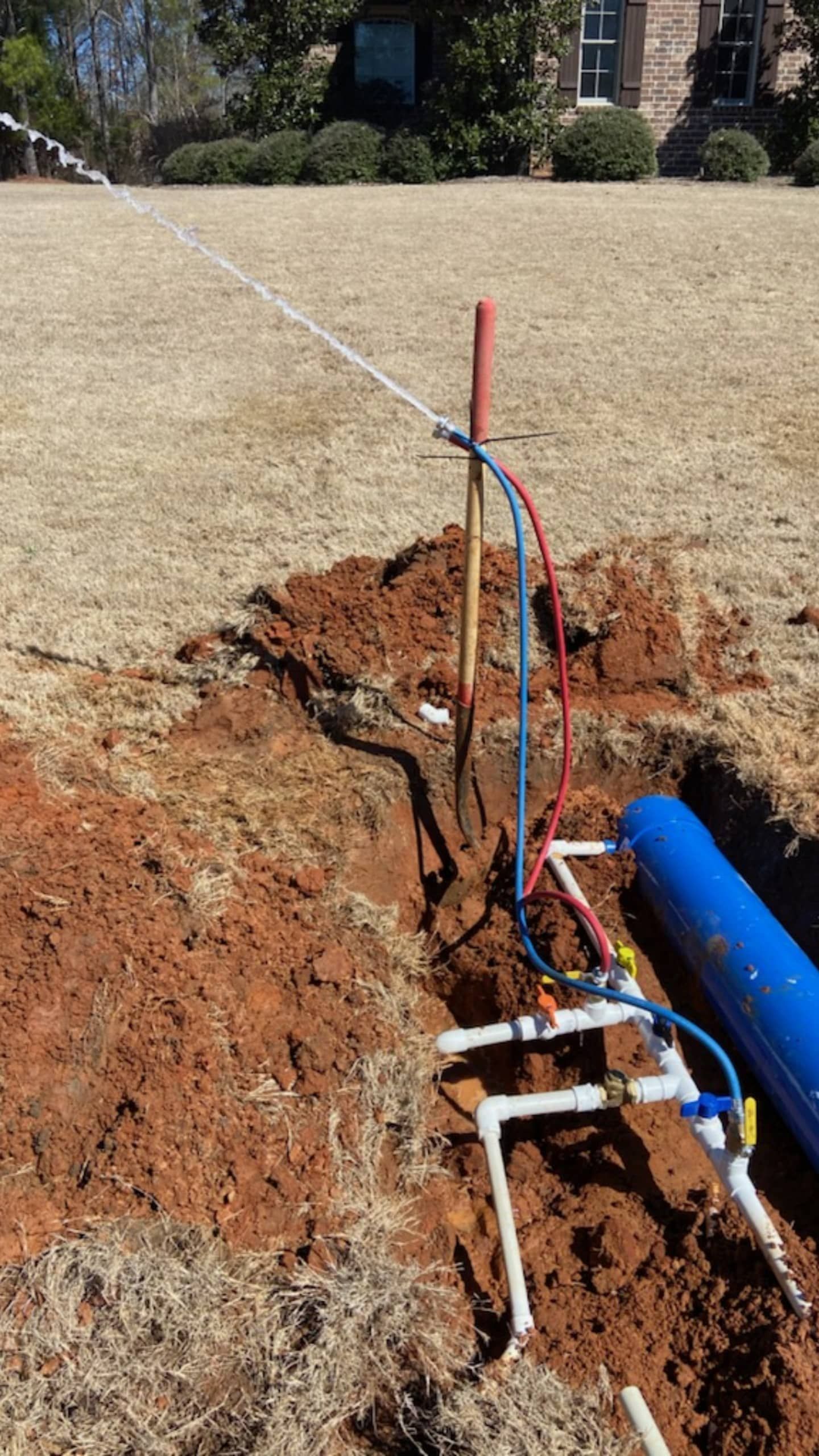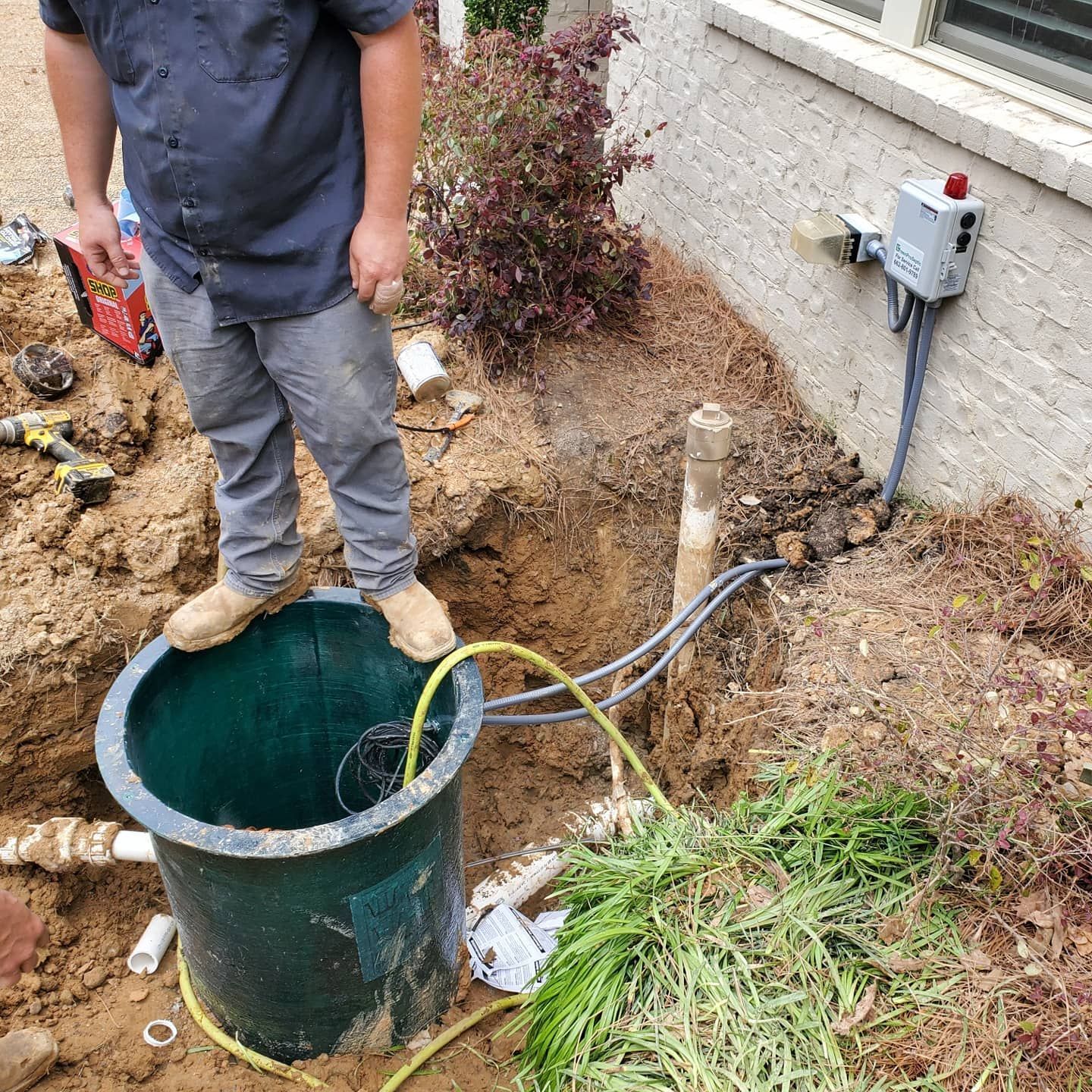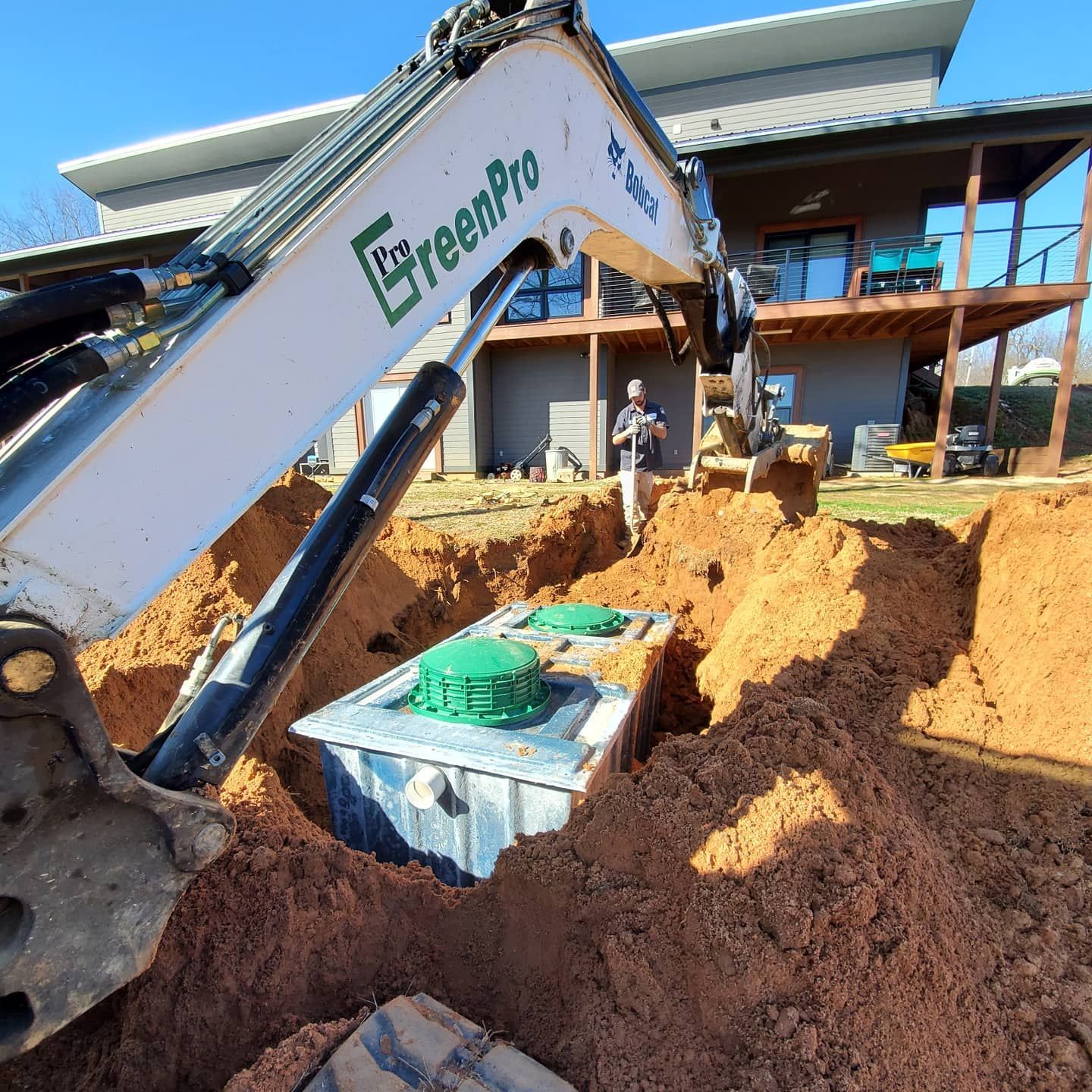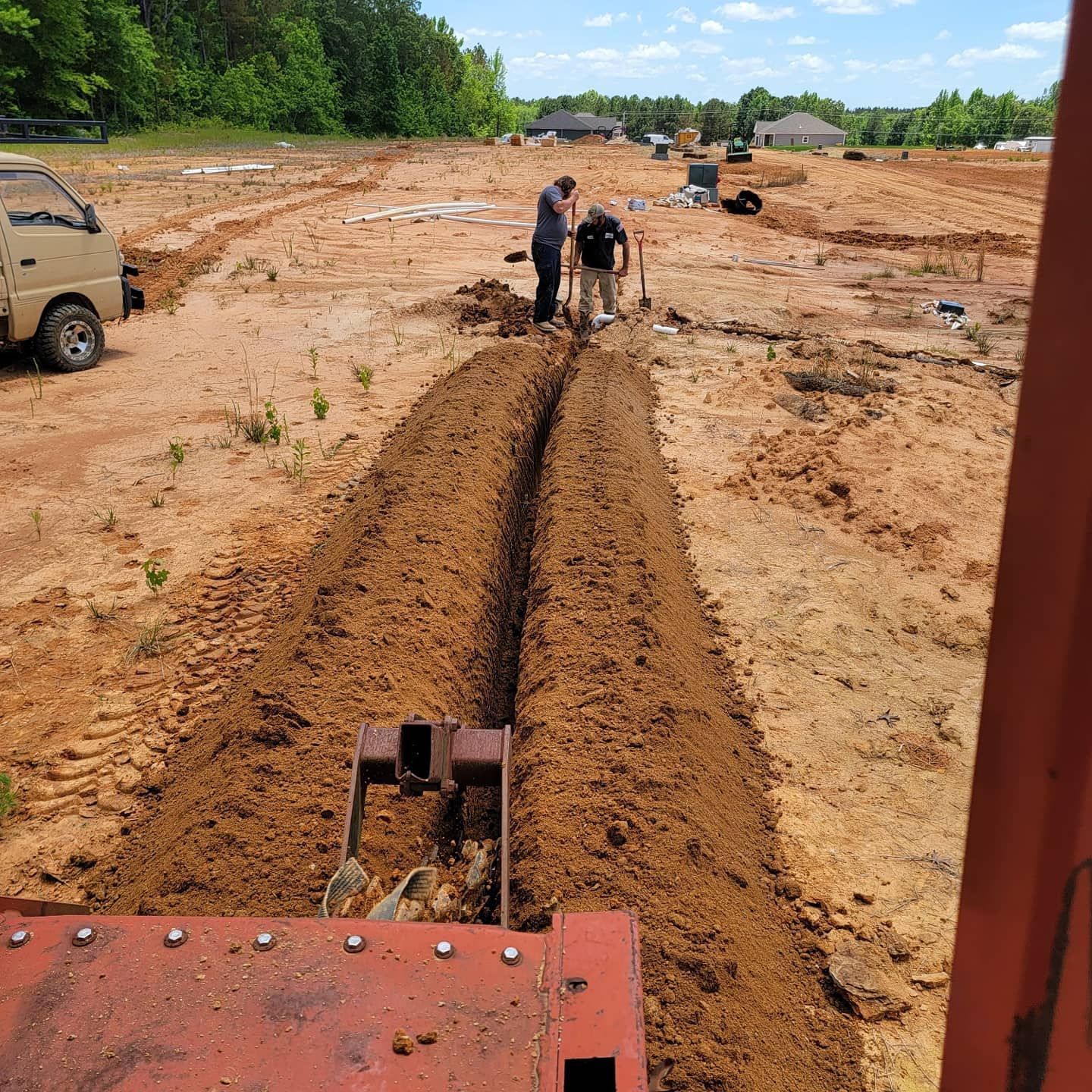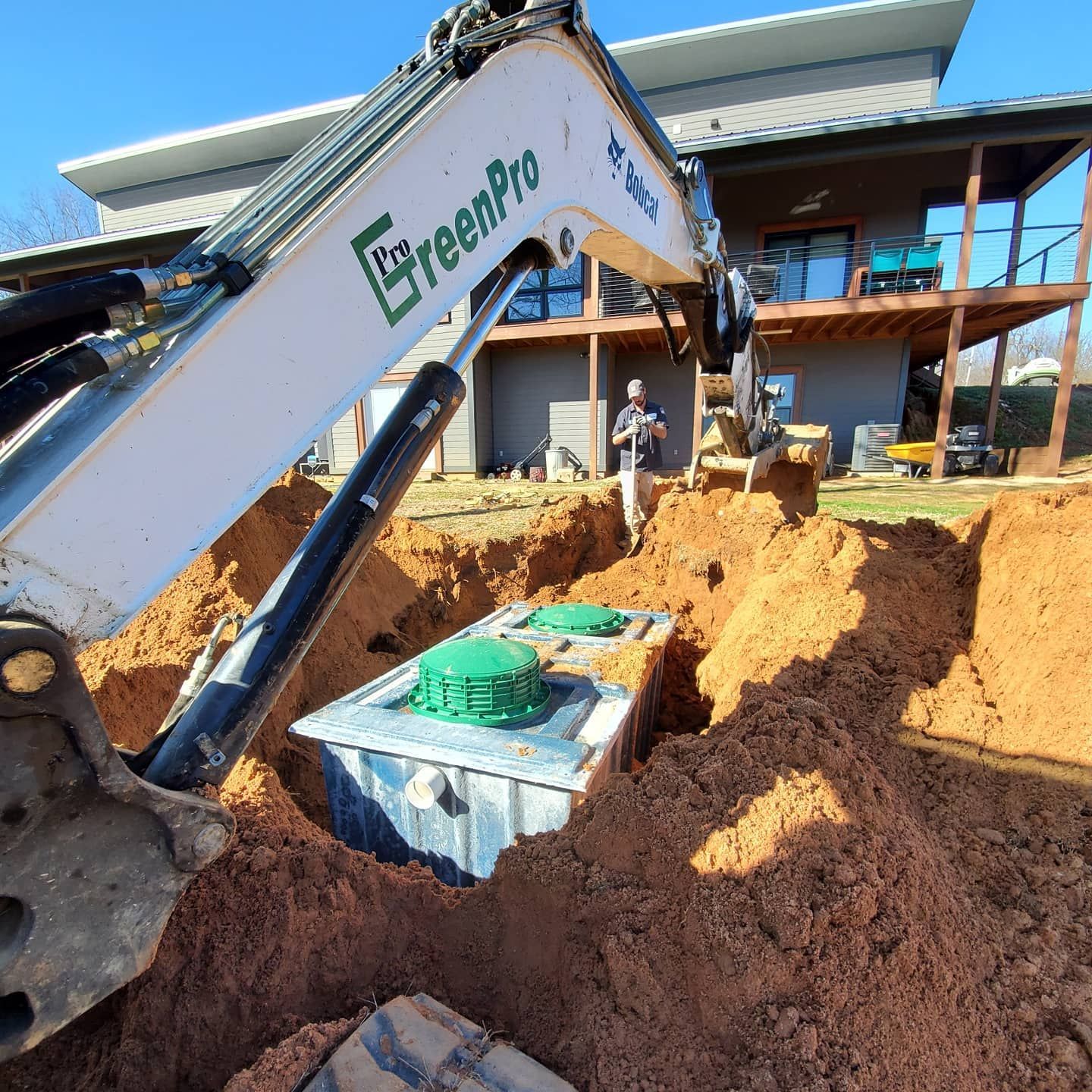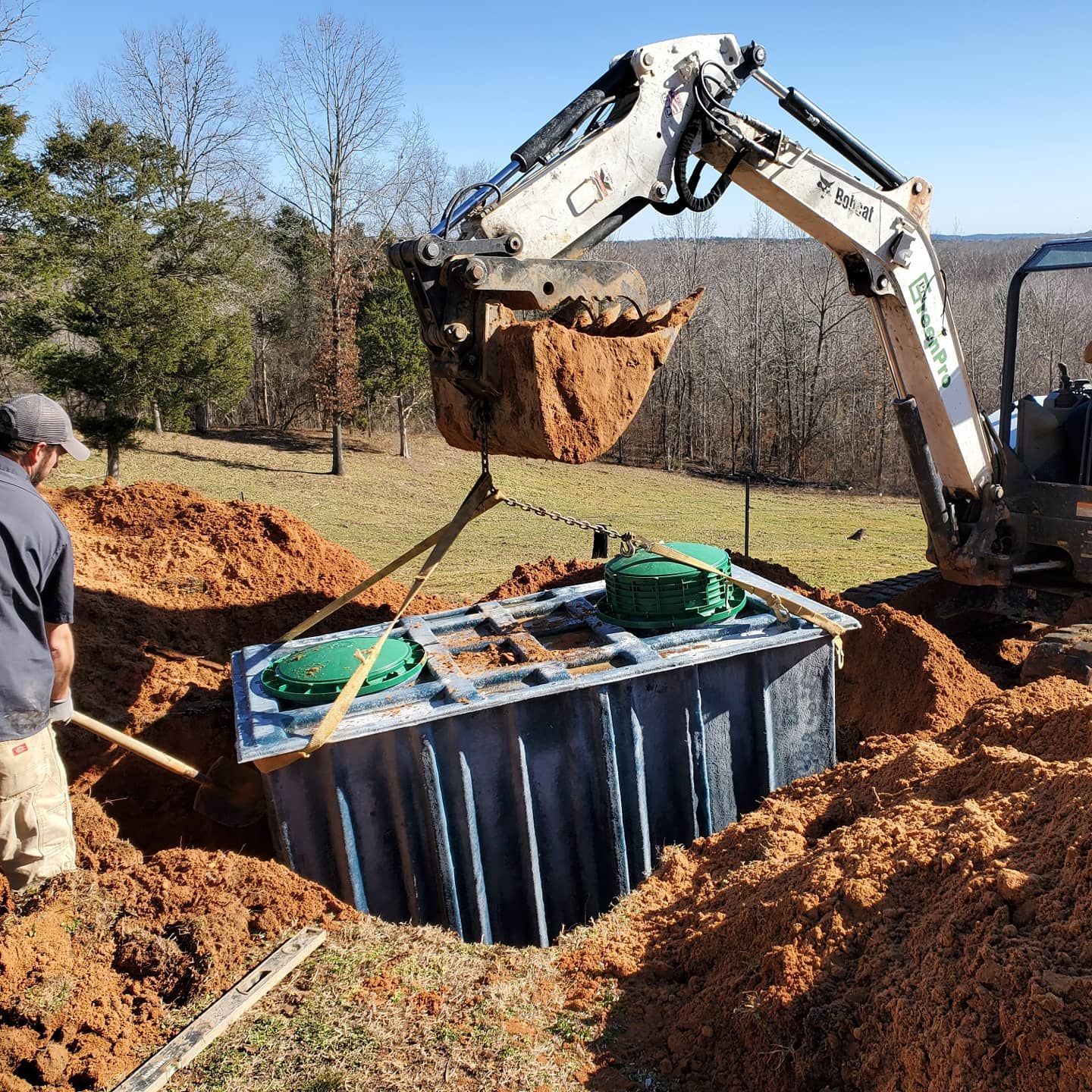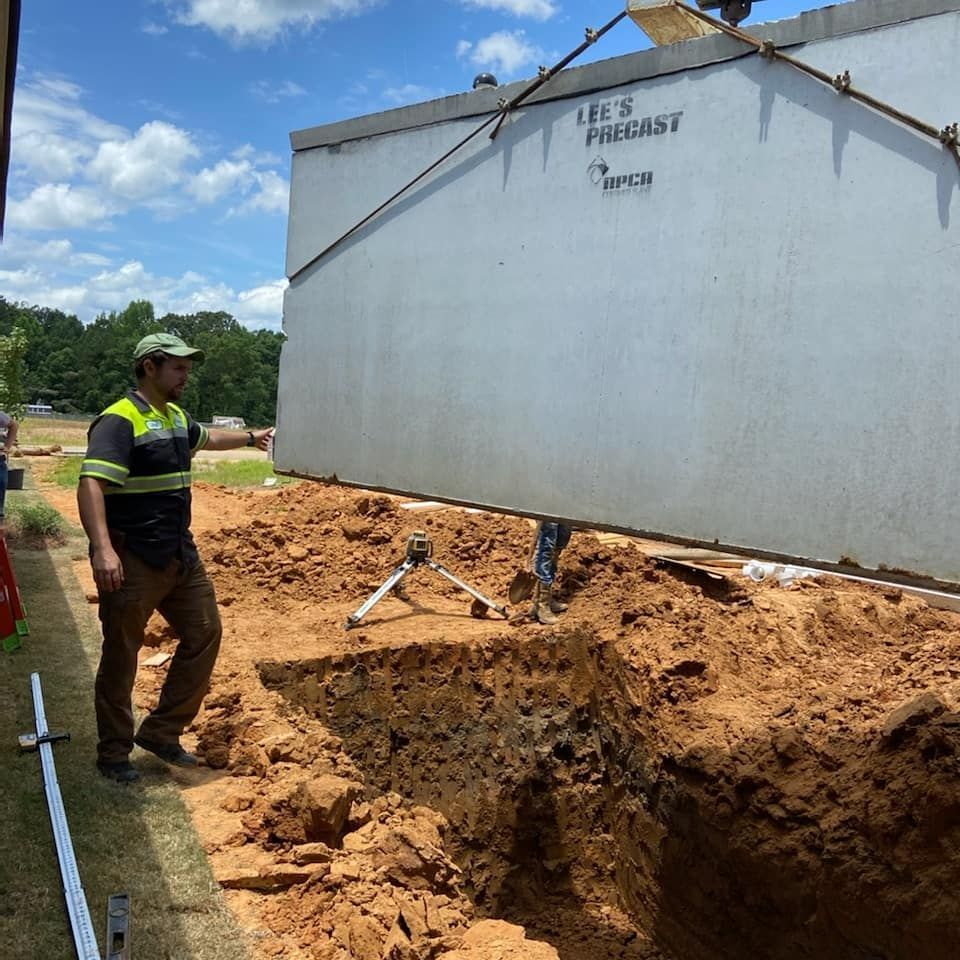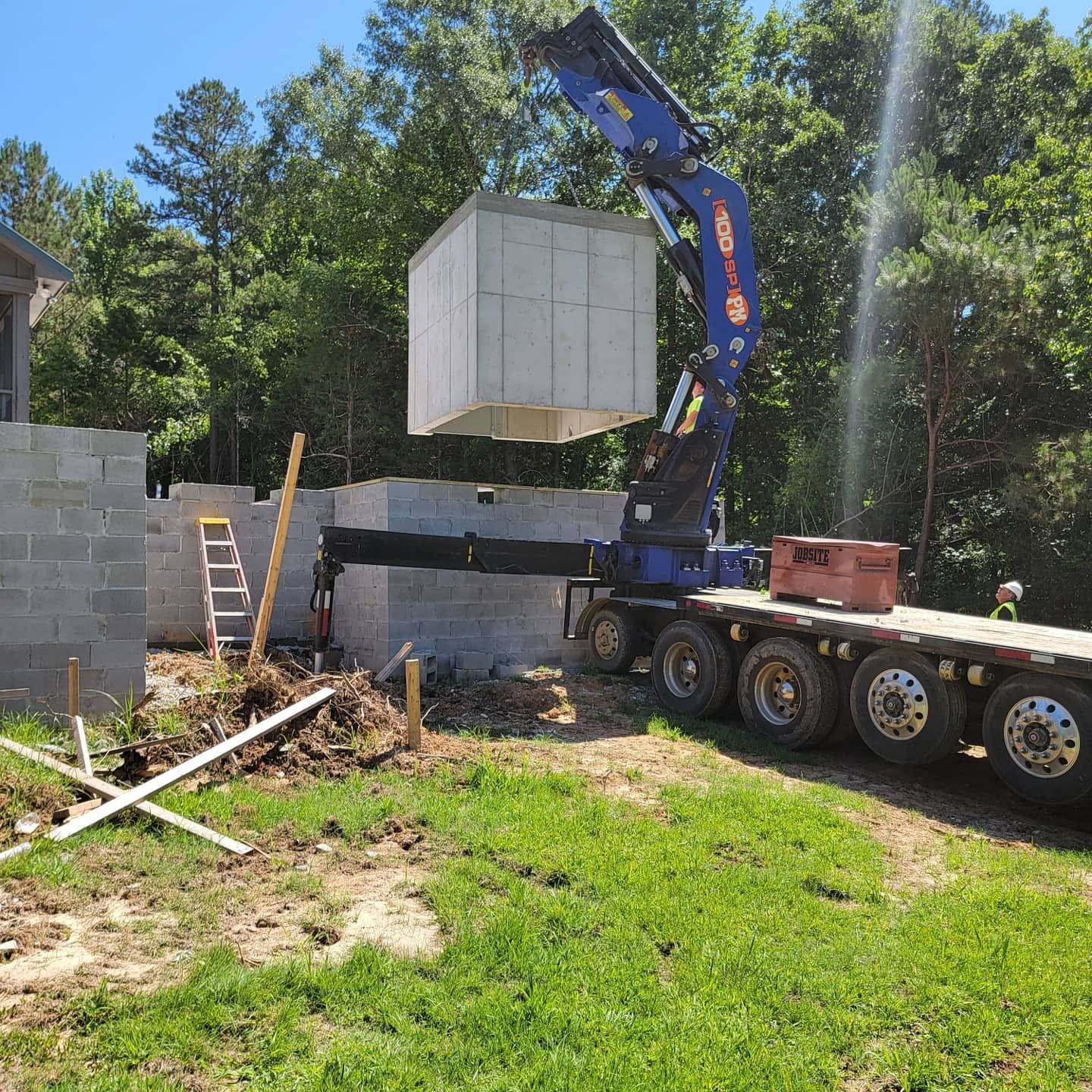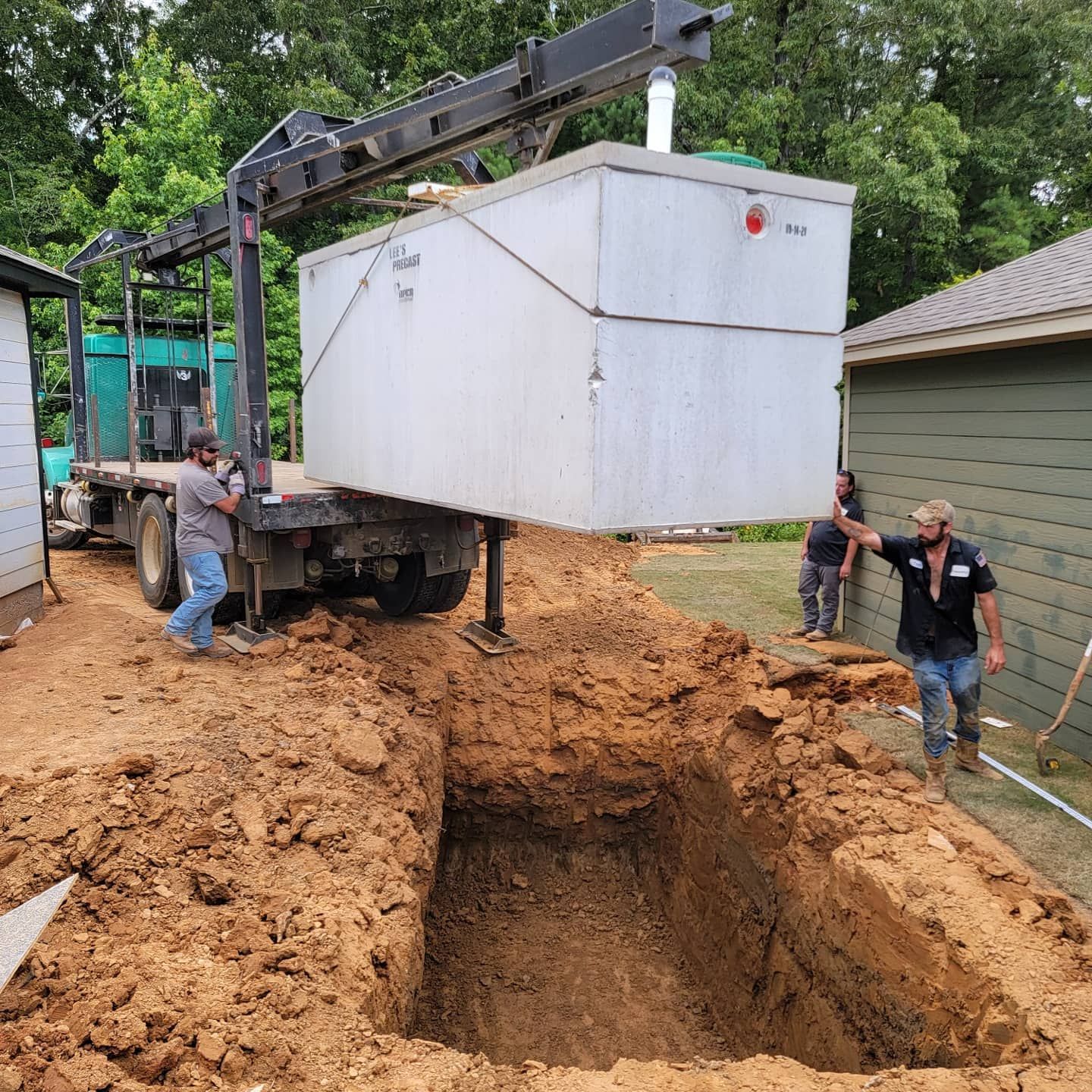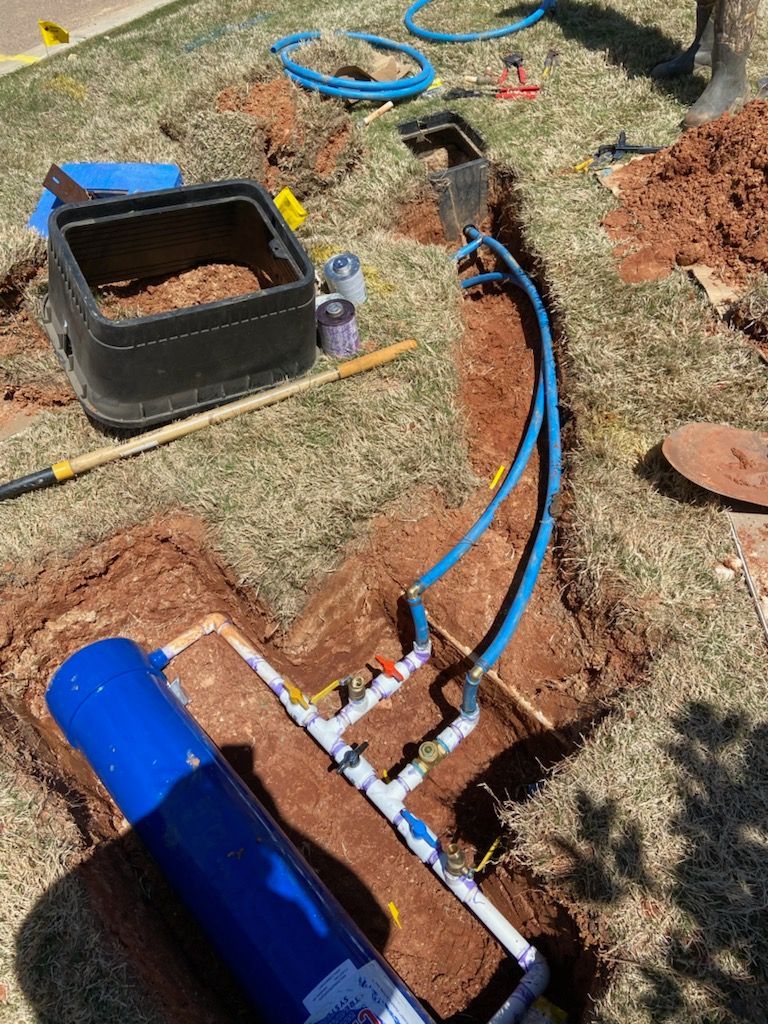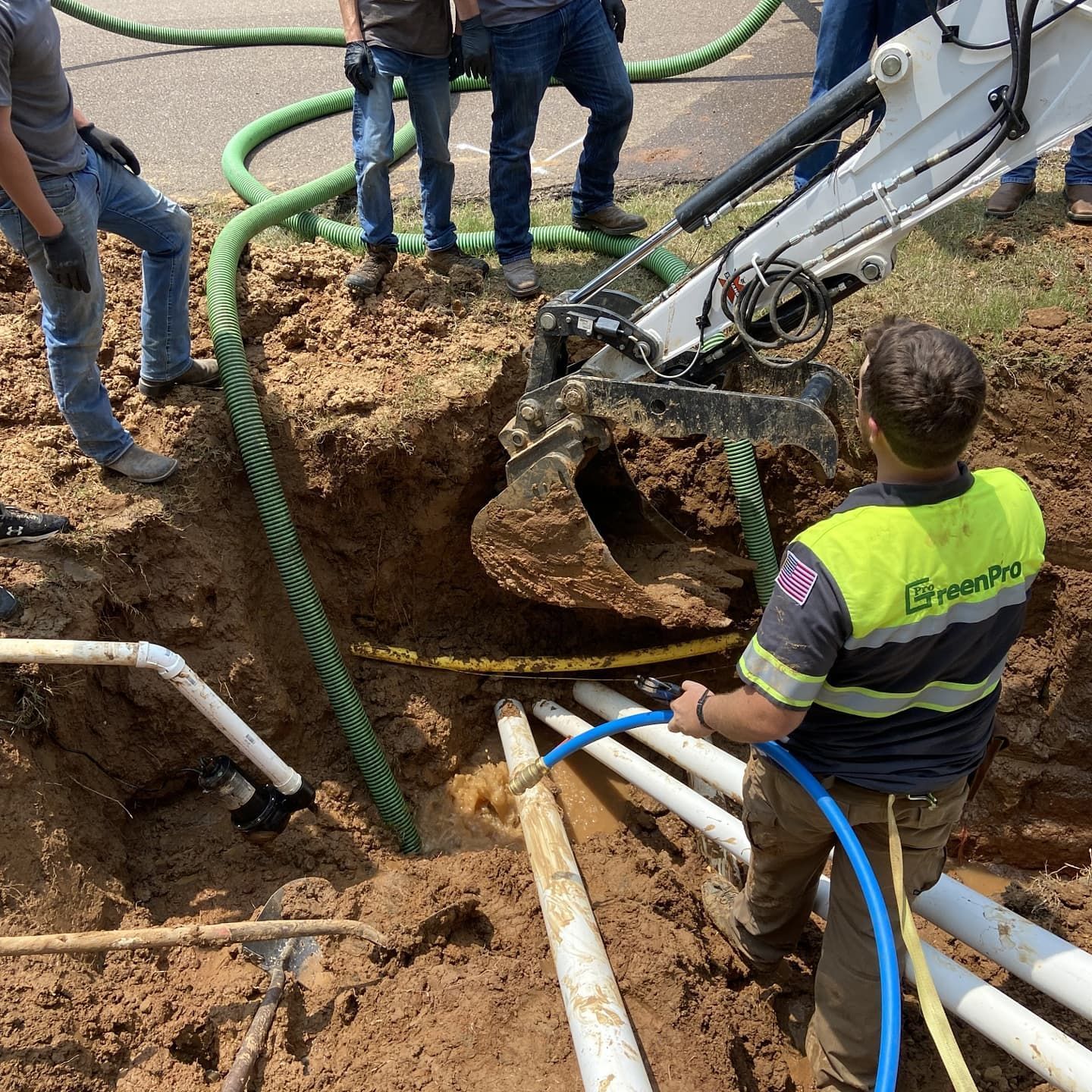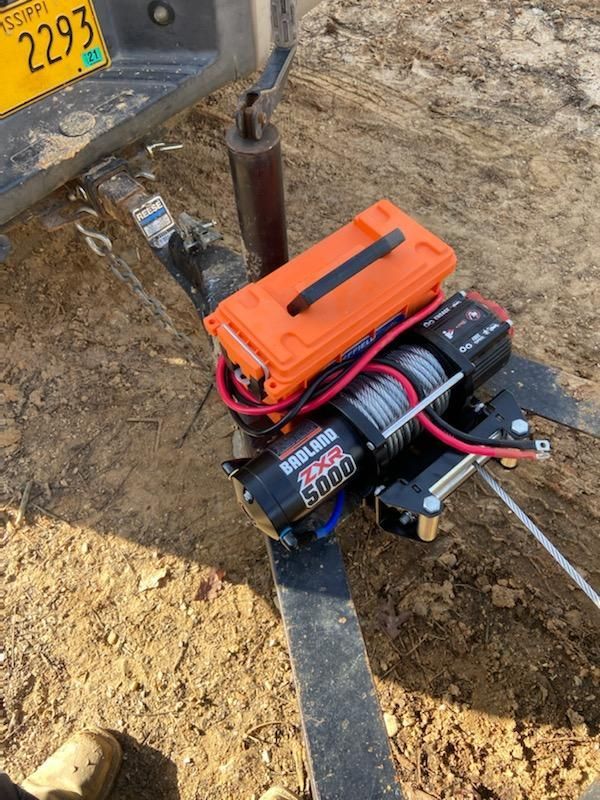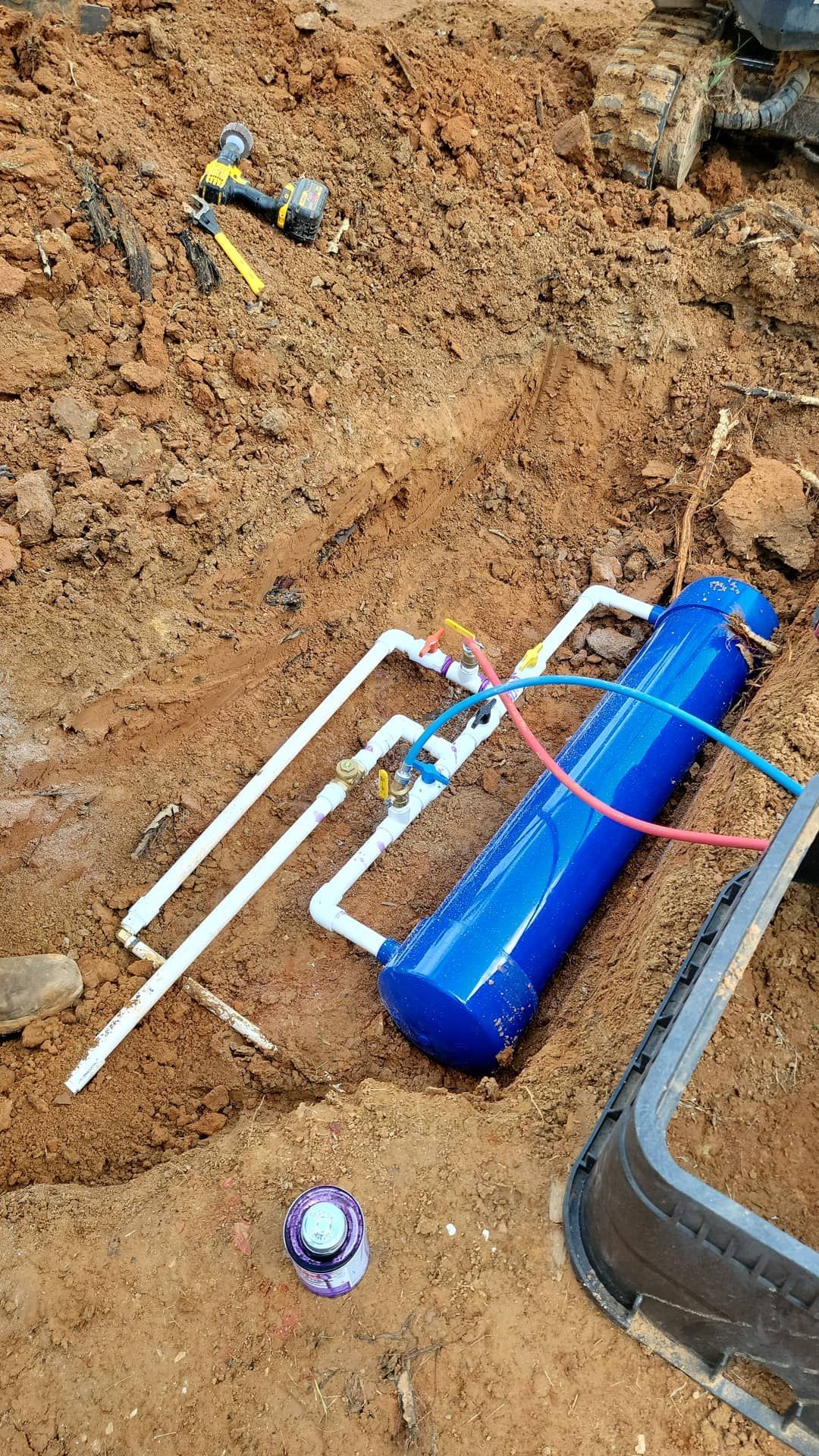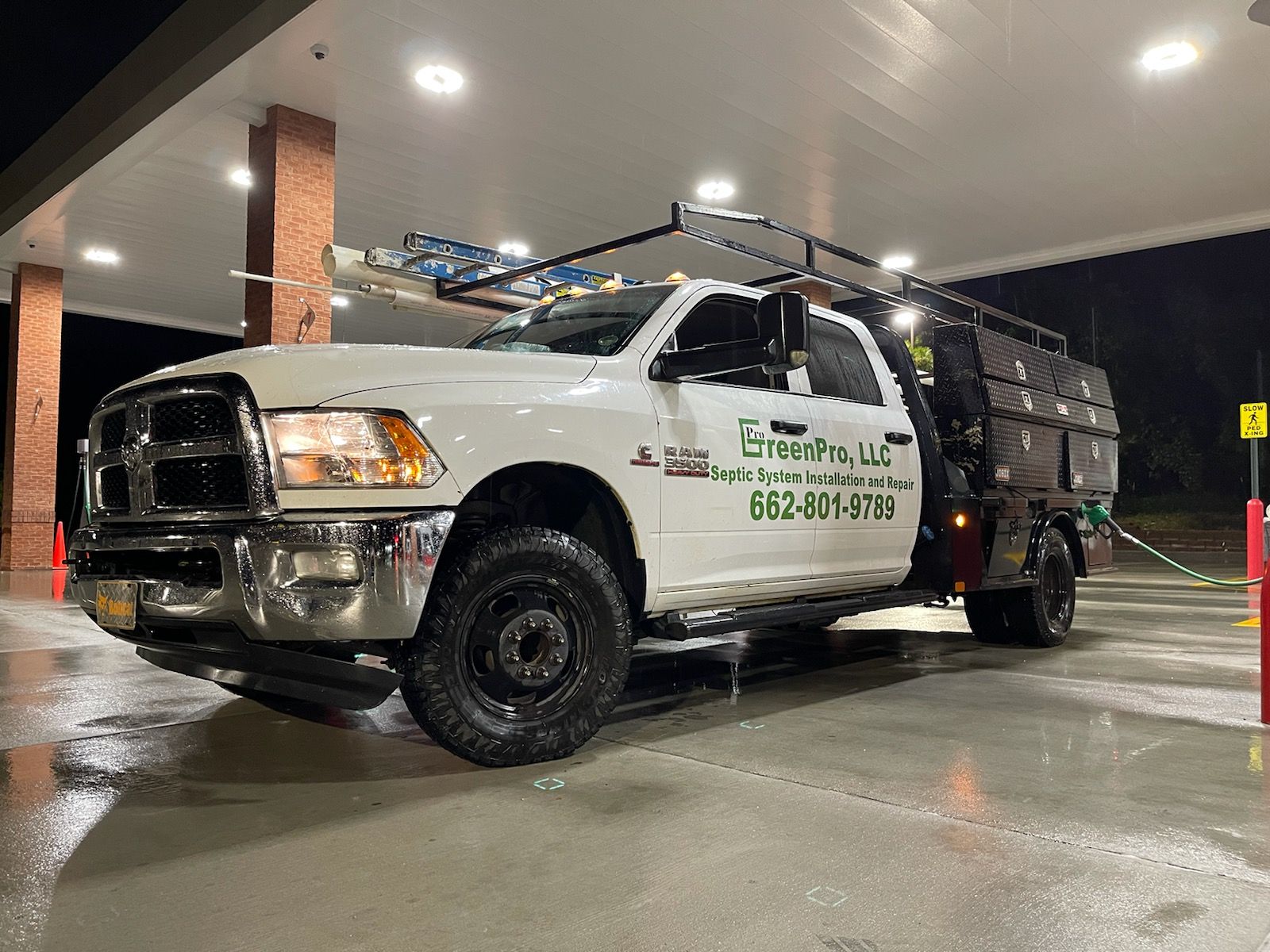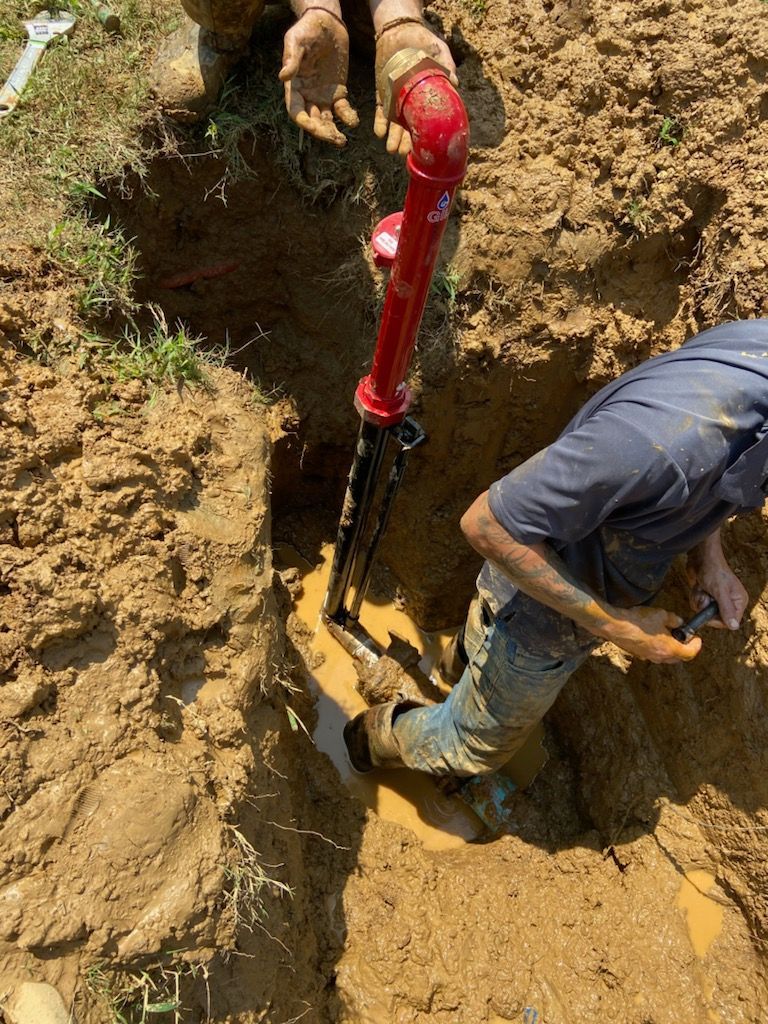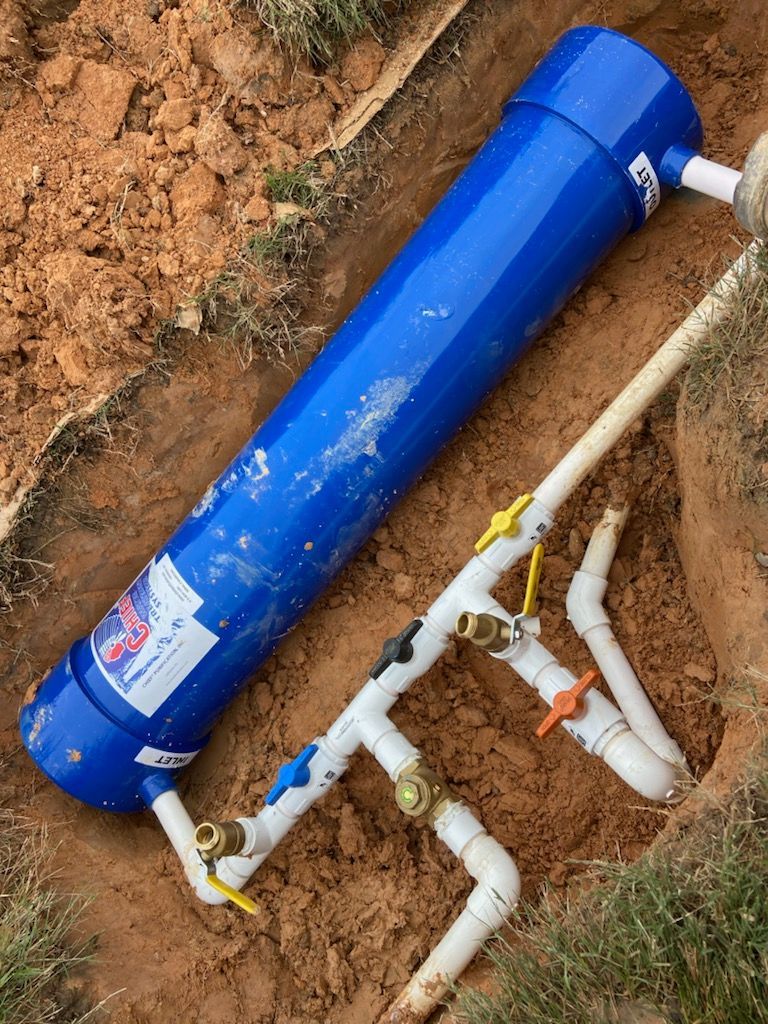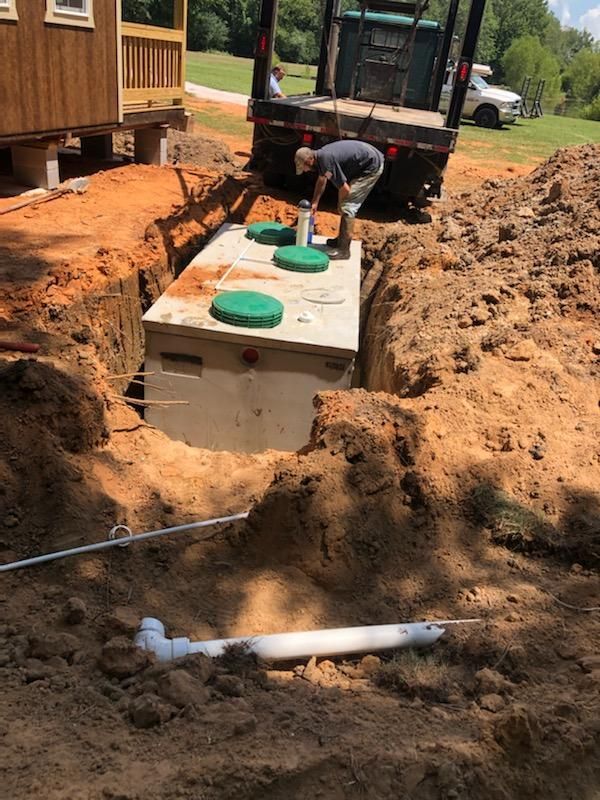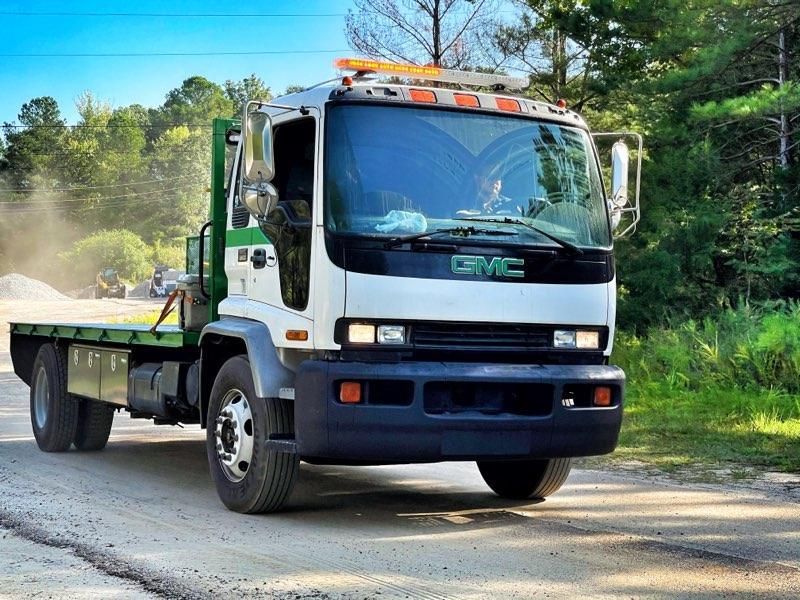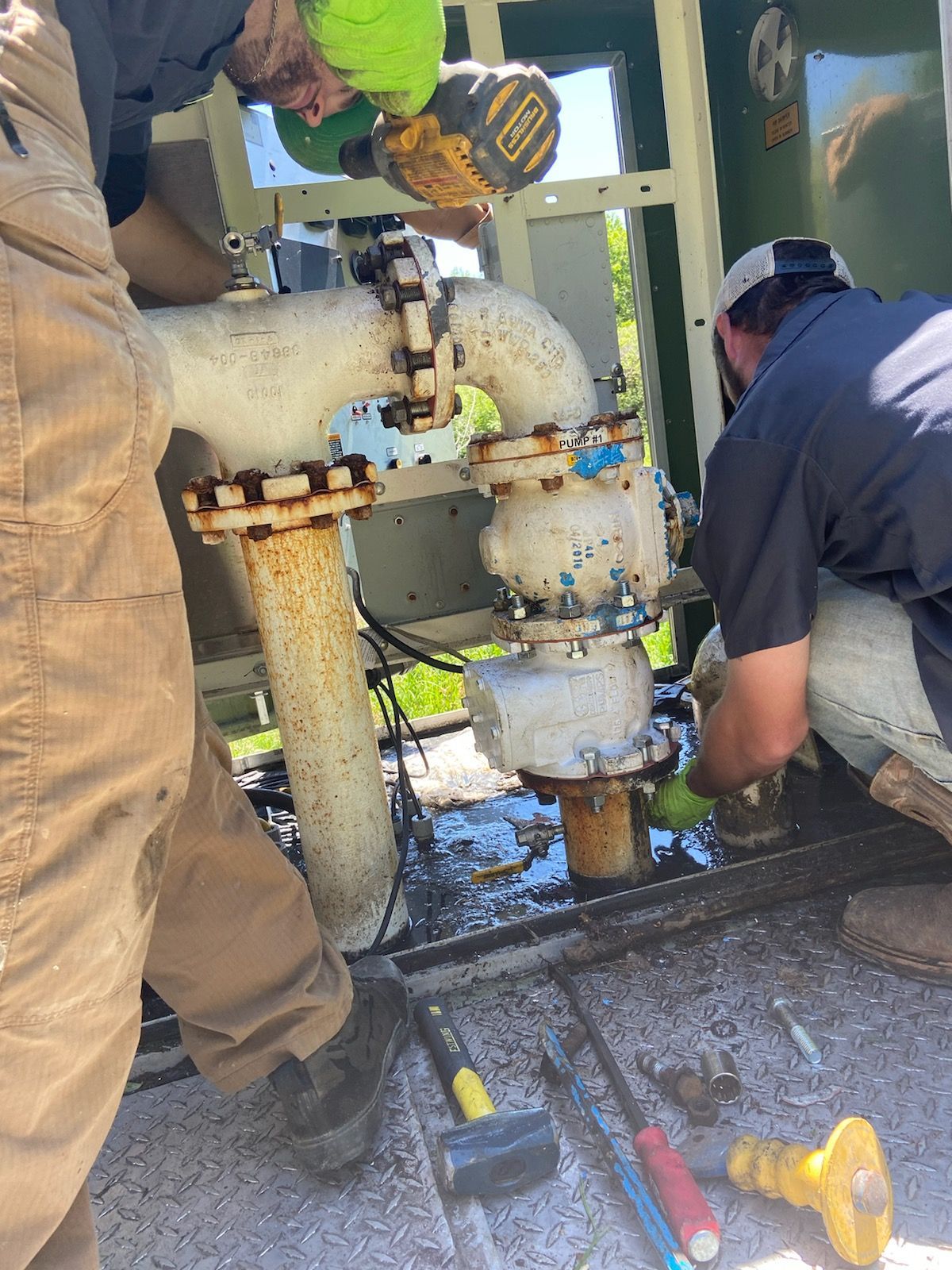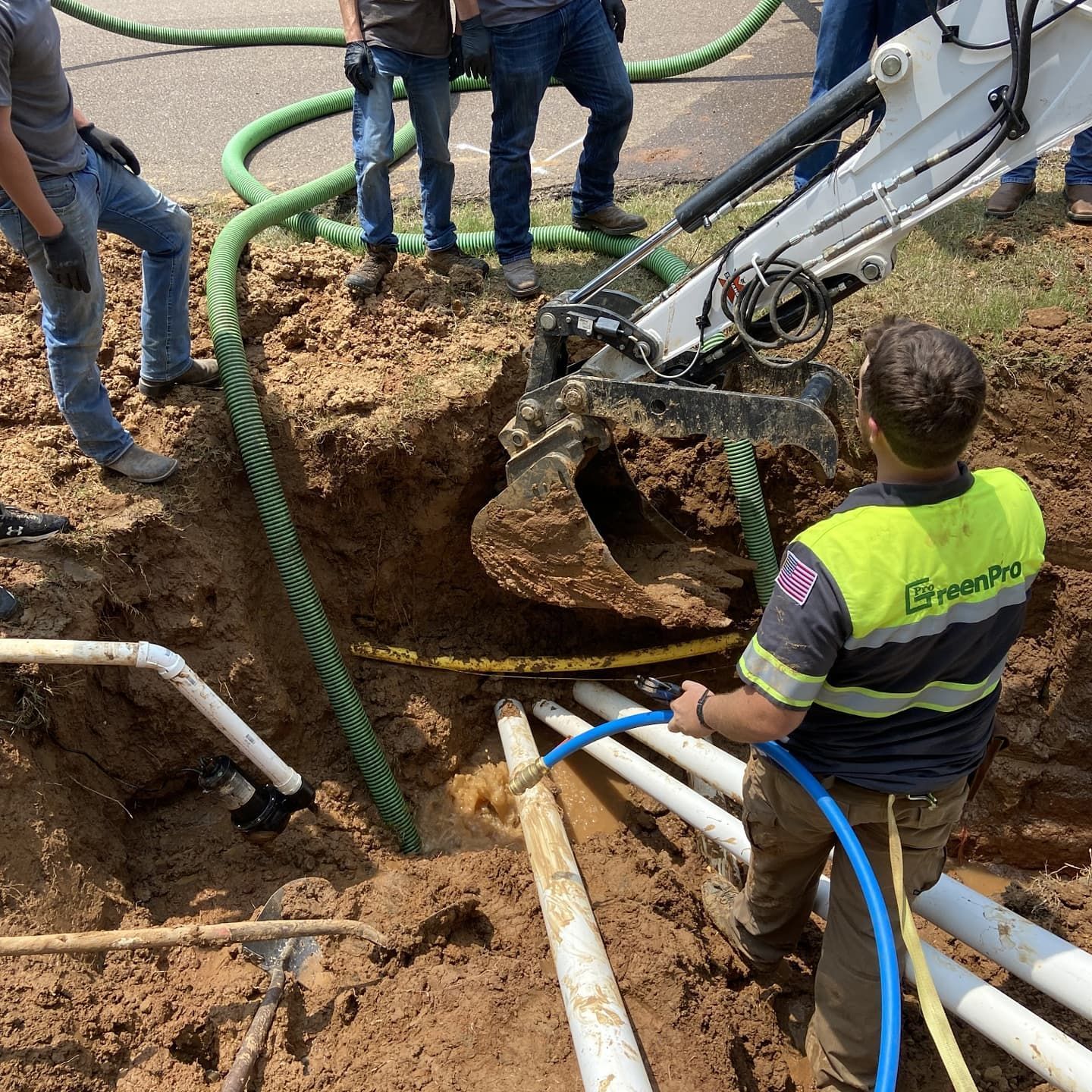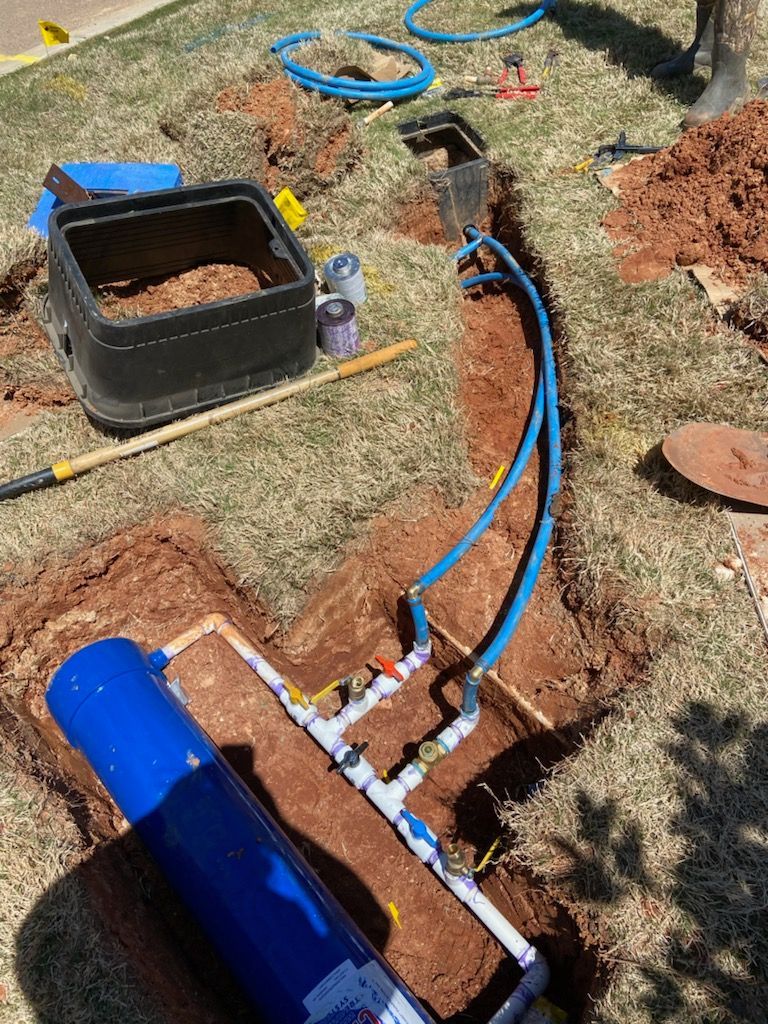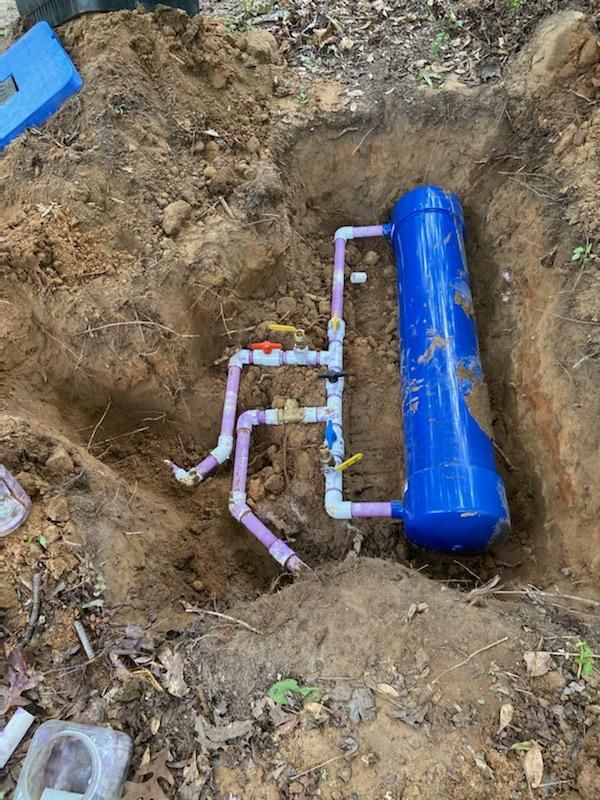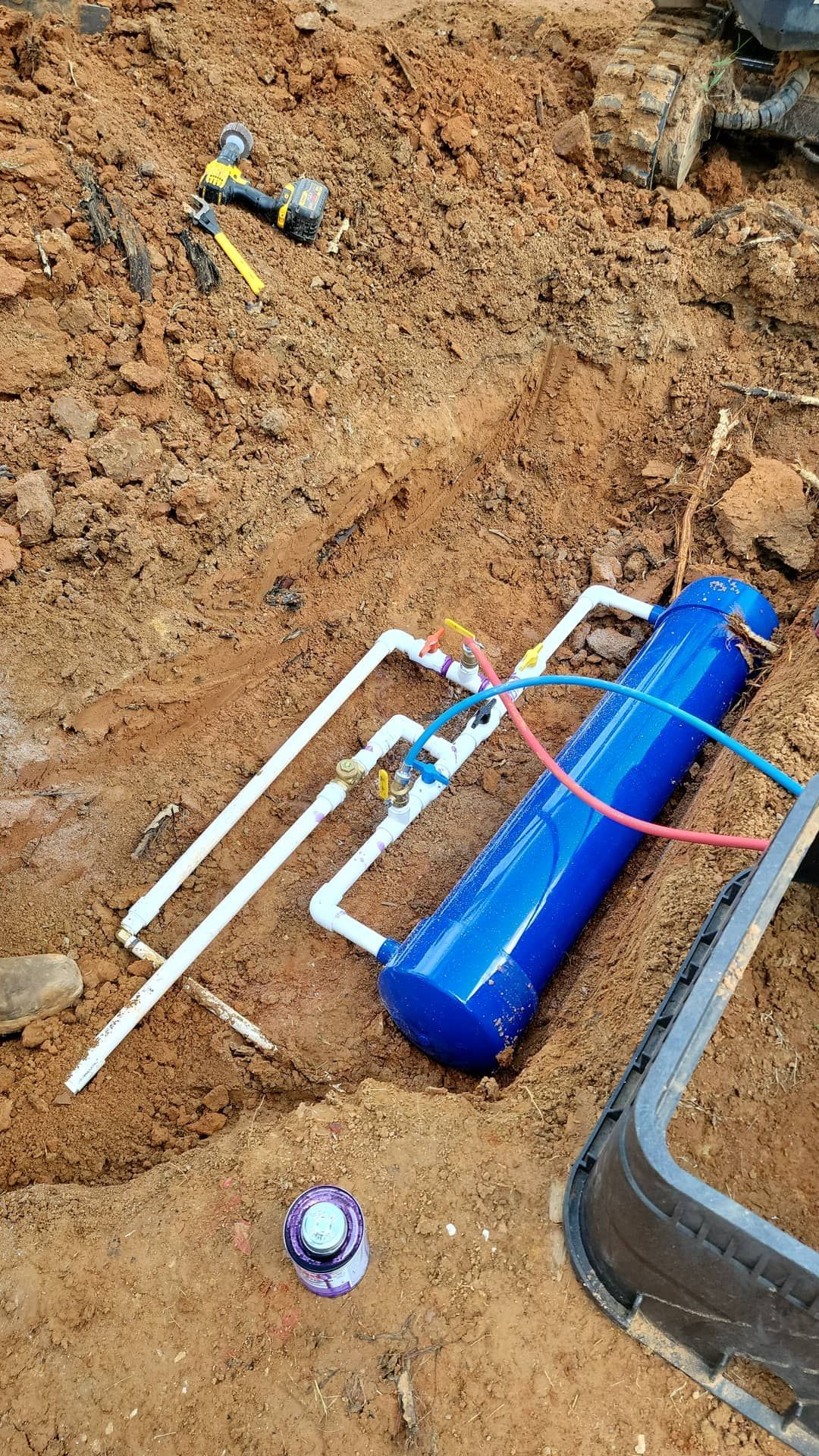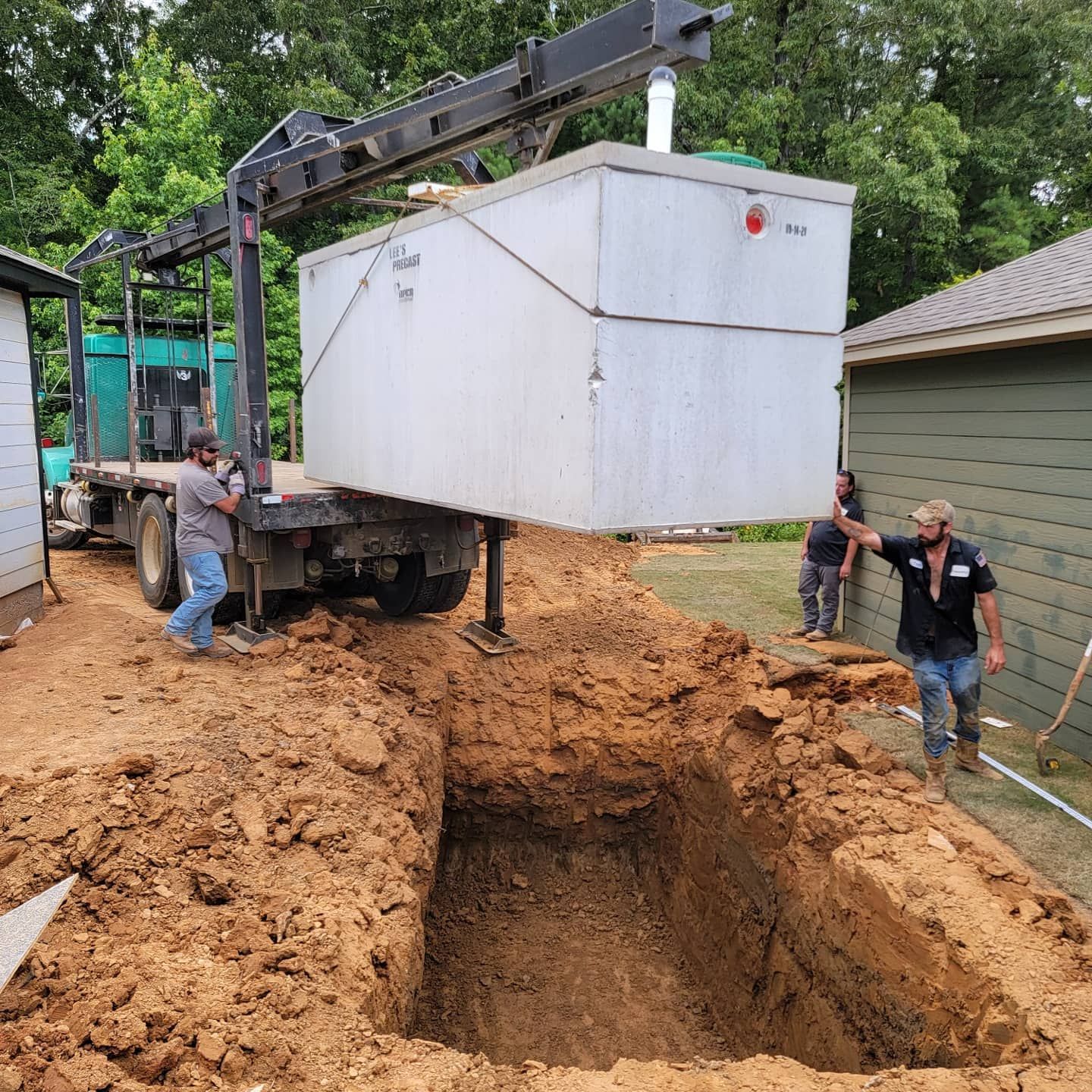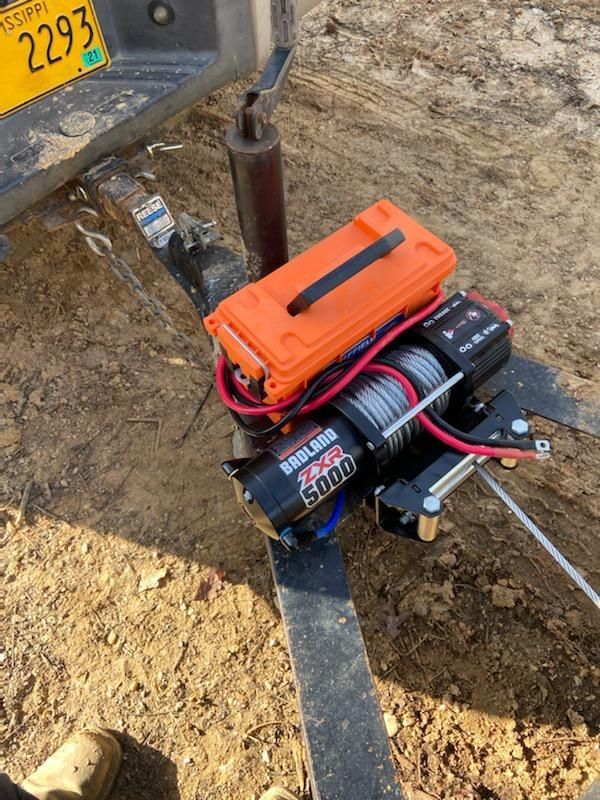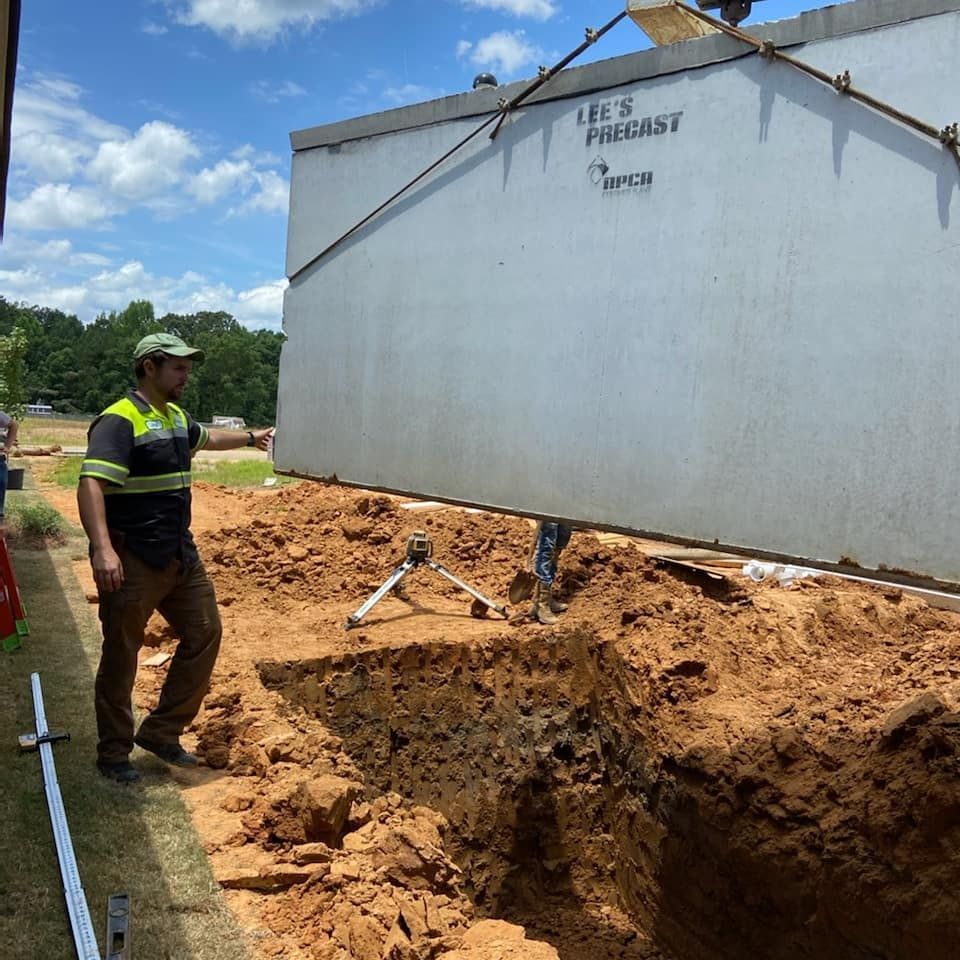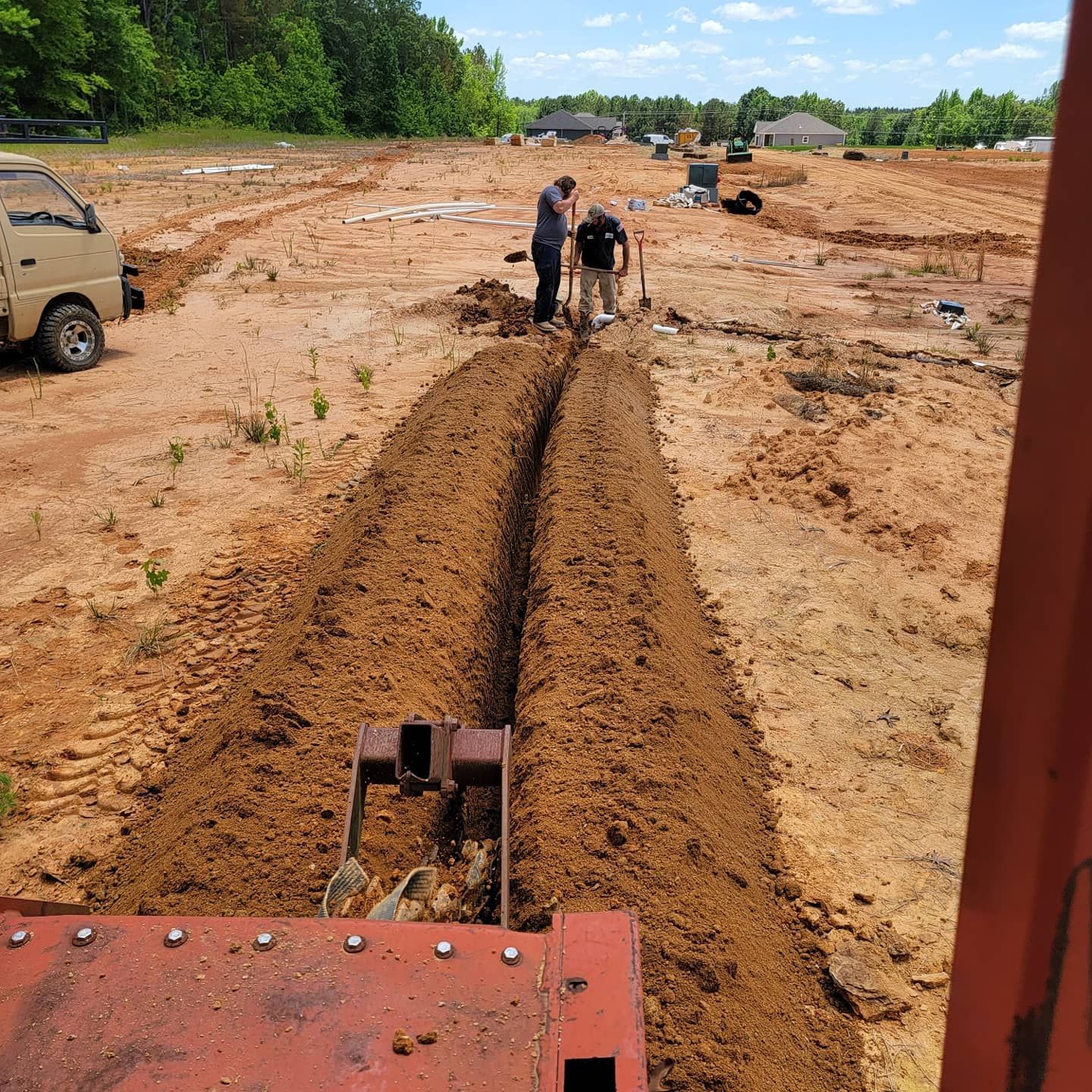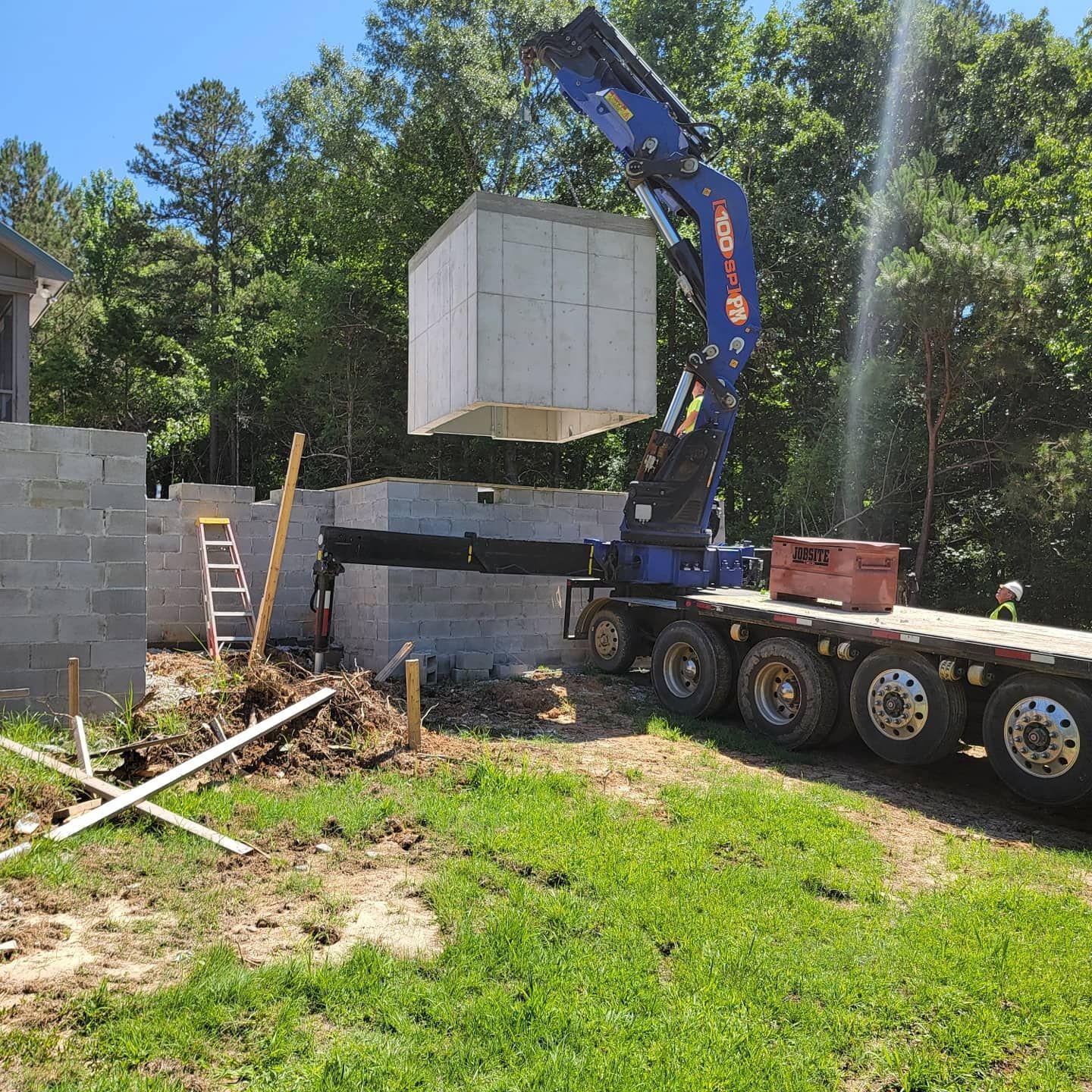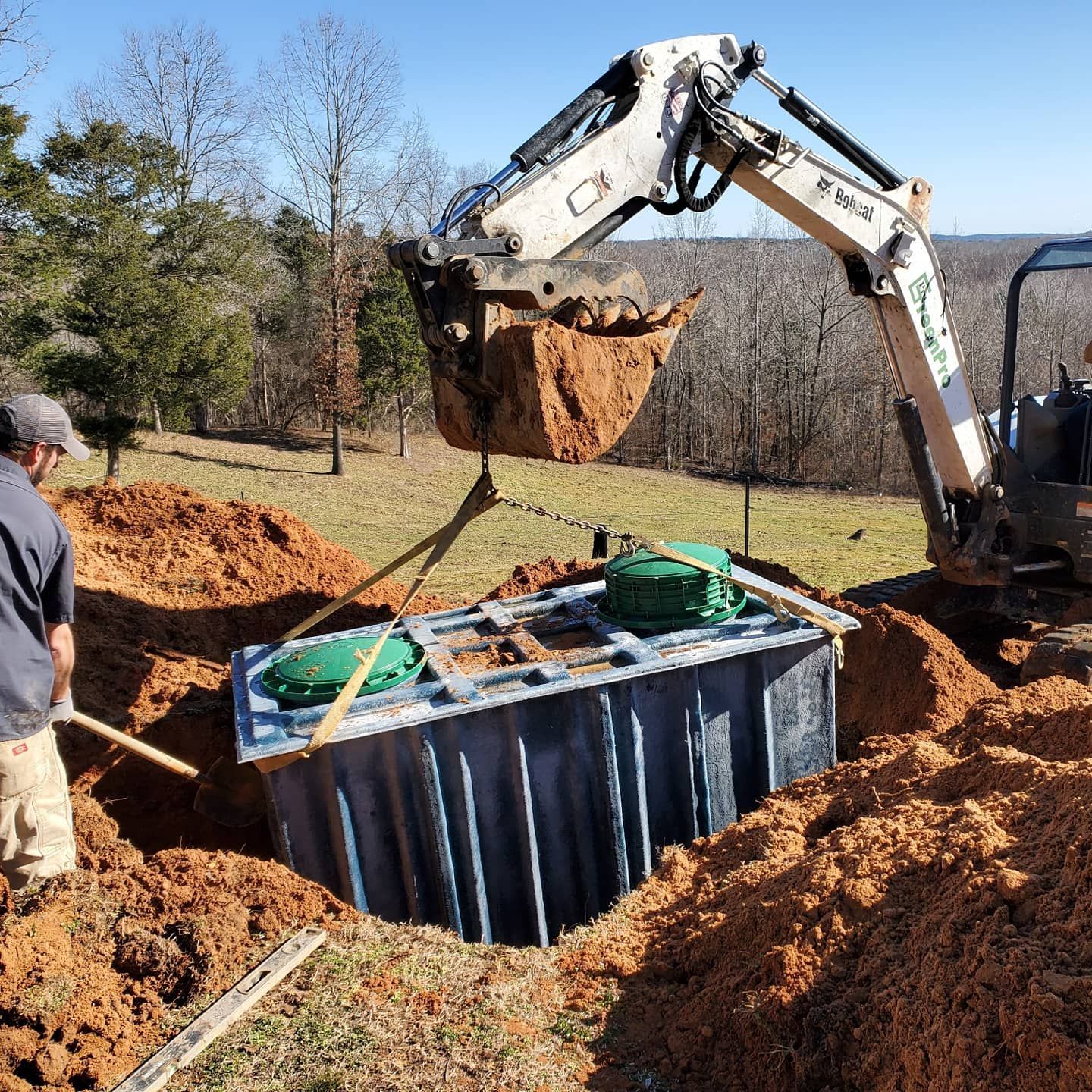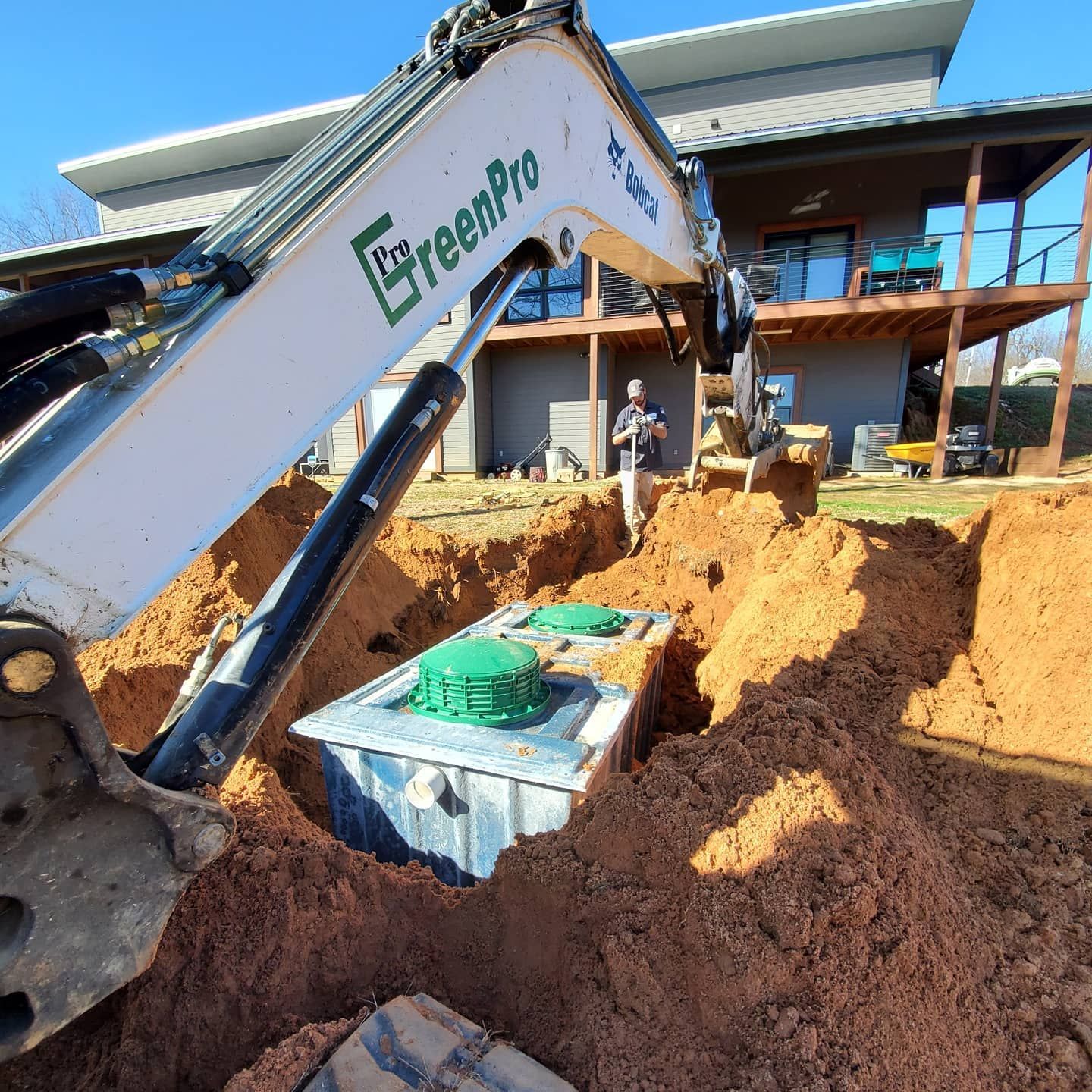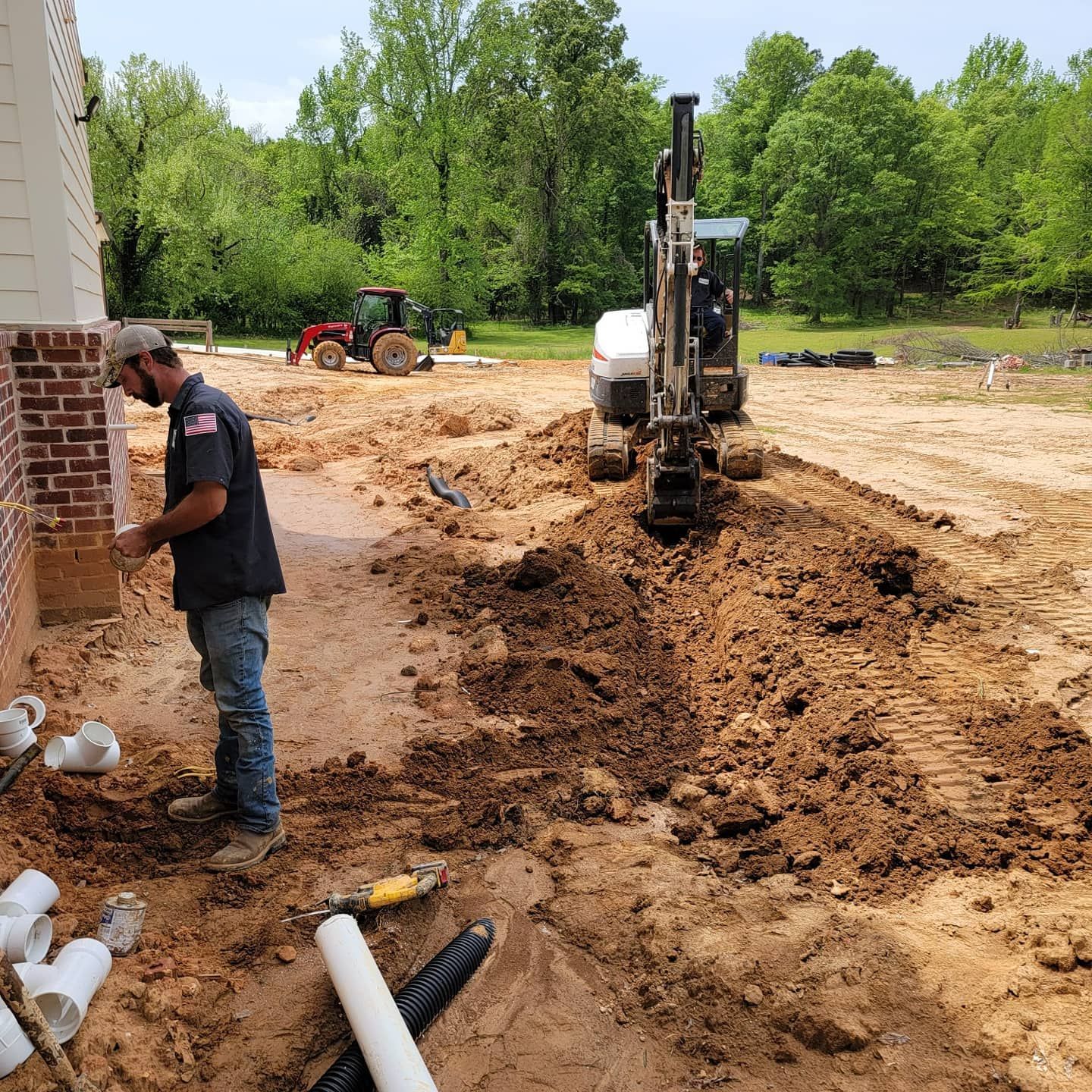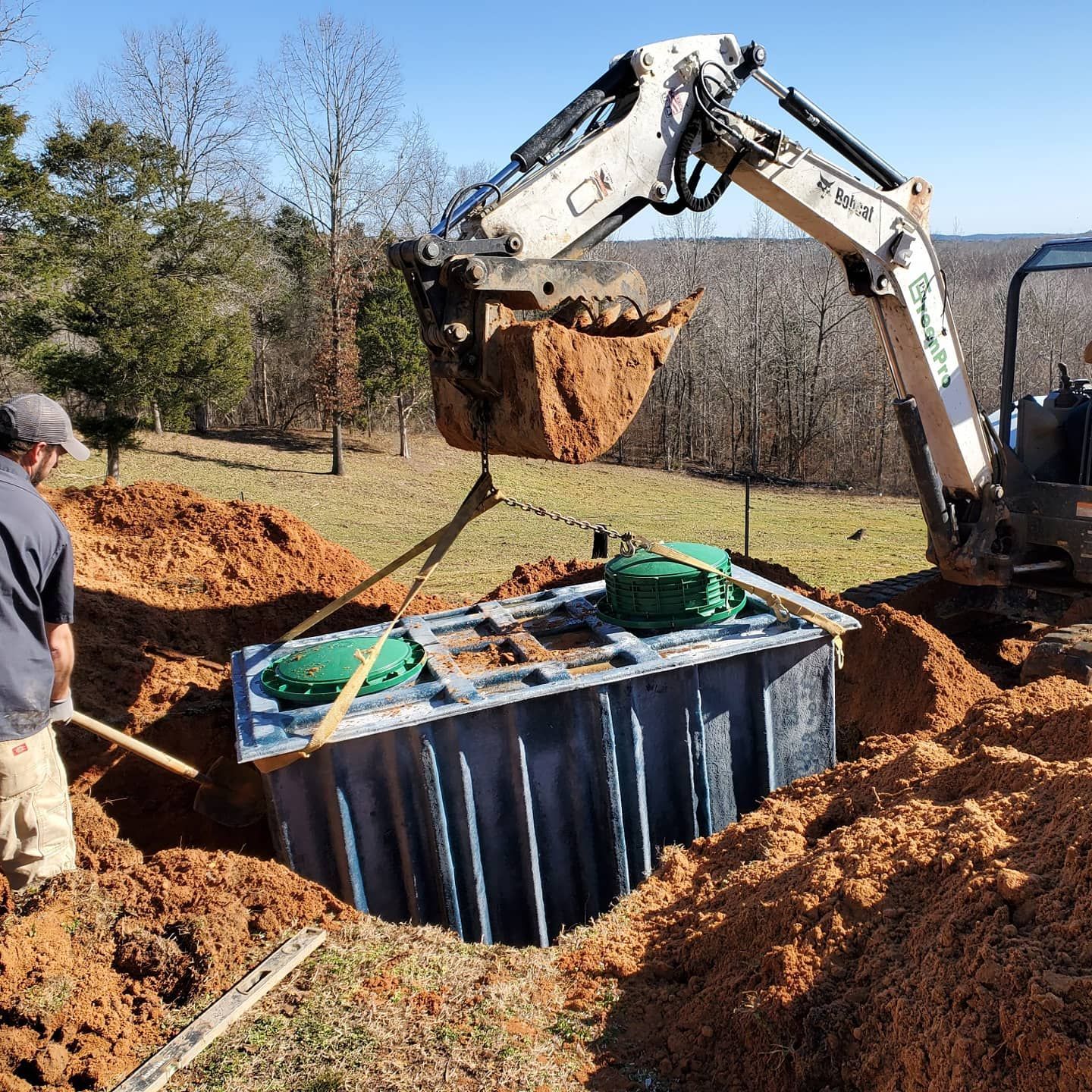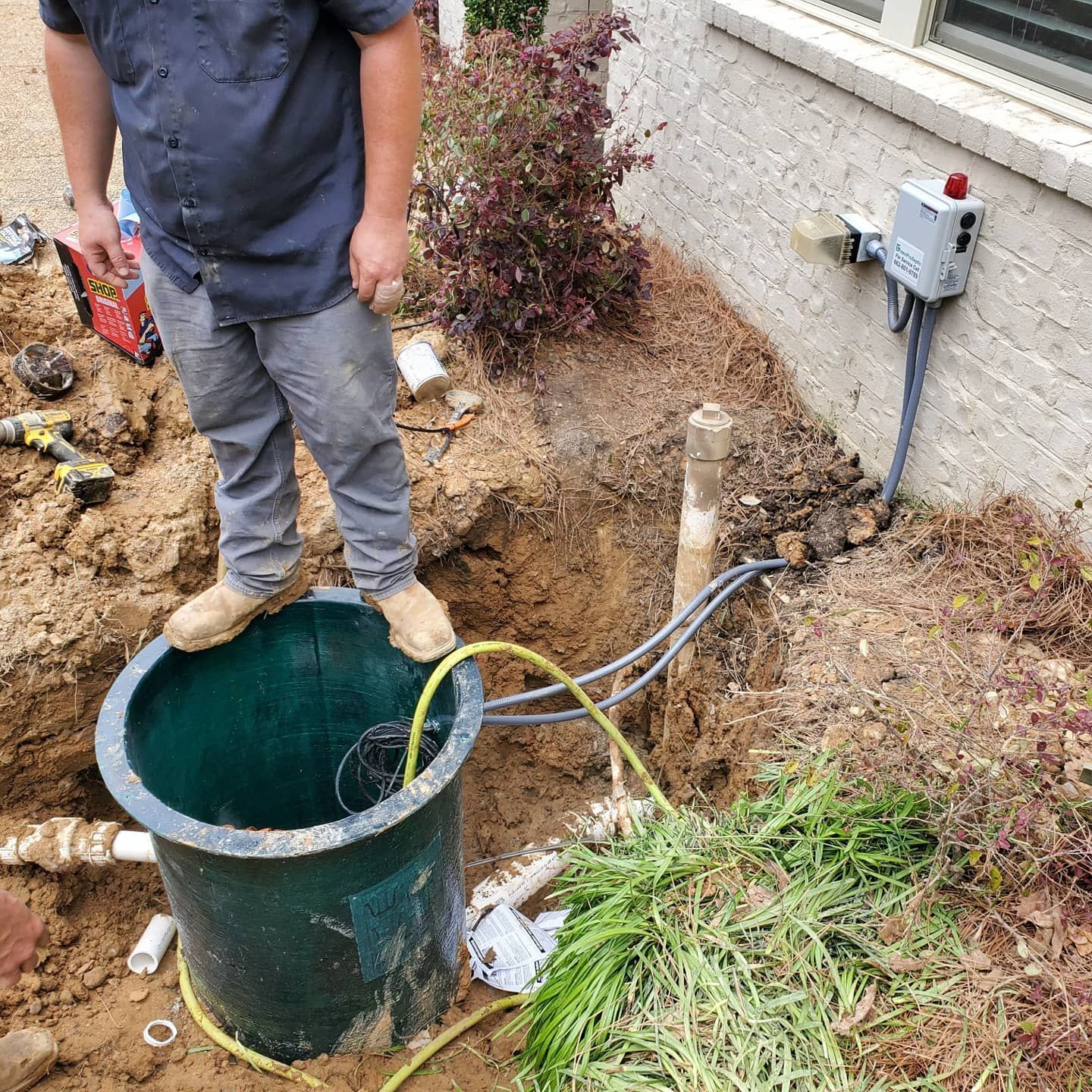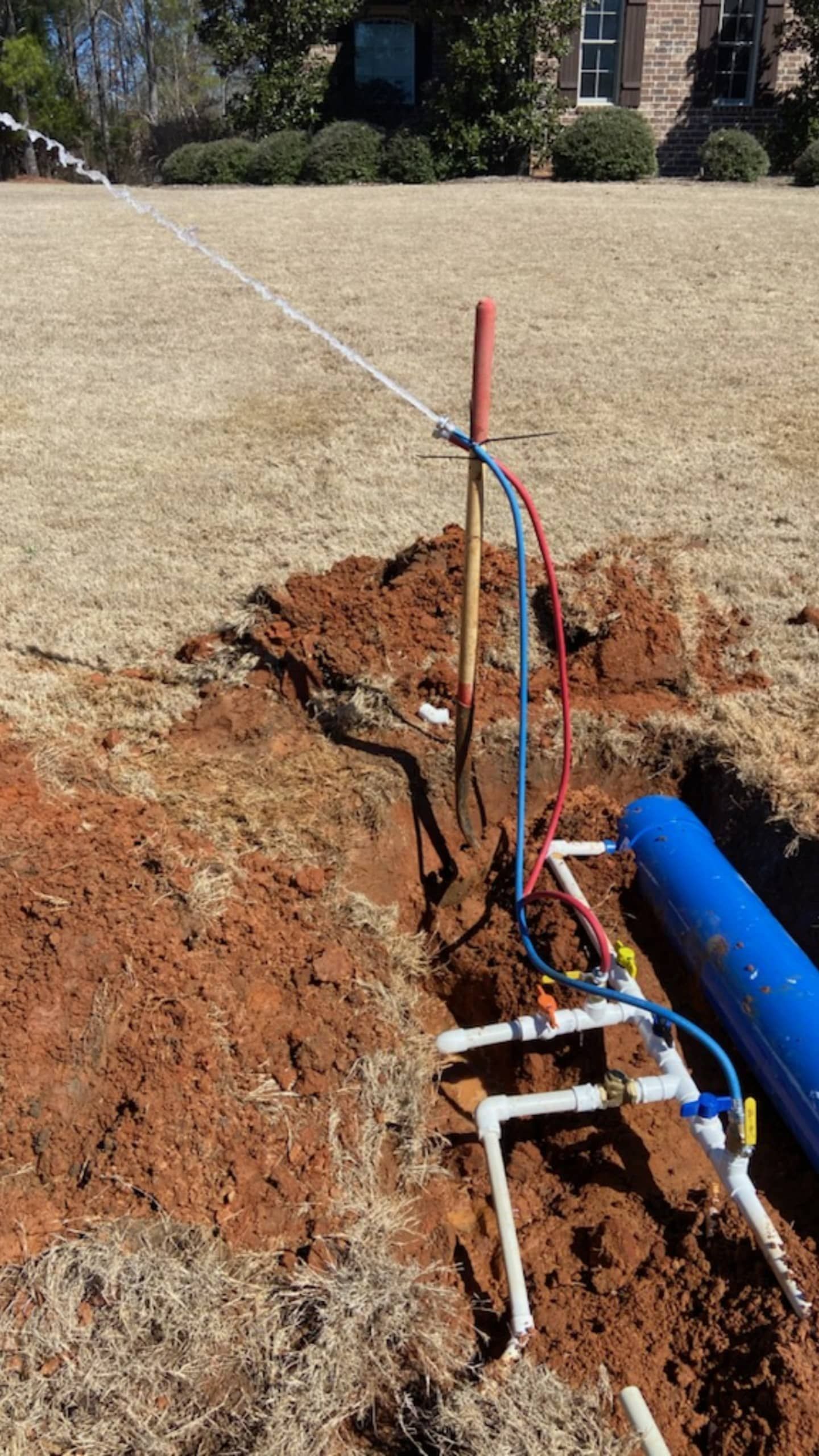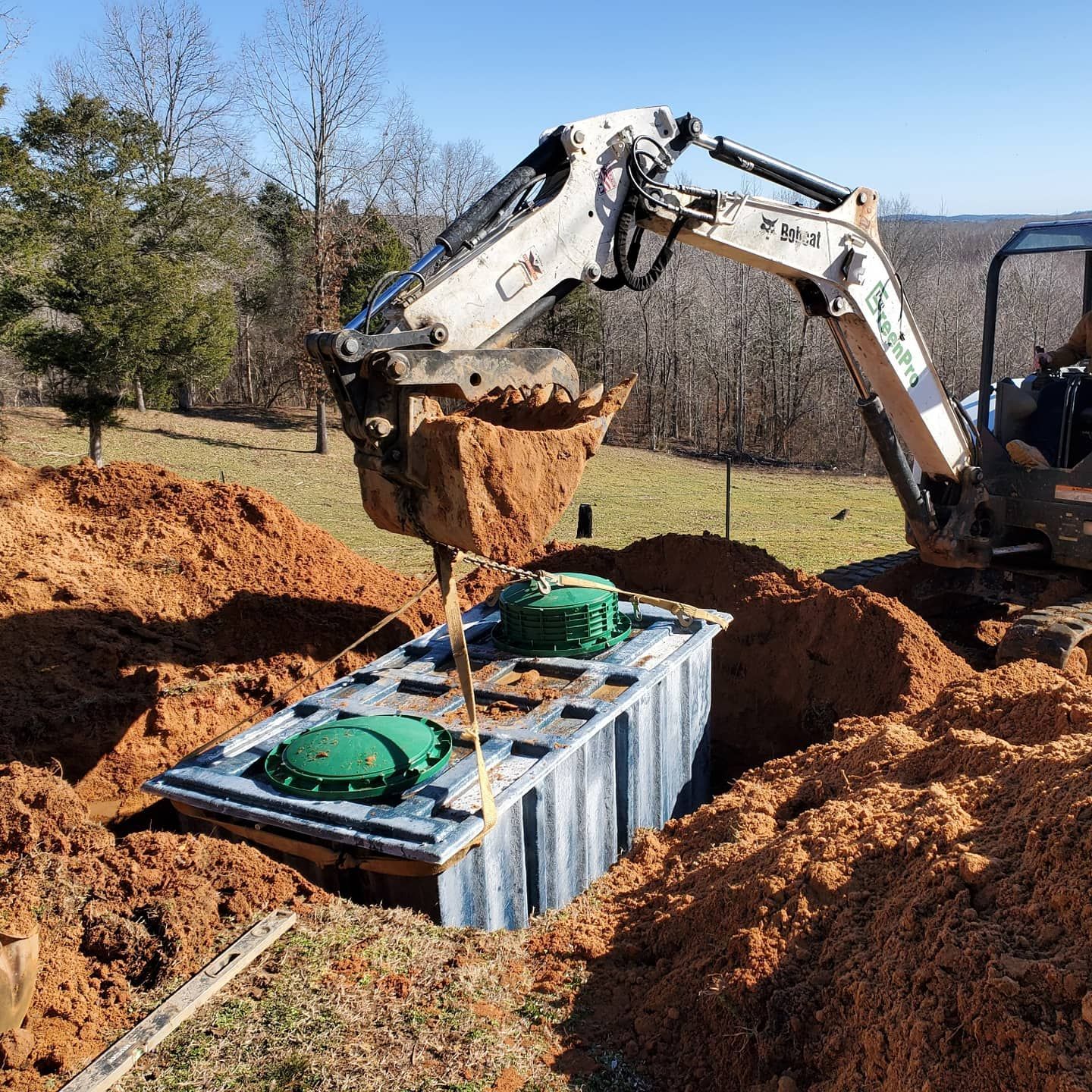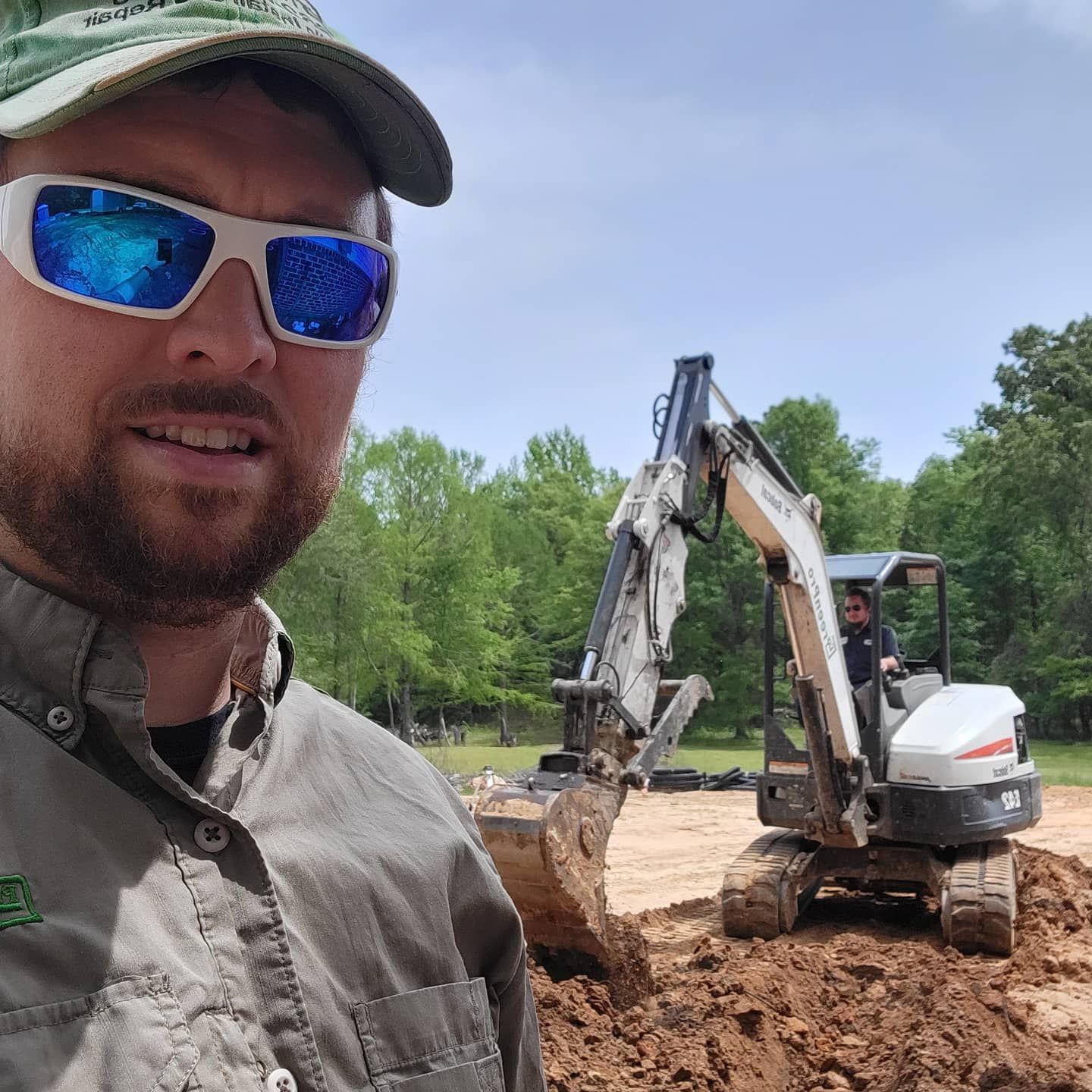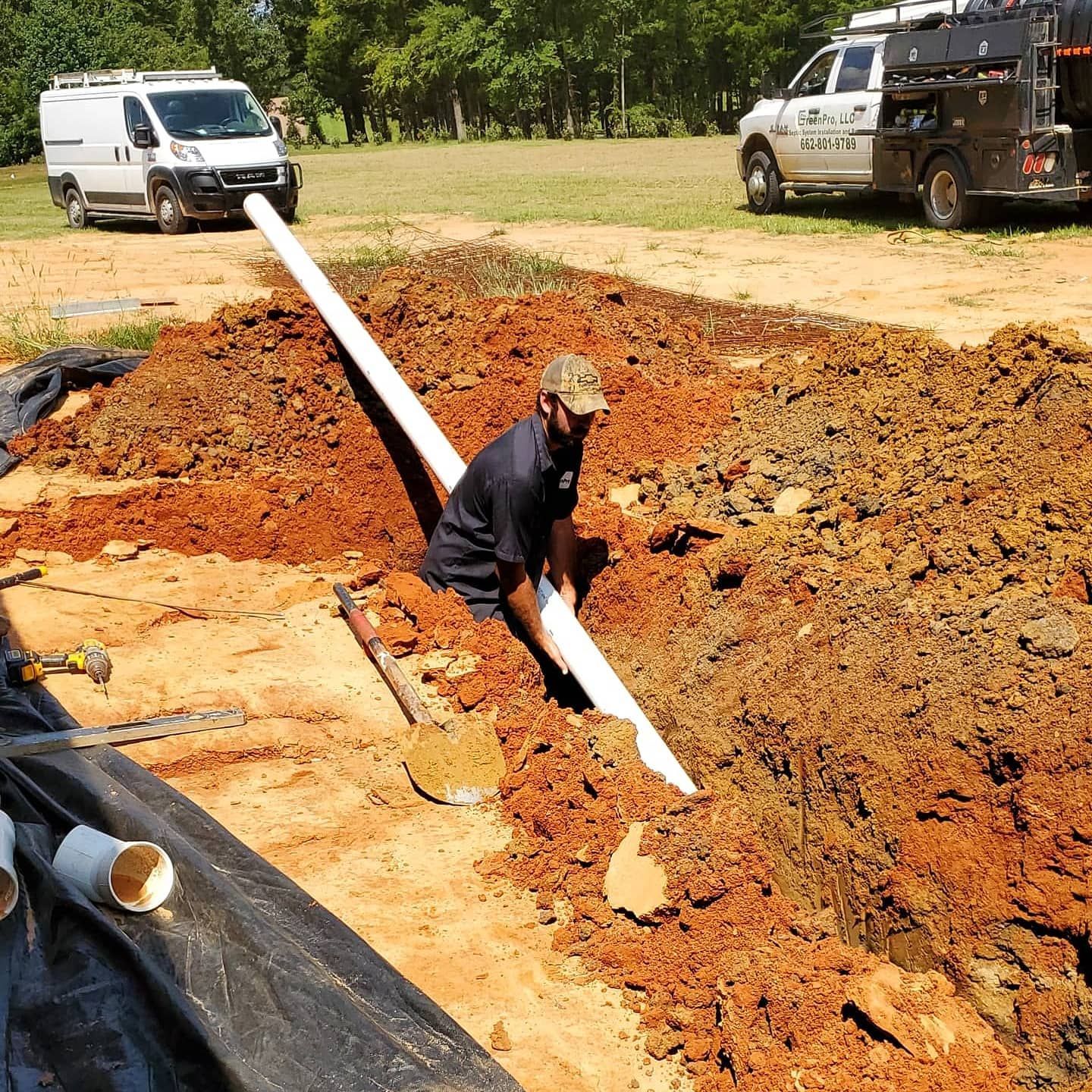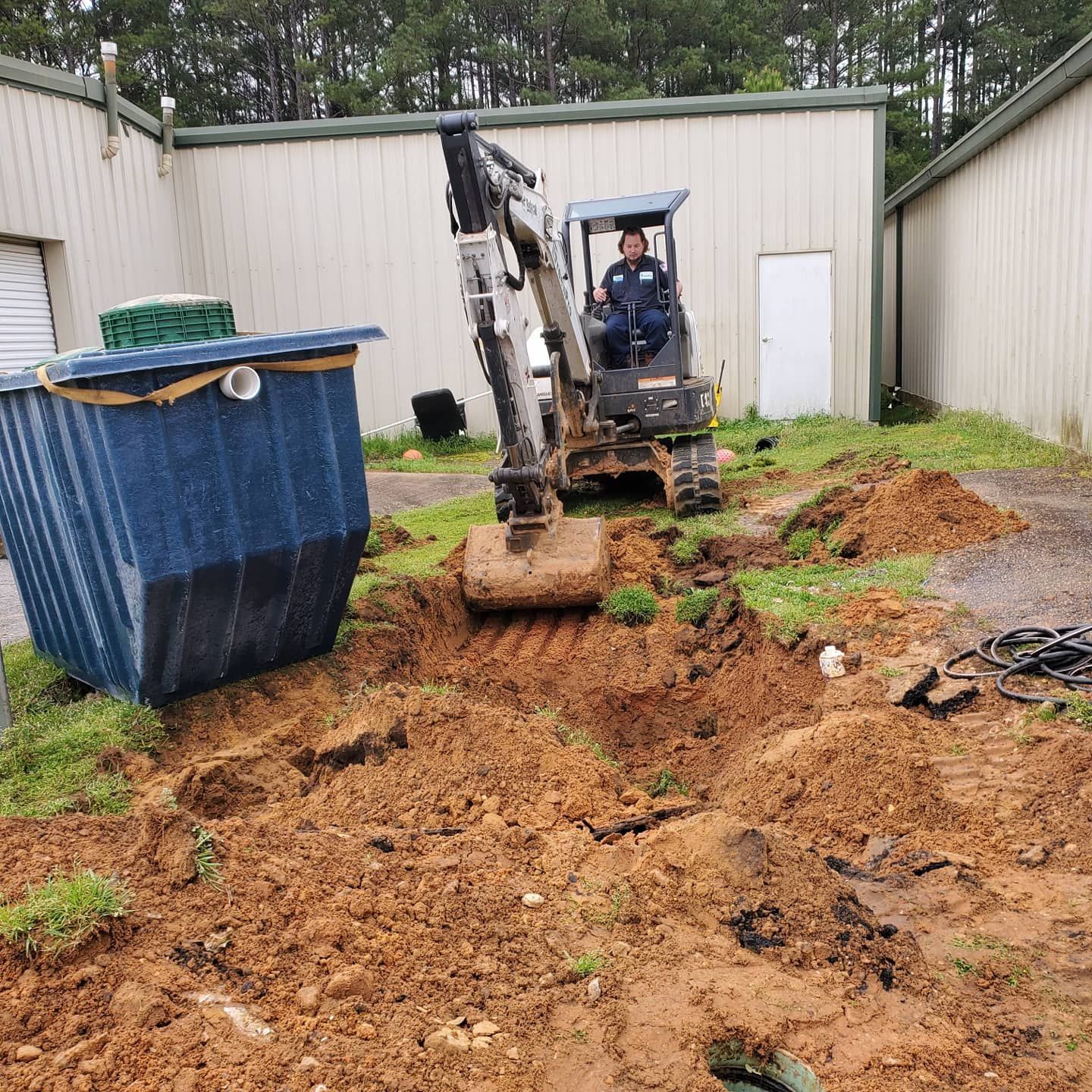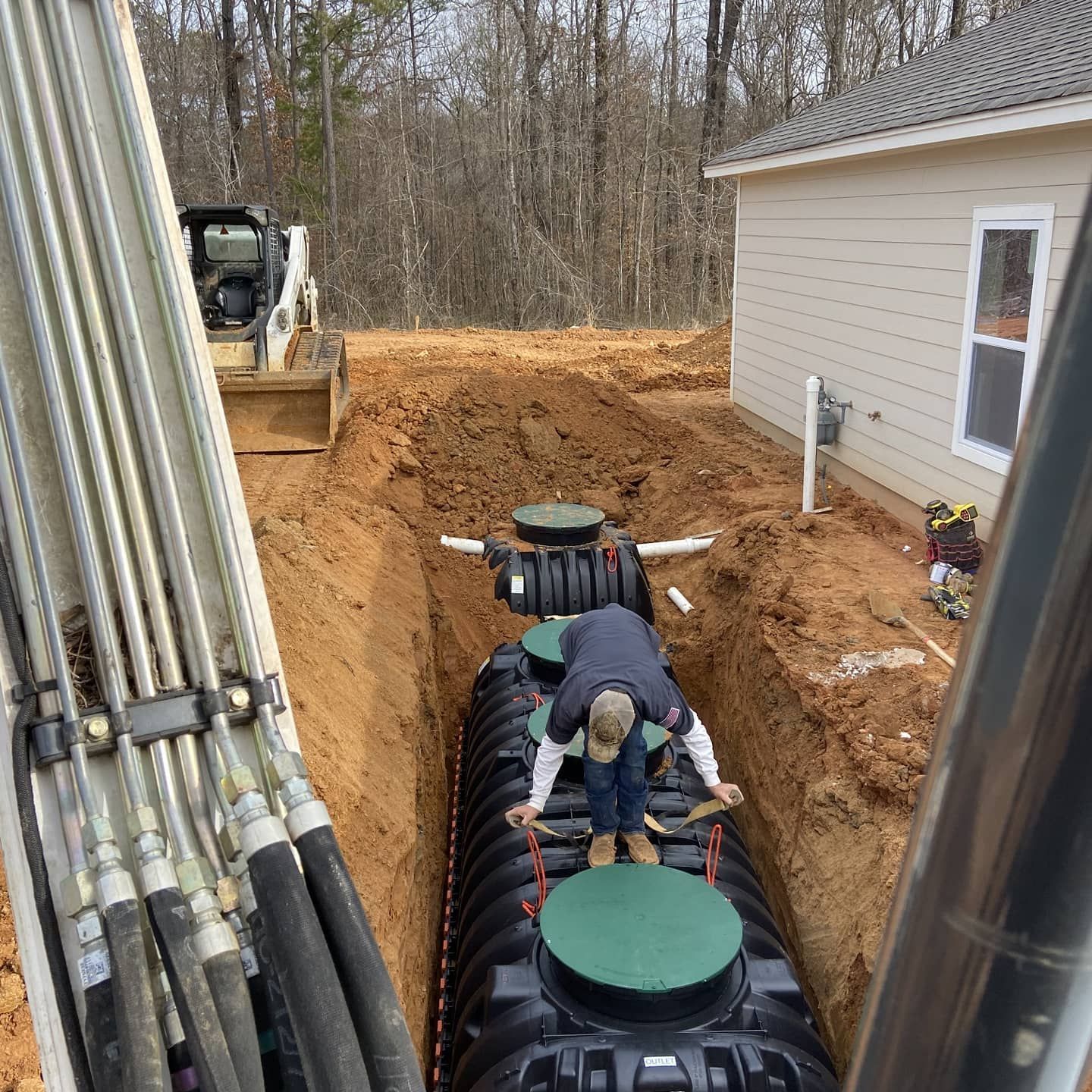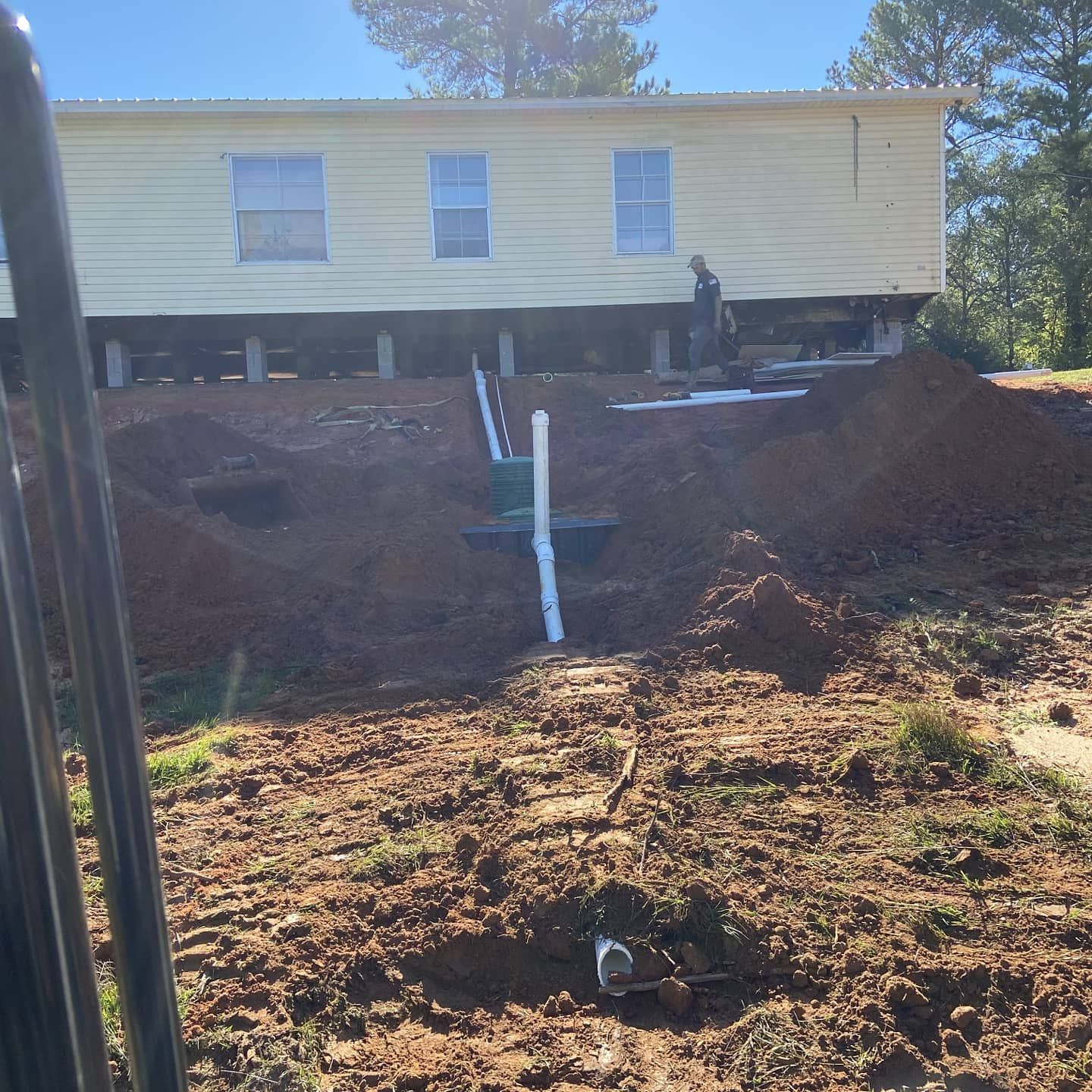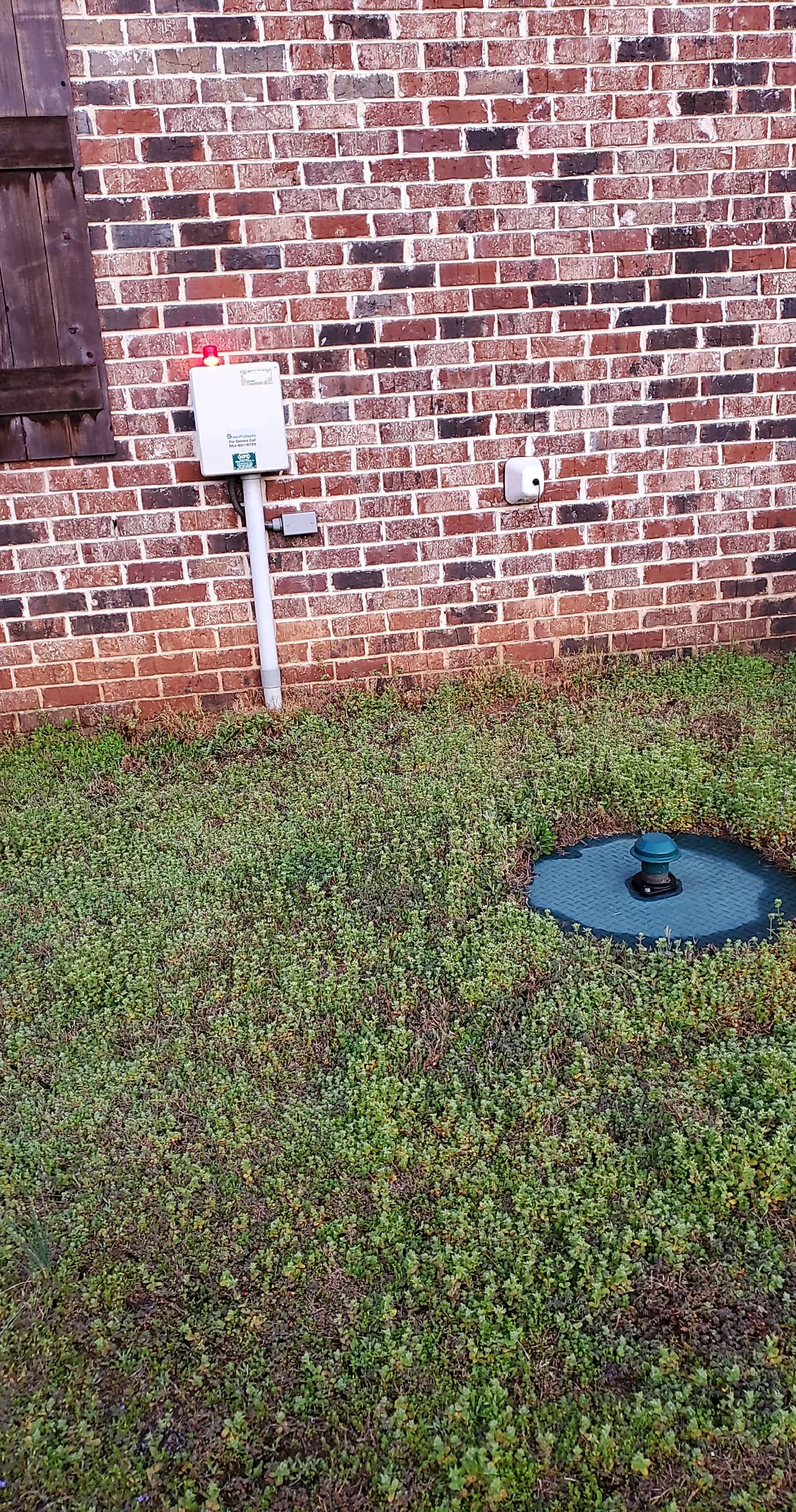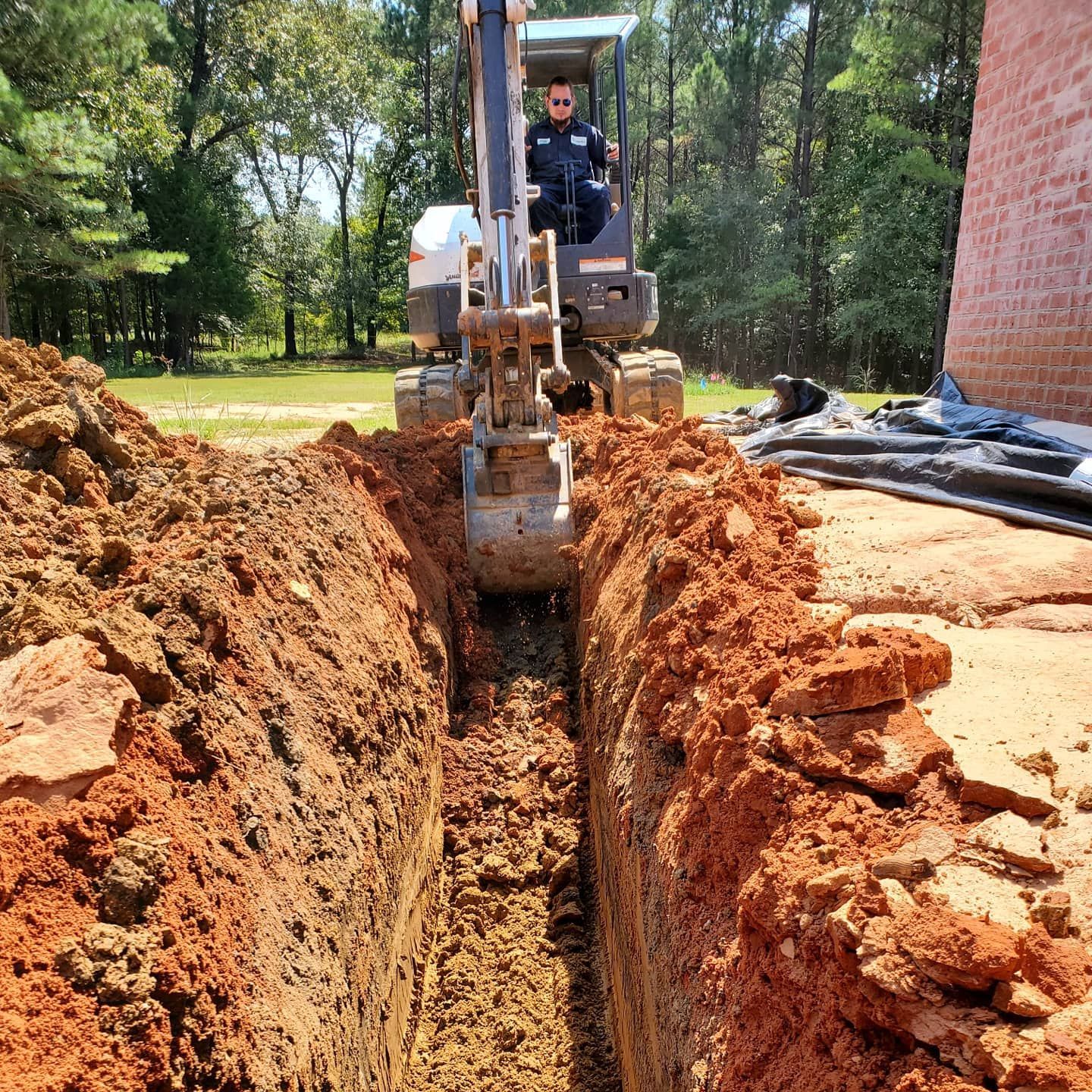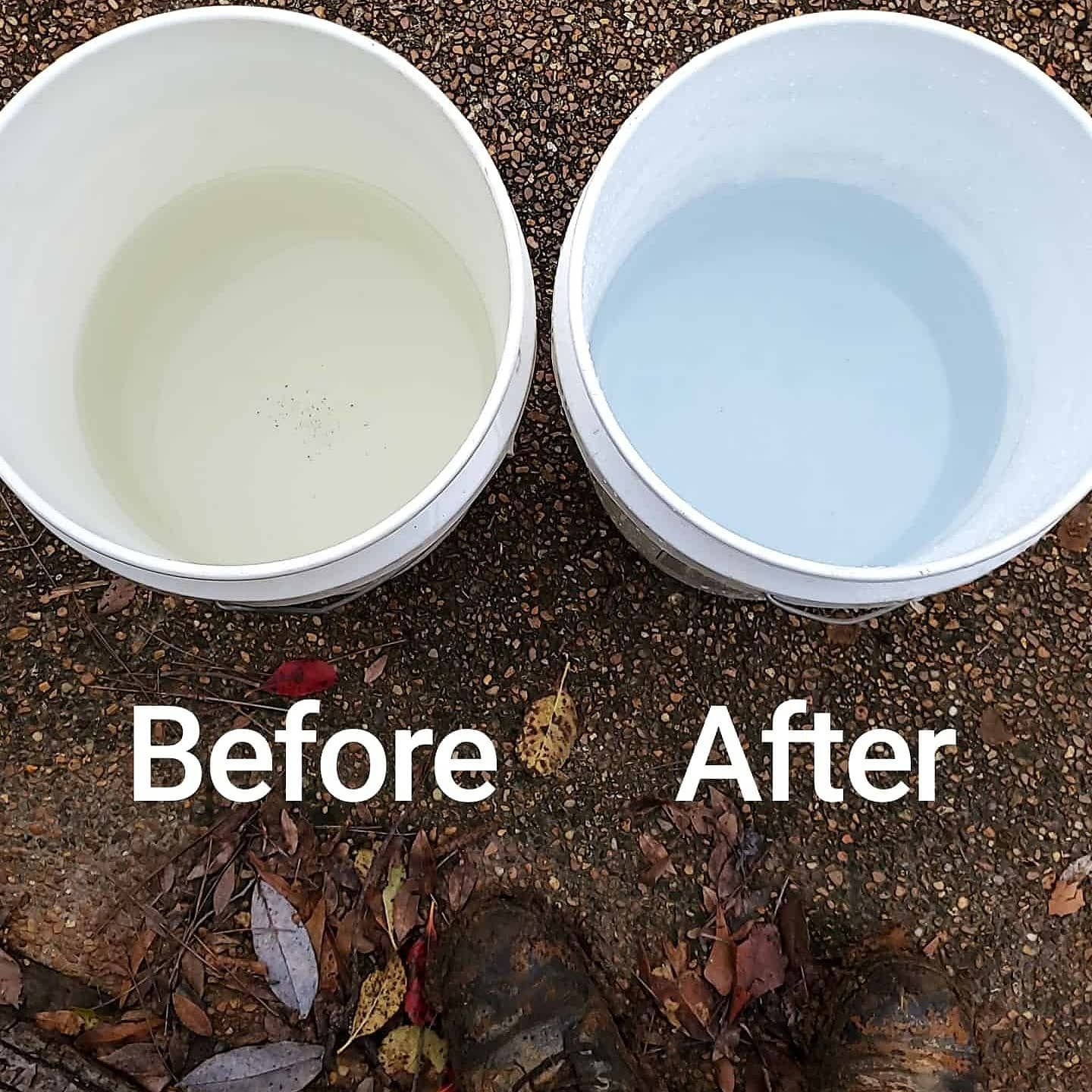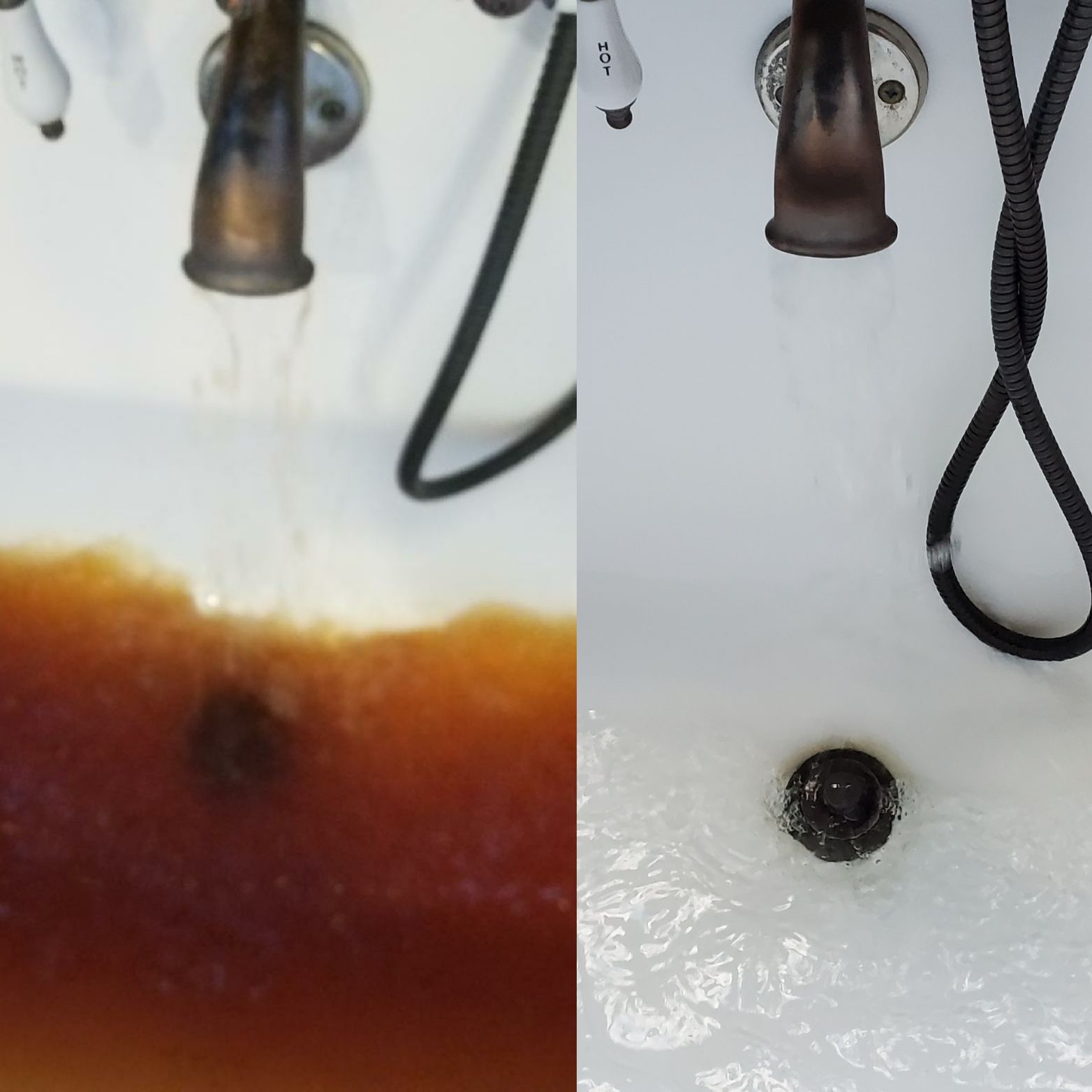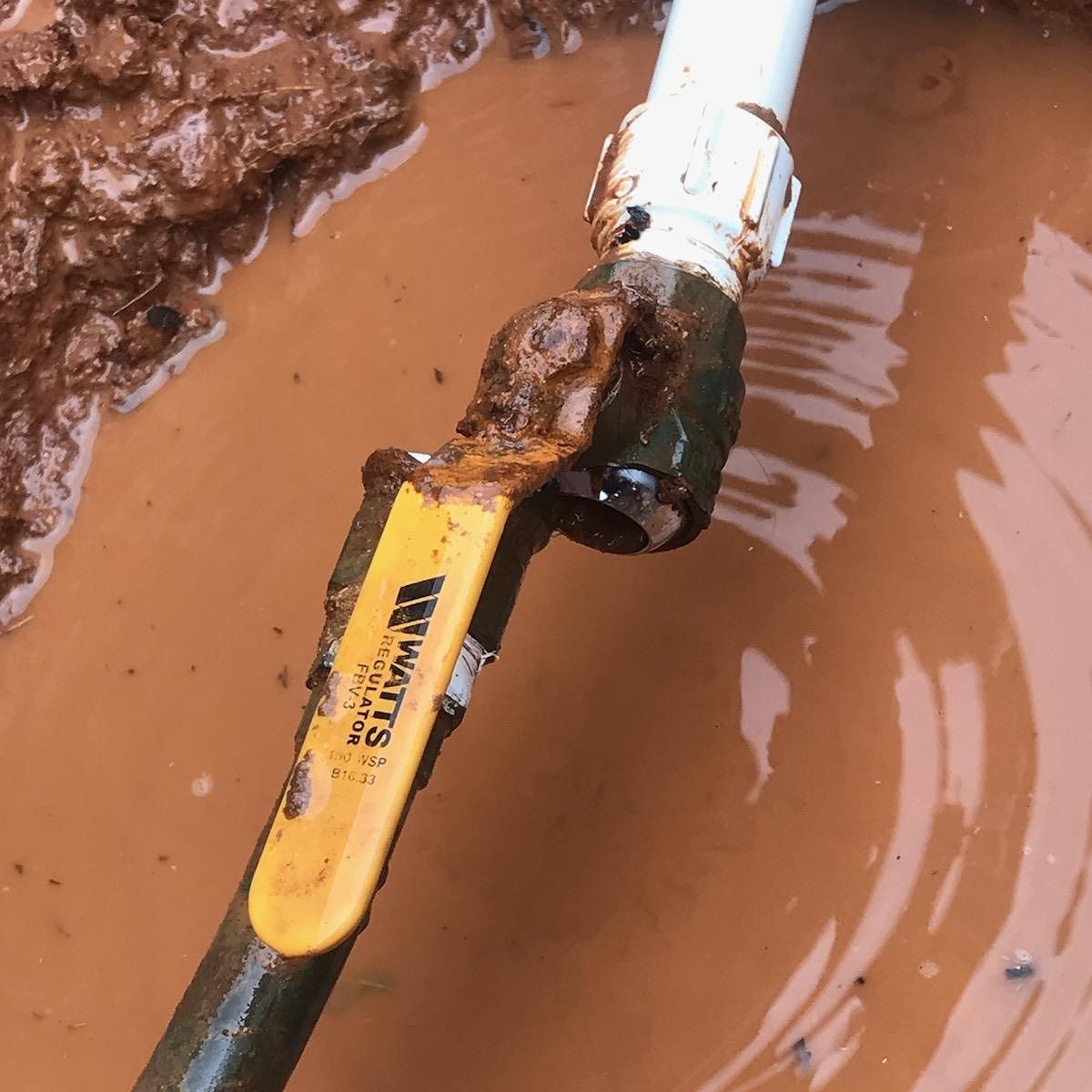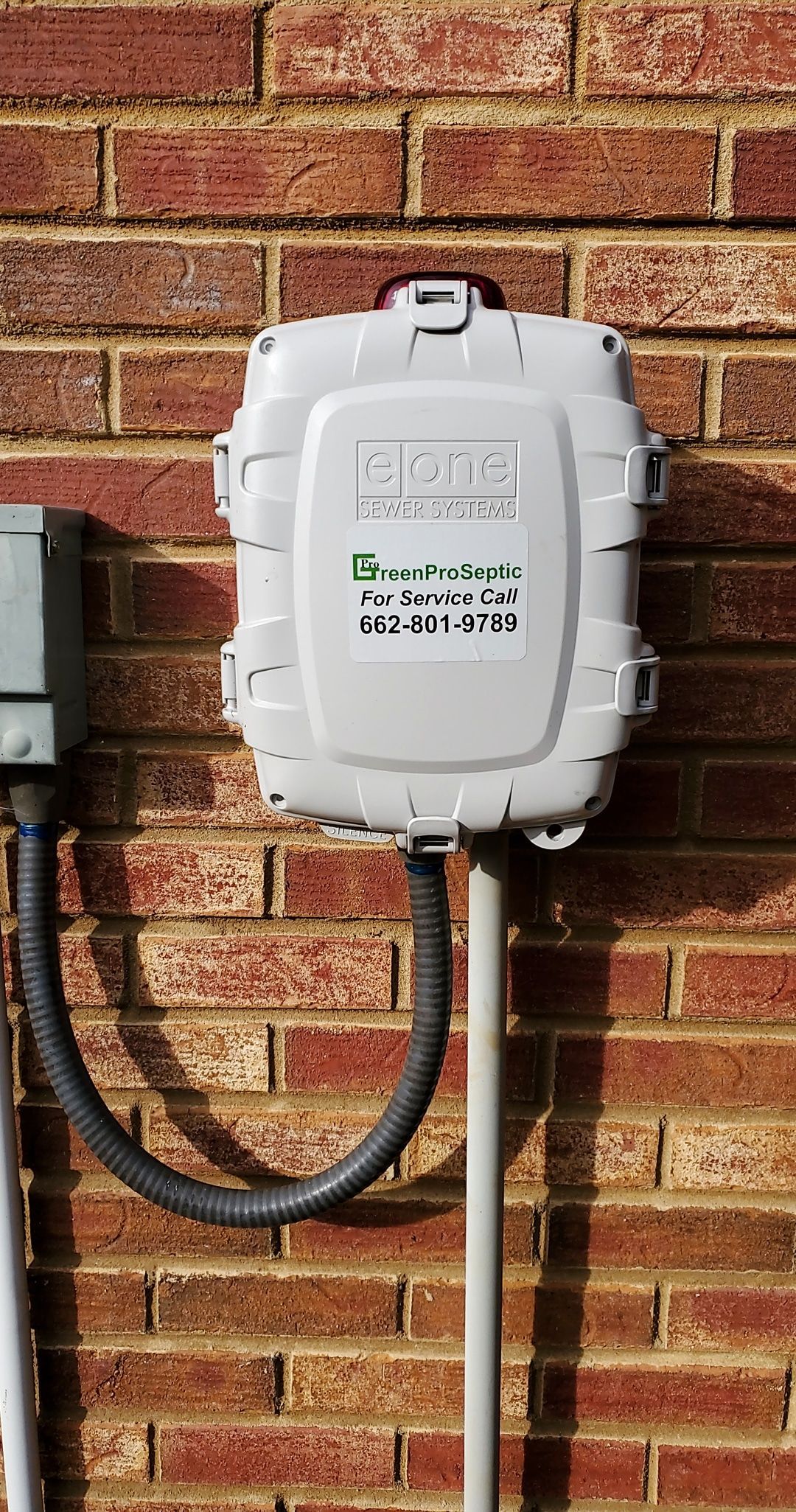Get in touch

How to Know When Your Septic Tank Needs to be Cleaned: Signs to Watch For
Jake Clemons • April 13, 2023
Signs that your septic tank needs to be cleaned
If you live in a home or building that relies on a septic system
for wastewater management, it's important to understand the signs that your septic tank
may need to be cleaned. A septic tank
that is not cleaned regularly can lead to backups, clogs, and other problems that can be expensive and inconvenient to fix. In this article, we'll take a closer look at septic tanks and how to know when they need to be cleaned.
What is a septic tank
and why does it need to be cleaned?
A septic tank
is an underground tank that is designed to collect and treat all the wastewater that comes from a home or building. As the wastewater enters the tank, solids and other materials sink to the bottom, forming a layer of sludge. Lighter materials, such as fats, oils, and grease, float to the top, forming a layer of scum. The liquid layer in the middle, called effluent, is released into the drain field, where it is naturally filtered and purified by the soil.
Over time, the sludge and scum layers in the septic tank
can build up, leading to clogs and backups. That's why it's important to have your septic tank cleaned
regularly to prevent these problems from occurring.
How often should you have your septic tank cleaned?
The frequency with which you should have your septic tank cleaned
depends on several factors, including the size of the tank, the number of people in your household, and your water usage. As a general rule, it's recommended that you have your septic tank cleaned
every couple of years. However, if you have a large household or use a lot of water, you may need to have your tank cleaned more frequently.
There are several signs that your septic tank may need to be cleaned. Here are some of the most common:
- Slow drains: If you notice that your sinks, showers, or toilets are draining slowly, it may be a sign that your septic tank is full and needs to be cleaned.
- Bad odors: If you smell foul odors coming from your drains or your yard, it may be a sign that your septic tank is full and the wastewater is not being properly treated.
- Backup: If wastewater is backing up into your home or building, it's a clear sign that your septic tank is full and needs to be cleaned as soon as possible.
- Lush grass: While it may seem counterintuitive, a patch of grass that is particularly lush and green may be a sign of a septic tank problem. This is because the effluent from the tank is acting as a fertilizer for the grass, indicating that it is not being properly filtered and purified by the soil.
What to do if you suspect your septic tank needs to be cleaned
If you notice any of the signs listed above, it's important to have your septic tank inspected and cleaned by a professional septic service provider such as GreenPro Septic Systems and Utilities in Mississippi
as soon as possible. Delaying septic system maintenance
can lead to more serious problems, such as system failure or contamination of your groundwater supply.
In conclusion, knowing when to have your septic tank cleaned
is an important part of maintaining your septic system
and avoiding costly repairs. By watching for the signs listed above and having your septic tank cleaned regularly, you can help ensure that your septic system
lasts for many many years..
View more
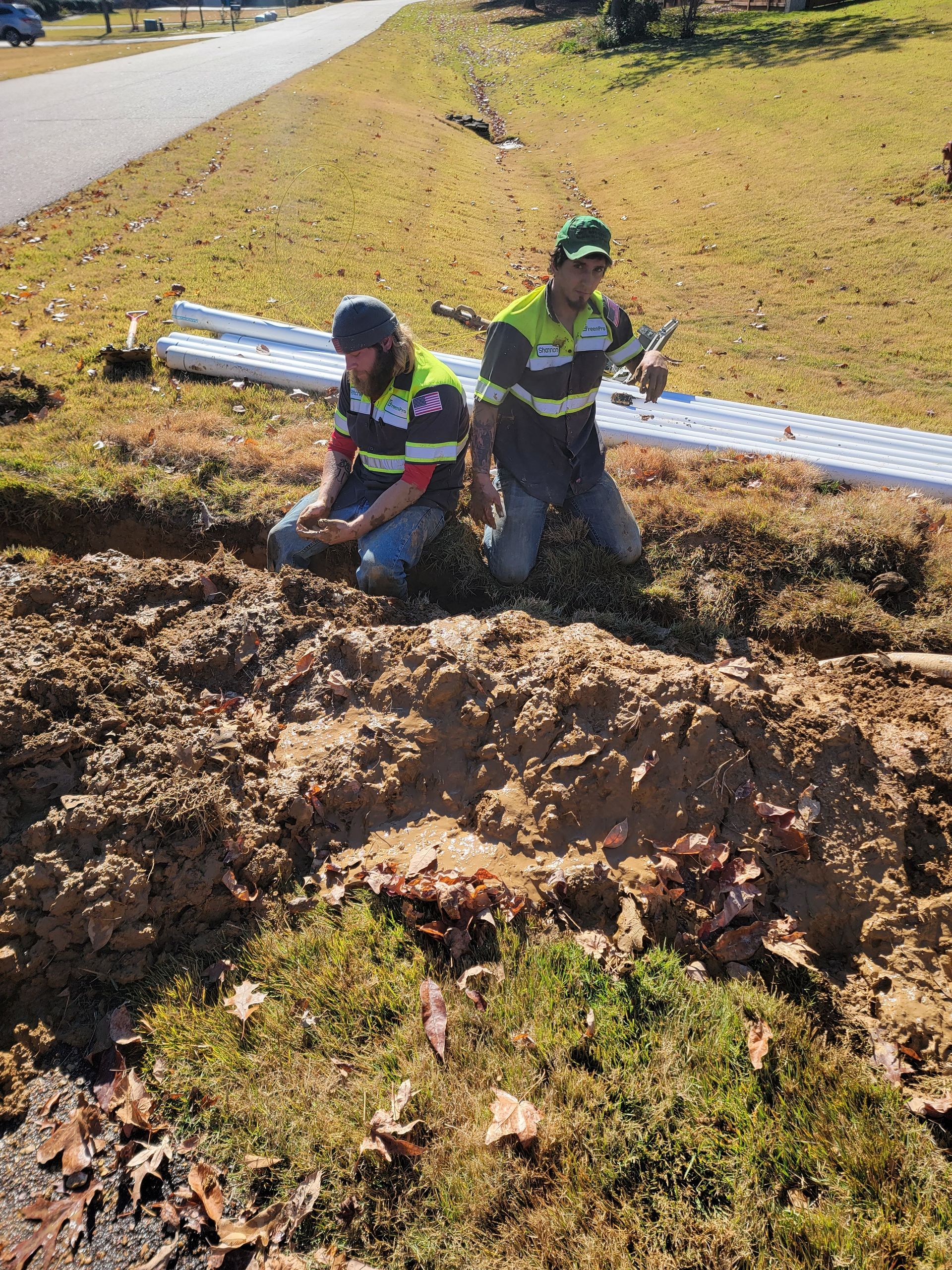
April 9, 2025
Regular septic tank cleaning is essential for maintaining hygiene and preventing system failure in Batesville, MS. Over time, solid waste and sludge accumulate in the tank, reducing its capacity and hindering proper wastewater treatment. Professional septic tank cleaning services remove accumulated debris, ensuring optimal system performance and preventing costly repairs. In this guide, we'll explore the importance of septic tank cleaning in Batesville, MS, and provide valuable insights into the process and benefits of professional cleaning services. Understanding the Importance of Septic Tank Cleaning: Septic tank cleaning is a vital maintenance task that helps prevent system backups, odors, and environmental contamination. As wastewater flows into the septic tank, solid waste settles at the bottom, forming sludge, while lighter materials, such as grease and scum, float to the surface. Over time, these layers of waste accumulate, reducing the tank's effective capacity and impeding the treatment process. Regular cleaning removes accumulated solids, preventing blockages and ensuring efficient wastewater treatment. Signs That Your Septic Tank Needs Cleaning: Several signs indicate that your septic tank requires cleaning, including slow drains, sewage backups, foul odors, and lush vegetation near the drain field. Additionally, if it's been more than three to five years since your last cleaning, it's advisable to schedule a professional inspection and cleaning to prevent system failure. By being proactive and addressing signs of potential issues promptly, property owners can avoid costly repairs and ensure the longevity of their septic systems. Professional Septic Tank Cleaning Process: Professional septic tank cleaning involves several steps to ensure thorough removal of accumulated solids and debris. The process begins with locating and accessing the septic tank's access ports or inspection risers. Specialized equipment, such as vacuum trucks or pump-out trucks, is used to extract sludge and scum from the tank. High-pressure water jets may also be employed to agitate and dislodge stubborn deposits. Once the tank is empty, it's inspected for signs of damage or deterioration, and any necessary repairs or maintenance tasks are performed. Benefits of Professional Cleaning Services: Hiring a professional septic tank cleaning company offers numerous benefits for property owners in Batesville, MS. Professional cleaners have the expertise, equipment, and experience to safely and effectively remove accumulated solids from the tank. Regular cleaning prevents system backups, odors, and environmental contamination, ensuring the continued reliability and performance of the septic system. Additionally, professional cleaners can identify and address any issues or potential problems during the cleaning process, minimizing the risk of costly repairs down the road. Importance of Regular Maintenance: In addition to regular cleaning, ongoing maintenance is essential for the proper functioning of septic systems in Batesville, MS. Property owners should adhere to recommended maintenance schedules, including periodic inspections, pumping, and tank cleaning, to ensure the longevity and reliability of their systems. By investing in regular maintenance and professional cleaning services, property owners can protect their investment, preserve the environment, and safeguard public health. Conclusion: Septic tank cleaning is a crucial aspect of septic system maintenance in Batesville, MS, ensuring proper hygiene, environmental protection, and system longevity. By understanding the importance of regular cleaning, recognizing signs that indicate the need for cleaning, and investing in professional cleaning services, property owners can ensure the continued reliability and performance of their septic systems for years to come. With proactive maintenance and professional assistance, maintaining hygiene and preventing system failure becomes a manageable task for property owners in Batesville, MS.
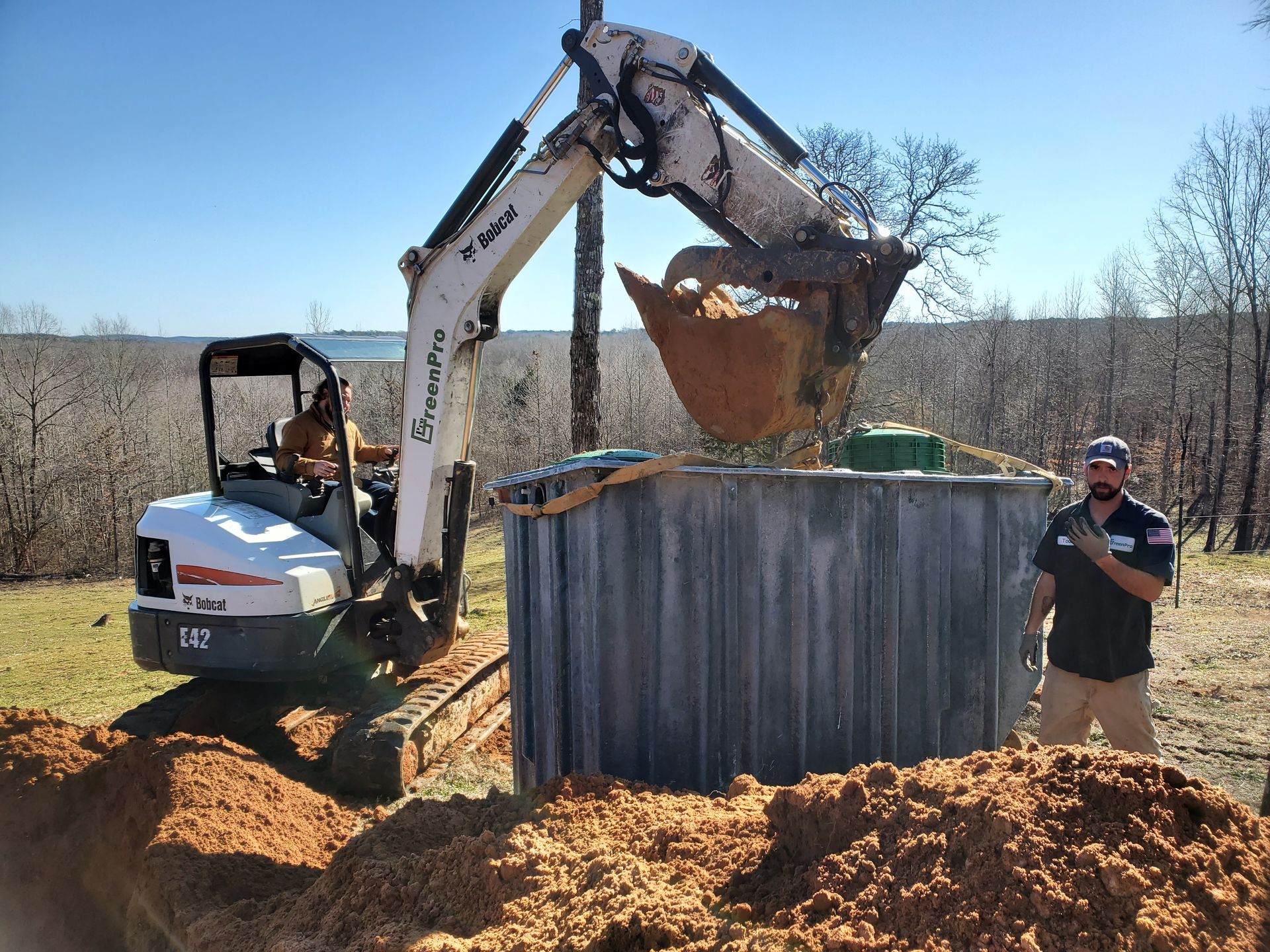
April 2, 2025
Maintaining a properly functioning septic system is crucial for homeowners in Oxford, MS, to ensure the health and safety of their households and the environment. Professional septic system service plays a vital role in this process, providing essential maintenance and repairs to keep systems running smoothly. In this article, we'll explore the importance of septic system service in Oxford, MS, and the key tasks involved in ensuring smooth operations. Regular Inspections: Regular inspections are essential for identifying potential issues with septic systems before they escalate into costly repairs or failures. Professional septic system service providers in Oxford, MS, conduct thorough inspections of tanks, drain fields, and other components to check for signs of damage, leaks, or clogs. By identifying problems early, homeowners can avoid major disruptions and costly repairs. Pumping and Cleaning: Septic tank pumping and cleaning are necessary maintenance tasks to remove accumulated solids and prevent blockages. Professional septic system service companies in Oxford, MS, offer expert pumping and cleaning services to ensure optimal system performance. Regular pumping and cleaning help prevent backups, odors, and system failures, promoting the longevity of septic systems. Repairs and Upgrades: In addition to routine maintenance, septic system service providers in Oxford, MS, offer repairs and upgrades to address any issues with existing systems and improve their efficiency. Whether it's repairing a damaged tank, replacing faulty components, or upgrading to more advanced technologies, professional service providers can handle a wide range of septic system repairs and upgrades. Drain Field Maintenance: The drain field is a critical component of a septic system, responsible for filtering and treating wastewater before it returns to the environment. Proper maintenance of the drain field is essential to prevent issues such as clogging, saturation, or contamination. Professional septic system service in Oxford, MS, includes regular inspections and maintenance of drain fields to ensure their proper functioning. Emergency Services: Septic system emergencies can occur unexpectedly and require immediate attention to prevent further damage or health hazards. Professional septic system service providers in Oxford, MS, offer emergency services to address urgent issues such as backups, leaks, or system failures. Having access to reliable emergency services provides homeowners with peace of mind and ensures prompt resolution of septic system problems. Conclusion: Professional septic system service is essential for maintaining the health, safety, and functionality of septic systems in Oxford, MS. From regular inspections and pumping to repairs, upgrades, and emergency services, professional service providers play a crucial role in ensuring smooth operations and prolonging the lifespan of septic systems. Contact us today to schedule your septic system service and keep your system running smoothly.

March 26, 2025
Septic tank pumping is a crucial maintenance task for homeowners in Batesville, MS, ensuring the proper functioning of their septic systems and preventing costly issues. Over time, solid waste and sludge accumulate in the septic tank, reducing its capacity and potentially leading to backups and system failure. Regular pumping removes accumulated solids, allowing the tank to continue effectively treating wastewater. In this guide, we'll explore the importance of septic tank pumping in Batesville, MS, and provide valuable insights into the process and benefits of this essential maintenance task. Preventing System Backups and Failures: One of the primary reasons for septic tank pumping is to prevent system backups and failures. As solid waste builds up in the tank, it can eventually reach the level of the outlet pipe, causing wastewater to back up into the home or overflow onto the property. This can result in costly repairs, property damage, and potential health hazards. Regular pumping removes accumulated solids, ensuring that the tank has sufficient capacity to continue effectively treating wastewater and preventing backups. Protecting the Environment: Proper septic tank maintenance, including regular pumping, is essential for protecting the environment in Batesville, MS. When septic tanks become overloaded with solids, untreated wastewater may leak into the surrounding soil and groundwater, contaminating local water sources and posing a risk to public health. By regularly pumping their tanks, homeowners can prevent environmental contamination and preserve the quality of local water resources. Extending the Lifespan of the Septic System: Regular septic tank pumping can help extend the lifespan of the septic system in Batesville, MS. Overloaded septic tanks are more likely to experience mechanical failures, such as pump malfunctions or drain field problems, which can necessitate costly repairs or even system replacement. By removing accumulated solids on a regular basis, homeowners can reduce the strain on their septic systems, prolonging their operational lifespan and minimizing the need for expensive repairs. Ensuring Proper Wastewater Treatment: Septic tanks are designed to separate solids from wastewater and facilitate the natural breakdown of organic matter by beneficial bacteria. When the tank becomes overloaded with solids, this process is hindered, leading to incomplete treatment of wastewater and potential environmental pollution. Regular pumping removes accumulated solids, allowing the tank to function properly and ensuring the effective treatment of wastewater before it is released into the soil. Compliance with Regulatory Requirements: In Batesville, MS, homeowners may be subject to regulatory requirements regarding septic system maintenance and pumping frequency. Failing to adhere to these requirements can result in fines, penalties, or legal action. By scheduling regular septic tank pumping according to local regulations and guidelines, homeowners can ensure compliance with applicable laws and regulations, avoiding potential legal issues and financial consequences. Conclusion: Septic tank pumping is a vital maintenance task for homeowners in Batesville, MS, ensuring the proper functioning of their septic systems and protecting the environment. By removing accumulated solids on a regular basis, homeowners can prevent system backups and failures, extend the lifespan of their septic systems, and ensure proper wastewater treatment. With proactive maintenance and regular pumping, homeowners can enjoy peace of mind knowing that their septic systems are operating efficiently and effectively.
Serving all of North Mississippi
181 MS-6, Oxford, MS 38655,
United States of America
- Mon - Sun
- Open 24 Hours
How Can We Help?
Thank you for contacting us.
We will get back to you as soon as possible.
We will get back to you as soon as possible.
Oops, there was an error sending your message.
Please try again later.
Please try again later.
© 2025
All Rights Reserved | GreenPro | Privacy Policy | Site Creds
